Luxembourg’s financial and expat communities












Luxembourg’s financial and expat communities











Three economic issues have been on my mind lately. First, indexation. Bosses don’t like the system where employees automatically get a 2.5% salary hike to match inflation. Corporate HQs located outside Luxembourg have no sympathy, putting local budgets under pressure. Not to mention the actual cost, which can put margins under severe pressure.
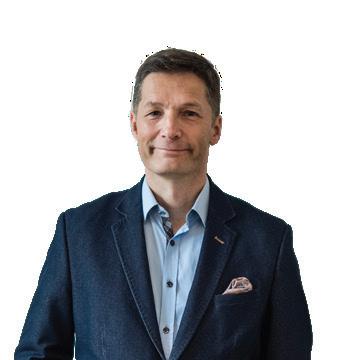
TUESDAY 18 JUNE
Then there’s the question of fairness. Is it fair that high earners get the same 2.5% raise as those on the minimum wage? That’s highly debatable. But when everyone benefits, everyone backs the system, which concentrates support for Luxembourg’s wider social contract. And there’s no doubt that low-income workers, hardest hit by rising consumer prices, rightly benefit from indexation. Perhaps the index could be introduced in tranches, based on gross salary. Surely there’s a compromise to be found.
Financial sector bosses complain of gold-plated regulation in the grand duchy. That means that the highest conceivable interpretations are applied locally to EU and international regulations. That gives other jurisdictions, which apply a more literal standard, a competitive advantage. I am all for less red tape and more simplification.
But while some may think Luxembourg has shaken off its reputation as a tax haven, the reality is that for many the grand duchy still evokes the image of Belgian dentists hauling suitcases up to boulevard Royal (or worse). Perhaps the sector should embrace high standards as a PR advantage. At the same time, maybe some of the box-ticking exercises can be downgraded to silver-plating.
Then there’s housing. It represents a huge part of the economy and a huge part of most people’s personal financial picture. Costs keep rising and supply keeps tightening. Little has improved after years of (probably too unambitious) initiatives. Housing is already a recruitment and retention challenge. When will it reach breaking point?
Au cœur de la Ville de Luxembourg
À 600 mètres de la Place de l’Étoile
Du studio au penthouse

LIVRAISON 2026
3 maisons unifamiliales et 3 résidences
Architecture contemporaine
À seulement 10 km de Luxembourg-ville

LIVRAISON 2026

LIVRAISON 2024
Appartements de 1 à 3 chambres
Situation calme à 6 km de la Ville de Luxembourg
À proximité de l’école Européenne et du Lycée Josy Barthel

LIVRAISON 2026
Résidence de 6 appartements
Vue extraordinaire sur les prés
À 8 minutes de la Ville de Luxembourg

08 YVES STEIN
“A banking sector our children aspire to work in”
12 FLORIAN DUMAS
Fintech startup founder says Excel is his biggest competitor
14 DIANA SENANAYAKE How fund services provider IQ-EQ has managed its growing pains
72 EU TAX RULES
Dac8 brings crypto assets into tax information exchange system
BUSINESS
10 BJORN TREMMERIE
“The best way to foresee the future is to invent it”
68 HUMAN RESOURCES What exactly is ‘workplace flexibility’?
80 PORTFOLIO Meet 9 European Parliament candidates
90 ANALYSIS Why the housing market will remain subdued in 2024
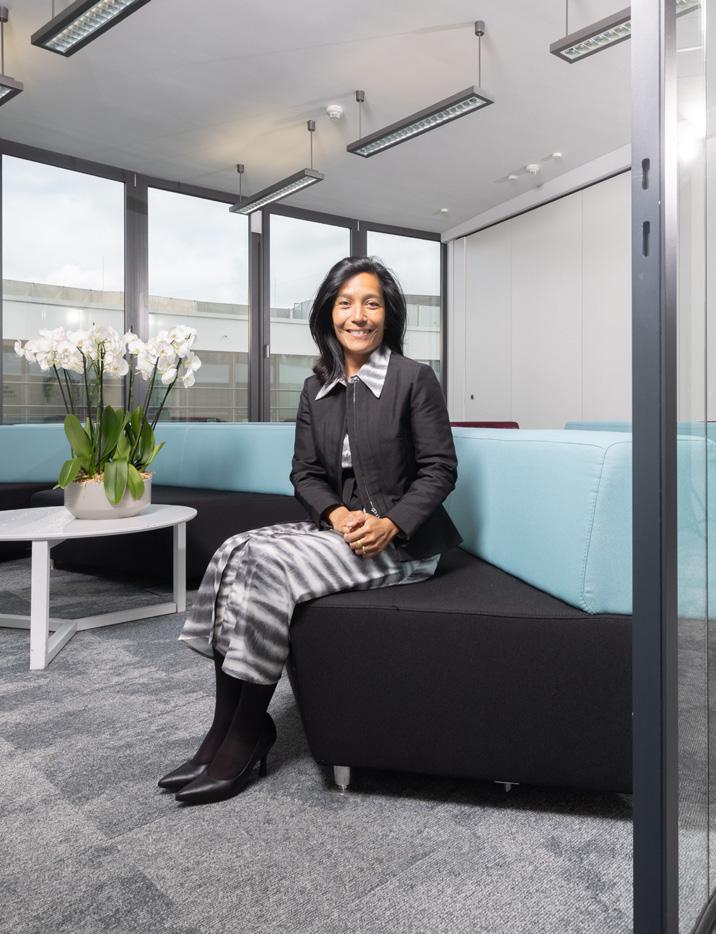
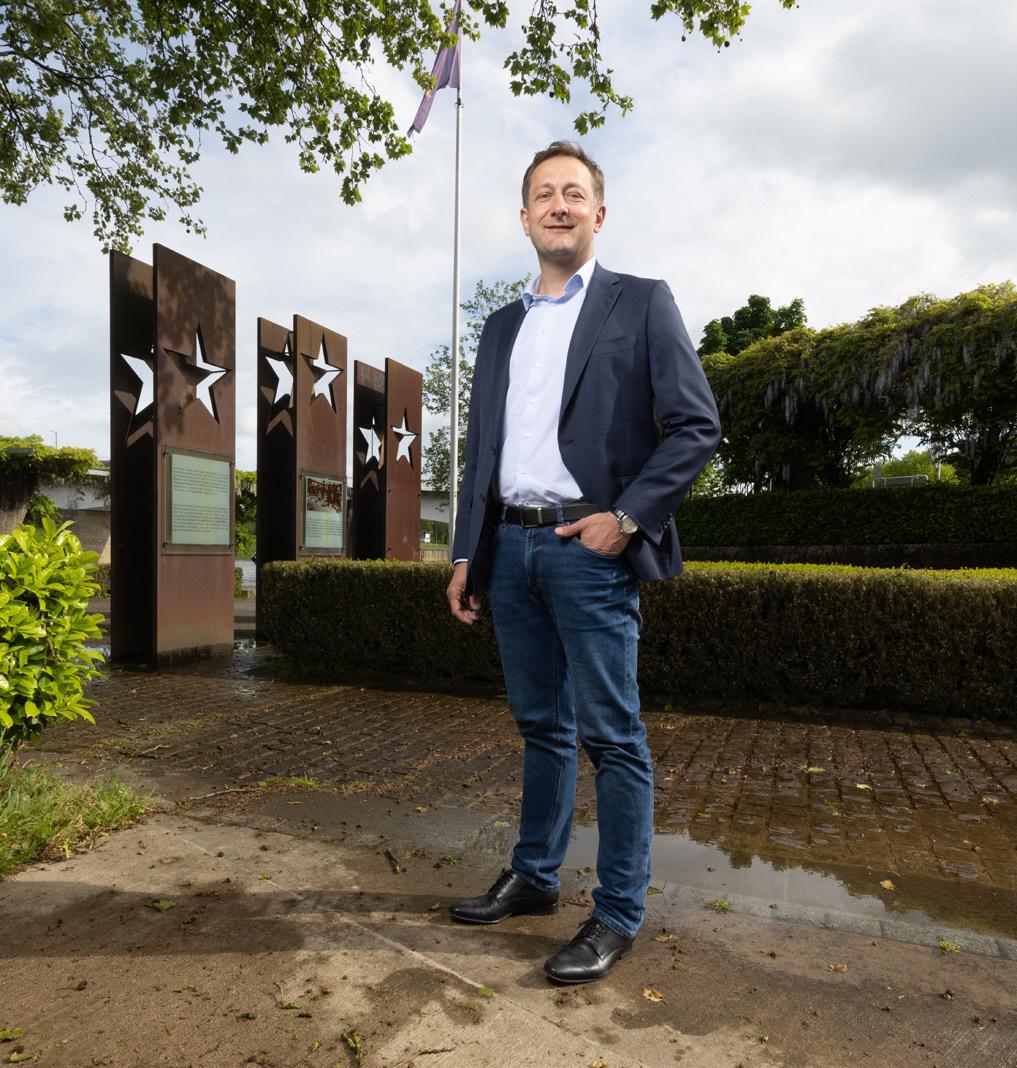
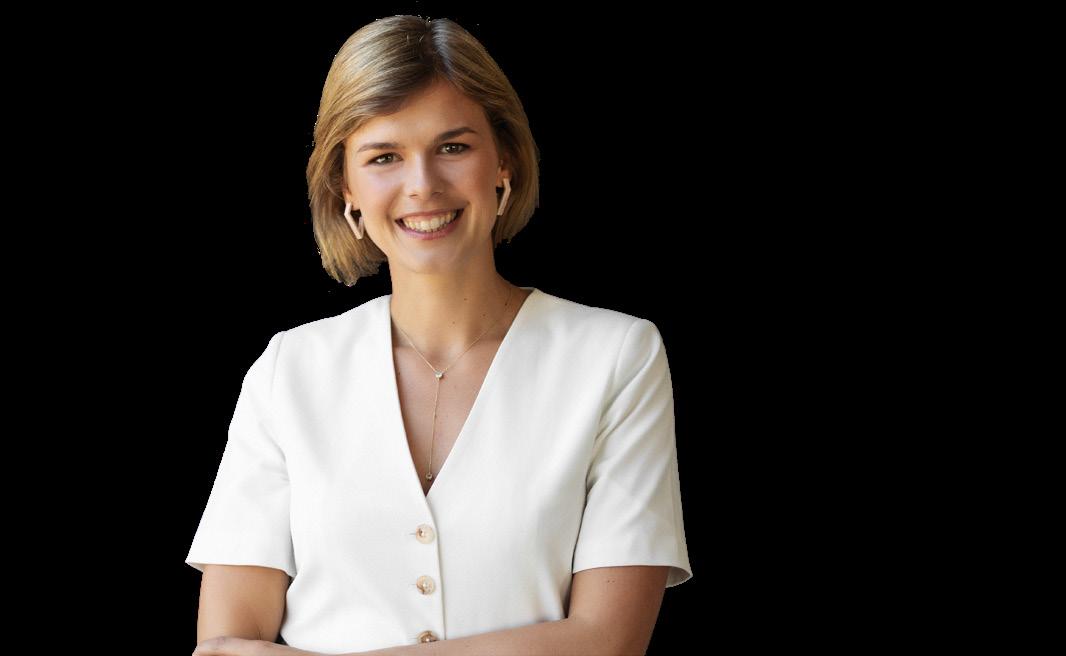




20 Investors guide Planning for the future
24 “Millennials would like to have a human interaction”
30 How one private banker approaches the role
34 Why “not taking enough risk” is a risk in retirement planning
38 Financial wellness for professional services partners
44 Major pressure points for investors in 2024
48 How to sift through the sustainable investing noise
52 How art is both an emotional and financial investment
56 How to start investing if you don’t know anything about investing
58 Jargon busters: get past the lingo
60 Quick guide to private market investment platforms
62 Outlook: 9 financial professionals on digitalisation & investing
66 My first investment: Emanuele Vignoli
76 Valérie Tollet
Meet the new deputy CEO of the Luxembourg insurers association Aca
78 Behind the stats Why and how wage indexation is calculated
92 10 things to do
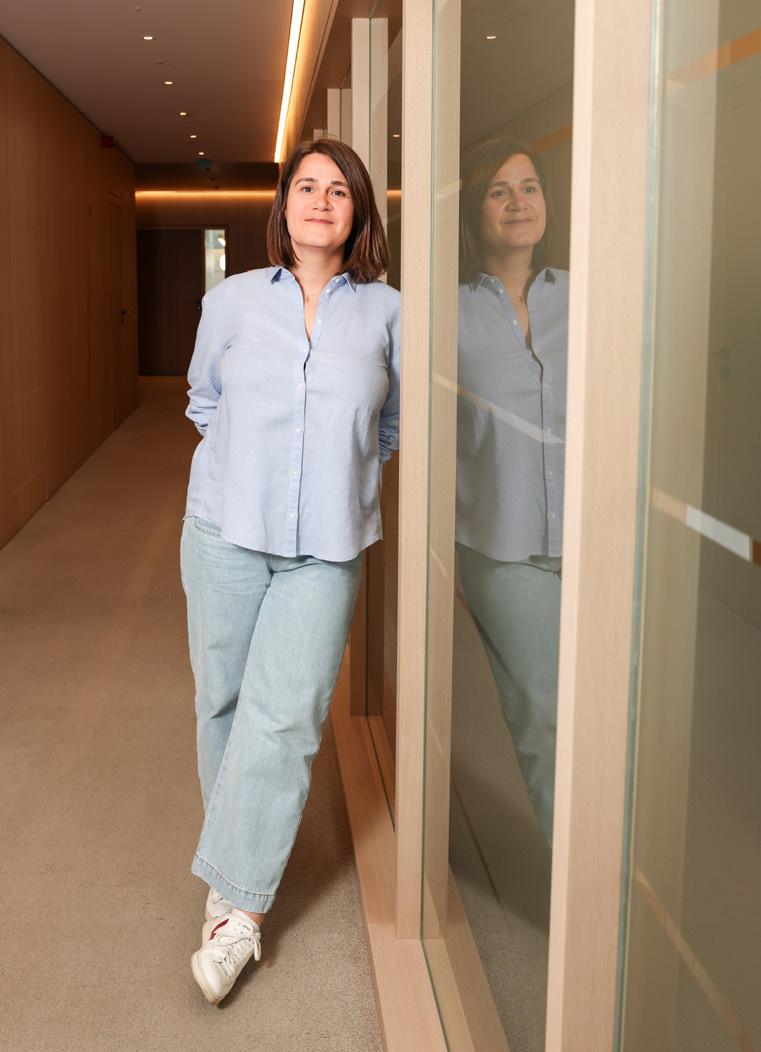
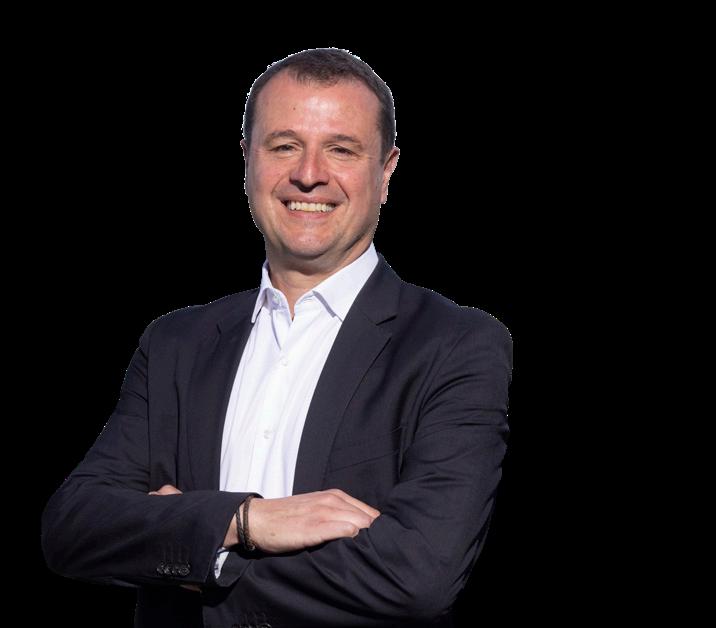

The Luxembourg Bankers’ Association (ABBL) is turning 85 this year. Yves Stein, veteran of the country’s finance industry and newly named (in April 2024) chair of the association, reflects on this long history.
The ABBL is turning 85 this year. What can you tell us about its origin story?
In 1939, ten banks came together and decided to establish an association to better represent their common interests. No doubt a legitimate approach for any industry.
It should also be noted that the law on associations had just been passed a few years earlier in 1928.
Although we had already had a stock exchange since 1929 and some banks already had cross-border activities, it would have been premature to speak of a ‘Luxembourg financial centre’ as such back in 1939. The evolution from what was initially a banking centre into a fully-fledged financial centre only properly began in 1963 with the arrival of Eurobonds. Back in 1939, however, the Luxembourg economy was still predominantly characterised by steel and agriculture. And yet, bankers’ willingness to join forces and set up the ABBL suggests that the seeds of today’s financial centre were already being planted 85 years ago.
The Second World War interrupted the initial impetus of this group, which then reorganised itself to gradually become the voice of the sector. At the end of 1947, the association's activities focused on organising--with the support of the Chamber of Commerce--the first training courses for banking staff and, from the 1960s onwards, on negotiating collective agreements with union representatives.
The increasing internationalisation of the financial centre gradually transformed this association, which initially focused on purely Luxembourg issues, into a group defending the interests of the financial centre both at home and abroad.

What’s something about the ABBL’s history that few people know?
I think that our name, Association des Banques et des Banquiers, hides a little the place we occupy within the ecosystem of the financial centre and does not sufficiently convey the diversity of the professions we represent. Today, the ABBL represents banking services in the broadest sense, i.e. not only banks, but also payment services, investment firms, fintechs, consultancy and audit firms, law firms, etc. As of 2023, more than 50% of our 280 members and associate members are no longer banks.
What’s the biggest mistake that the ABBL has ever made?
I would not so much talk of a mistake than of a regret. I regret our inability to instil in our fellow citizens the same pride for the financial centre that they once held for the steel industry, despite its remarkable international success. We haven’t effectively been able to convey either the nobility of our profession or its usefulness to society.
VOICE FOR THE BANKING SECTOR
Born and raised in Luxembourg, Yves Stein is the chair of the ABBL as well as the CEO of Edmond de Rothschild (Europe).
That’s why one of the first objectives I set the ABBL team when I took office was to strive for a banking sector our children aspire to work in.
Interview JEFF PALMS Photo GUY WOLFFUnderstanding the EU better changes everything.
Explore this new interactive space from 9 May free of charge. Europa Experience Luxembourg
17, Avenue John F. Kennedy
Adenauer Building, Luxembourg - Kirchberg
Tram stop: Parlement européen
“The
The European Investment Fund is celebrating its 30th anniversary in June 2024. Bjorn Tremmerie told Delano about the EIF’s contribution to the success of the European startup scene.
Do you feel frustrated investing in funds whereas you invested directly in companies when you started your career?
At the beginning, yes, before joining the EIF. However, I thought it would be a nice place to spend some time until the dust settled down. A world has opened unexpectedly in front of me. I met highly motivated entrepreneurs, not in firms directly, but with people raising capital for their fund. Nowadays, I could not return into the business of investing directly in companies because it is not my expertise anymore.
Celebrating 30 years, how have investments in technologies evolved over those years?
At the beginning of the 2000s, the [European] venture capital fund market was embryonic, whereas the market existed since the 1970s in the US with Sequoia founded in 1972. The early excitement gave way to a never again attitude on the back of the bursting of the internet bubble. Several entrepreneurs even wondered why they had tried this kamikaze mission instead of listening to their parents who suggested [that they] start their career in consulting or a bank and enjoy their pension 30 to 40 years later.
With a mission to promote entrepreneurship, innovation and technology, the EIF continued its march against all odds, supporting the VC funds, being almost the only player in the market along with CDC/BPI in France, CDP in Italy and Vækstfonden, the Danish Growth Fund. Contrary to the EIF and the European Investment Bank at the time, these national promotional institutes were also investing directly in the underlying firms. Step by step, returns became attractive and appetite to become an entrepreneur grew again as a result of available public funds but also on the back of some spectacular successes such as Kelkoo, the French price comparison service company sold to Yahoo for €500m in 2004. It was

followed by Skype, sold to Ebay for €2bn, a poster child for Mangrove in Luxembourg and Lovefilm in the UK [acquired by Amazon in 2011]. A feeling of amazement started to build in the sector.
When the EIF says that it is going where European investors have not gone before, is AI one of those sectors?
AI is not a good example because everyone is talking about AI nowadays. There are new funds being launched with a single sector focus, whereas the generalists will go where the wind is blowing. There is interest in cleantech, deep tech, which is not looking for better ways to sell shoes on the internet but rather for solutions to cure cancer which is real deep tech.
VC BACKGROUND
Bjorn Tremmerie, 50, head of technology investments, joined the European Investment Fund in 2002 after working for a Belgian venture capital firm that fell victim to the internet bubble at the turn of the century.
We need to be present and competitive in large language models. We are almost there. ChatGPT got $10bn from Microsoft, France’s Mistral just raised €500m. The latter is the second most performing large language chatbot ranked ahead of Anthropic from Google. The EIF has a view but it is also dependent on the mission assigned to it by the European Commission and the European Investment Bank. There is a focus on agtech, climate tech, quantum, cybersecurity with an increased attention to defence. If you want peace, prepare for war.
Interview SYLVAIN BARRETTE Photo MARIE RUSSILLO

U-Reg, a regtech firm based in Singapore, was awarded first prize of the Catapult Fundtech 360 competition at Alfi’s Global Asset Management conference in March. Delano sat down with founder Florian Dumas to hear more about the programme, his firm’s collaborative platform and their plans for Europe.
Words LYDIA LINNAOrganised by the Association of the Luxembourg Fund Industry (Alfi), the Luxembourg House of Financial Technology and venture capital firm Middlegame Ventures, the Catapult Fundtech 360 programme was designed to tackle “critical needs and pain points” faced by the funds industry.
Sixty-three startups--including U-Reg--applied for the programme last year, with the regtech firm announced as the winner of the fundtech competition during Alfi’s asset management conference in late March.
For founder and executive director Florian Dumas, the prize is more than the win itself. “We were obviously very happy that we have won, but that’s positive collateral damage.” The programme itself--which brought a better understanding of the Luxembourg ecosystem, problems faced by the industry, the solutions that are needed and networking opportunities--was the most important thing.
So what are the main challenges facing the fund industry? “The biggest problem is that the requirements from the regulators or the compliance requirements are extensive,” he argued. Processes are tedious, manual, costly and time-consuming, even though “the technology exists to solve these processes.”
But people are still using Excel, said Dumas, and they’re using it for the wrong reasons. Asked at a conference as to who U-Reg’s biggest competitor was, his reply was: Excel. “People use
Excel to manage data models. Excel is not built to manage data models. Emails are not created to validate workflows or tasks. It’s the biggest problem in the industry.”
“Input once, report to many” That’s where U-Reg comes in. Founded four years ago, the Singapore-based regtech firm provides regulatory and compliance solutions. “We solve the problem of manual processes, repetitive input and
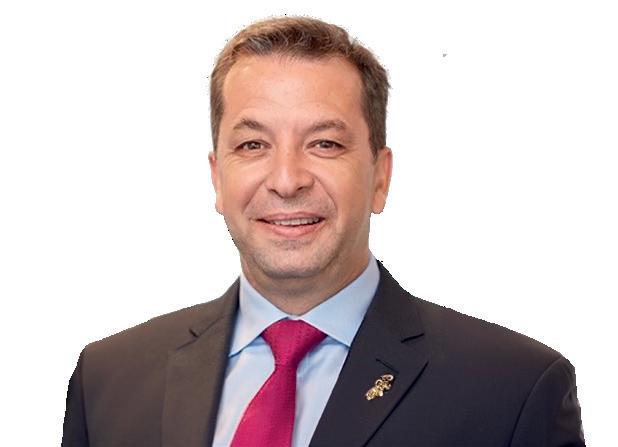 FLORIAN DUMAS Founder & executive director U-Reg
FLORIAN DUMAS Founder & executive director U-Reg
“ The requirements from regulators or the compliance requirements are extensive”
inefficient workflows or processes in regulatory and compliance. The processes we help automate and digitise are onboarding, KYC, regulatory reporting, due diligence of service providers, staff compliance, ESG reporting. We’re an automation and collaboration platform that helps solve a global problem.”
What makes U-Reg special is how they built the platform, Dumas argued. With their “input once, report to many” principle, “once data is in the system and validated, you can use it, re-use it, distribute it across a number of processes.”
Internal and external collaboration is also possible. Documents and data can be collected and shared even if a person is not registered on the platform.
Third, “we made a choice--which is more difficult in terms of development and building a platform--to be very horizontal, which means that we provide an end-to-end platform where you can start a process and go all the way to the end.”
The fintech’s headquarters are in Singapore, but it does have clients in Europe, and participating in the Fundtech programme has helped to build relationships, said Dumas. “When we go to Europe in a more meaningful way, Luxembourg will be one of the destinations of choice.”
And it “will remain an important axis of development. The question is: how do we do it?… We’re actually open to having discussion with people who might be interested in partnerships.”











































“It’s really
Diana Senanayake, Luxembourg managing director and Continental Europe CEO at IQ-EQ, talks about the fast-growing fund service provider’s challenges integrating some 30 acquisitions and what is worrying her about the future of the country’s financial sector.
 Diana Senanayake spoke to Delano in late April 2024
Diana Senanayake spoke to Delano in late April 2024
How would you describe IQ-EQ’s growth trajectory?
“We have just celebrated, last year, our 70th anniversary here in Luxembourg,” IQ-EQ’s Diana Senanayake told Delano. “So that probably shows you our history. But I would say that we have grown quite tremendously since 2016,” when it was acquired by the private equity firm Astorg. The company rebranded from SGG to IQ-EQ in 2019.
For the past eight years, IQ-EQ has had “a very strong focus on growth, growth coming organically, but also externally. From 2016 till last year--because this year, we still haven’t gone through any acquisitions--we’ve had a bit shy of 30 acquisitions. So you can count the number of” transactions to manage each year. “That was a very strong growth trajectory. And that also means that we now have a presence across three main regions. So, the US, Europe--and in Europe, it’s Ireland, the UK, crown dependencies, continental Europe and Middle East--and in Asia. We have offices in 25 locations and we are a little bit more than 5,500 employees worldwide.”
What markets do you serve?
“We are very, very keen in maintaining what we call our three segments strategy. Our segments are funds and asset managers that we call FAM. Then we have our private institution and asset owners segment. And then we have our corporate and DCM segment,” which stands for debt and capital markets. “We feel that it’s quite important to continue to develop our threesegment strategy because we want to remain diversified. Also, we do see, I would say, bridges between the three segments. So when we talk about funds, for example, funds don’t only concern asset managers. We see more and more [links] on the private side, on family offices, multifamily offices and even corporates. So really what we’re trying to do is support and service the three segments, whilst also identify synergies across segments.”
What have been some of the growth challenges?
“What came the last two to three years is a recognition that with growth comes the need to integrate the businesses that we
have acquired over the years. And that’s the reason why you would have noticed probably the number of hires at a very senior level that has happened for the last two or three years, across the board, not only in Luxembourg, of course, but at a group level.”
“Why is that? Simply because when you want to integrate businesses and make sure that we become a true global organisation, we probably need to change the mindset a little bit . So, moving from a startup or a small size company to become more global, whilst maintaining a very strong entrepreneur mindset. That’s where the challenge is... to make sure that you strike that right balance between continuing to bring new products, continue to maintain that entrepreneur mindset, whilst we integrate the business, while we create a real global platform across all the regions, across the segments.”
Can you give me an example of one of those challenges changing your mindset from being kind of startupish to being a real global player?
“The first area I would highlight is the change of the organisation structure, the way we are organised and operating today, versus how we were operating a few years back.” Previously, operations were run “very much country-by-country. Why? Because the various acquisitions happen country by country, and acquisitions really related to that specific market, or that specific segment.”
In recent years, Mark Pesco, the group CEO and board of directors determined that “to put in place a global organisation, you need to put in place a global structure. So, there are global functions that have been put in place, and also the creation of regions. And there’s the reason why I’m here, by the way. So when I talk about global functions, you have, of course, functions like HR, risk and compliance, technology, commercial operations. Those global functions did not necessarily exist in the past, simply because there was probably no need [when the firm] was much smaller.”
Today, Senanayake stated, the group is organised around four operational regions: the Americas, Europe, Middle East and Asia. While regional leaders “will be
Diana Senanayake was named regional CEO for Continental Europe and managing director for Luxembourg at the fund services provider IQ-EQ in August 2022.
She joined IQ-EQ after four years as CEO for Southeast Asia at BNP Paribas Securities Services. Prior to that, she spent 13 years at RBC Investor & Treasury Services, holding a number of management posts in Luxembourg, Malaysia and Singapore. She previously worked at Deloitte, Arthur Andersen and Clearstream.
Senanayake earned a bachelor’s degree at the London School of Economics, an executive leadership certificate at London Business School and an independent directorship certificate at Insead business school.
running the business that is within the region, we will link up with the global functions just to make sure that there is an alignment from a strategy perspective, from a function perspective.”
And on a client perspective, because you could support a client across more than one of your regions, right?
“Absolutely. It’s a very good question, because with the globalisation comes, of course, a very different set of clients that we are now working with, and that we are targeting as well.” Earlier in the firm’s history, offices in each jurisdiction “were servicing a number of domestic clients, small- to medium-sized clients. Today, we are moving more and more towards what you call the tier one, the more strategic names. And those clients, as you can imagine, need a wider suite of services, more complex type of services, but also the ability to service them in multiple locations. And that’s why as regional CEOs, and together with the functions, we would make sure that we are all linked up, so that we provide the same look and feel to those clients who are being supported in multiple jurisdictions.”
If you’re going more and more for the tier one, the big names, are you planning additional acquisitions or focussing more on organic growth?
“We do continue to grow organically. I mean, we had a great year in ’23 and we will continue” to post strong growth in 2024. “Organic growth is absolutely key. I mean, I won’t hide from you that growth the last few years has come from the funds side and will continue to drive growth. We will, of course, continue our three-segments strategy.”
“But we will also continue to look at external growth. We might be a little bit more selective, if I can say so, in terms of our external growth. The reason why we can be more selective is because we’ve set up quite a clear strategy on how we want to move forward. We’ve just come to a stage where we are now closing the loop on our 2024 strategy, and we are now embarking on a ’24-’28 strategy,” which is currently being finalised and will be presented later this year. Under IQ-EQ’s
IQ-EQ employees in the grand duchy, as of April 2024
Source IQ-EQIQ-EQ, as of April 2024
IQ-EQ worldwide staff, as of April 2024
2024-2028 strategy, the firm will “be more selective in the way we are going to be identifying future companies for external growth.”
What are you looking for in terms of external companies? Is it expertise?
Or is it geographic reach?
“Well, it could be different things, right? I mean, number one, we continuously look for complementary services. One area where we’ve been acquiring a number of companies in other regions--especially in the US, and in ’23 a lot in Asia--is on the reg compliance side. We feel that’s an area that is growing. There’s quite an increasing demand from our clients. And it’s quite complementary to the suite of services that we have. So it could be a complementary service.”
“It could be, as you mentioned, more a geographic footprint, in countries where we are not yet present.”
“It could be a reinforcement of our existing product. It could be, for example, on the AIFM side, if you talk about Europe, we’ve already got a very strong footprint in Luxembourg that we continue to grow.” The firm also has an AIFM presence in France and Ireland that hypothetically could be “reinforced”.
“But once again, we’d do that in a selective manner, as we wouldn’t want to be distracted by acquiring companies that wouldn’t necessarily fit into our strategy.”
Has integration of acquired companies been the biggest challenge that you’ve had to tackle since you joined IQ-EQ in 2022?
“It’s probably one of the challenges I had to tackle, but not the only challenge. But it is an important challenge. There are a few reasons to that. It is critical that we integrate the business. We are ‘one IQ-EQ’ and it’s very hard to be seen [that way] by the market, by our clients, if you have an integrated business. I’m speaking about integrating businesses within a country, because in each country, there has been multiple acquisitions. But also integrating the businesses across the region. So creating regional platforms, before we move into global platforms. That has been quite critical.”
“But also we are a people business. We should never forget, we’re not manufacturing cars, we’re not on a production line. We are in a service industry, when you’re talking about services,” then you’re talking “about our people. The various acquisitions, which we’ve done over the years, have been not only [about] acquiring expertise, adding services, but people.”
“It’s really changing the mindset of the teams. I do feel--even though it’s been less than two years I’ve been now here--that there’s a very strong buy-in by the teams, because I think people do see where we are going. People understand where they were coming from. They’ve been part of the transformation journey and they have bought into the vision. I think you can’t change, transform, drive business growth, if you don’t bring people along.”
Are you happy with the retention rate at acquired companies?
“Absolutely, absolutely.” Retention involves keeping “the teams that have been working for those companies. That could be the second, third generation... I think it’s helping people understand that they are moving to a new organisation, a bigger organisation, a global organisation. And with that, there are changes. And people understand that. And people who are probably wanting to stay in a smaller kind of firm probably decided to leave the firm because that’s not what they joined 10, 20 years ago. You know what, that’s fine as well.”
Looking out more broadly, what are some of the challenges Luxembourg market--you, your competitors and your partners--have to face in the coming years?
“Luxembourg has continued to grow and remained a very strong financial centre, and I’m very pleased with that.” Senanayake first came to the grand duchy in 1996 and “I’m quite amazed to see how much Luxembourg has continued to grow and to remain very relevant to the financial sector, not only in Europe, but globally. The challenges that Luxembourg will face--including IQ-EQ, by the way, because we are part of the whole ecosystem here in Luxembourg--is the competitive environment that we are in, probably
the macroeconomics as well, that is heavily impacting the marketplace.”
“Luxembourg, if you think of the funds industry, has moved from a mainstream, traditional Ucits” mutual fund-oriented centre to increasingly spotlighting alternative or private market funds, “which is really what we are focussing on. But today, the market environment is undergoing a number of challenges--a slowdown. In Europe, in general, we are seeing quite a strong showdown in the private markets. Real estate, with the interest rate that we saw the last few years, has not been very helpful either. So I would say, Luxembourg will need to continue to remain relevant, knowing that there are these external factors that is impacting” the country’s financial sector.
What can the industry or the government or both do to counterbalance market conditions?
“I think diversification is critical. That’s what we continuously try to do. That’s why I talked to you about the three-segments strategy. That’s why I talked to you about the different kind of products that we have, so that we can make sure that when there is some slowdown in some areas, you still have other areas you can work on.”
the success of Luxembourg’s financial sector, are “coming to a kind of an age where they have to allow the second generation take over. But the ‘hunger’ that was there at the time might not be the same today. And from my perspective, it would be really important that it continues.”
How do you pass on that hunger then?
“We have a number of committees in Luxembourg,” for example, the Association of the Luxembourg Fund Industry. Luxembourg’s financial supervisor, the CSSF, “is very strong as a regulator... very close to the industry. The new regulations that come up can be seen as an additional
“It’s a continuous combat to remain relevant”
requirement. However, it could be seen as an opportunity. The [European Long-Term Investment Fund] 2.0 is a good example of how we could leverage” changes in regulation to the sector’s advantage.
“More specifically,” think about how Luxembourg will “continue to maintain its strong ecosystem. And I’m saying this because I think it has been one of the key elements that has helped Luxembourg become so successful, compared to many other financial centres. Luxembourg has managed to create an ecosystem.”
“When I talk about ecosystem, it’s the regulators, the [industry] associations, the law firms, the audit firms, the consulting [firms and] today, all the startups, the digital firms. It has really managed to work as one. But I’m a little bit doubtful that that joint effort, that collaboration that has made Luxembourg so successful over the last 30 years” will be able to be maintained. “ We need to make sure the second generation, the third generation, continue to focus on that.”
“I see now more and more people who have created Luxemburg, the fathers of”
“I think making sure that all the associations work as one. So the people who are on the boards of those associations, rather than creating more and more associations maybe try to unite more.”
“I think the biggest threat for Luxembourg is to think that” the financial sector’s success “could be maintained on its own. It will not. It’s a continuous combat to remain relevant. That’s my personal view.”
One point of this interview is to get your perspective.
“Personally, I spent nearly 10 years outside Luxembourg. I was in Asia for many, many years before I joined IQ-EQ, and coming back to Luxembourg, I’m very happy to be back in Luxembourg, to see that it has continued to flourish. But it is my fear--for the next 30 years.”

We understand the different sides of your wealth.
Delano’s investors guide provides tips and advice for investors with different levels of financial savviness. For true beginners, we have recommendations on how to start investing from scratch and jargon busters to help break down some of the lingo. Nearly everyone should be thinking about retirement, market risks and how to sift through the noise around sustainable investing. The most sophisticated investors will want to read how one private banker sees his role and check out our look at art investing and private market platforms.
But the section kicks off with perspective on what younger investors are seeking, seen through the eyes of one of Luxembourg’s top fund lawyers.
European households have kept well over a third of their non-property savings and investments in bank deposits and a relatively low level in investment funds and securities, a trendline which has not shown much sign of changing.
Net asset acquisition, €bn
Having an appetite for risk taking but with a distrust of public markets have contributed to a generational shift whereby millennials are keen investors in sustainable and impactful private equity and credit assets, according to Veronica Aroutiunian at Loyens & Loeff.
 Veronica Aroutiunian structures alternative investment funds
Veronica Aroutiunian structures alternative investment funds
Percentage of clients looking for more advice in investment services and client satisfaction rate for each investment services product
Why do you think you’re well placed to discuss what is of interest in terms of financial products for young investors?
“My job is to be aware of any new trends and understand the needs of my clients, my clients being asset managers. They need to understand the needs of the investors to be successful.”
Veronica Aroutiunian, a partner at Loyens & Loeff, believes that the democratisation of private assets is usually not analysed “under the right angle.” She thinks that one of the main reasons of the trend towards democratisation is not related to economics but rather more to a “shift in generations.”
She argued that the topic has been extensively covered in recent studies conducted in the US but also elsewhere. “What is happening right now, is that you have a new generation of investors arriving in the market with generational and cultural differences.”
She noted that her generation, the millennials--born between 1981 and
2000--is “the fastest growing generation of investors right now and is the richest generation ever seen in history.” She admitted a huge part of their current or upcoming wealth is coming from the inheritance of their parents, the baby boomer generation. “They don’t need to buy a house right now because we will get it from the parents.”
“I am in the middle of the whole thing. I was in the first year of university when the first financial crisis hit [2008-09] and we saw those people losing their job. We had 2012 [the European sovereign debt crisis], Brexit and covid.”
“To be honest, there is a mistrust of the markets and the stock exchanges because every time something happens, the markets collapse… yet the weird thing with this generation is that there is a risk appetite.” She believes that the confluence of financial crisis, lack of trust and a risk propensity means that the product of choice for her generation--alternative investments--are burgeoning. She added:
“That’s how the whole thing came together.”
Aroutiunian considers millennials as an “ESG sustainability and meaning in life driven” generation. They want to “do something meaningful with their money” and they are “driven to private equity and private credit” investments for their impact on society while offering a diversified portfolio. Besides, she thinks that they care about developing sustainable economies and they encourage diversity.
Aroutiunian added: “you have a bigger impact when you go into private assets because as an investor, you have no influence whatsoever on the company that is traded on the stock exchange.” She argued that millenniums think that “the only purpose of investing on stock exchanges is getting rich.”
What is your source of information to educate asset managers about your perspective on their clients?
Aroutiunian explained that she reviews “financial research and market research
that is used by our clients.” She added: “I am a lawyer; obviously, reading through Morgan Stanley market overview reports is not something natural.”
She manages to extract added value from these readings coupled with her knowledge of the regulators’ actions. “If politics meets reality, then it’s a new product that comes into play.”
Why are you so interested in what young investors want?
Aroutiunian explained that she initially struggled to understand the underlying reasons toward democratisation of private assets. As she started working with Ucits and later moved to alternatives, she said: “I woke up one day, and I saw the shift whereby the two worlds started to meet each other.” That has led her to conclude that it was due to a generational shift.
Are millennials more educated than previous generations about financial investments?
“When the previous generation had a question about the markets, or what to do with their money, they tended to address the question to a financial advisor, and they would physically go to a bank.”
“Are they [millennials] more aware? Are they smarter? They’re not but when they arrive to the advisor, they are.” She noted that millennials will do their due diligence by looking on the internet, ask more questions and “second guess or challenge the advisor” compared to the “other generations which would just trust the advisor.” Yet she admitted that they need the support of a wealth manager given their lack of experience.
What is the perception of younger generations about the current interactive apps or other technologies when investing?
“The millennials would like to have a human interaction.” Yet Aroutiunian commented that they expect the wealth manager to explain their “stand on technology.” Being “very cost sensitive,” millennials want to know whether their advisors are investing in innovation to ensure that their “processes are simpler, easier and cheaper.”
As “millennials are obsessed about being screwed,” technologies enable more transparency so that they can investigate hidden costs. Aroutiunian noted that legislators are precisely looking into the matter as the issue preoccupies investors.
Aroutiunian reported that Generation Z, also known as the Zoomers--born between 1997 and 2012--are all on Tiktok. She explained that wealth managers are in direct competition with “finfluencers” who are grabbing more attention when it comes to investing.
Some in a survey commented that they would rather trust “the guy” on Tiktok then the marketing material of wealth managers.
In a recent report, State Street claimed that young investors have a greater interest in ETFs over mutual funds. Why is that?
Contrary to the “millennials, who are currently obsessed about alternative [investments],” Gen Z is looking into ETFs on the back of their “close link with cryptocurrencies.”
Should Gen Z invest directly into the underlying crypto instead of an ETF? “They know a lot of things, but they have little experience… and they need help.” She thinks that they would rather trust someone else to select the assets and manage the funds. The newest generation will reflect and tell itself: “let’s be prudent, I’m not the smartest guy on earth.” She also noted that asset managers are also advertising their crypto ETFs on Tiktok.
Do you think they’re losing faith in SFDR article 8 or 9 funds? Do they know what they are?
Aroutiunian reported the outcome of a survey by Morgan Stanley which stated that 75% of young investors want to invest into ethical financial vehicles while having no idea of the ESG meaning.
“I don’t believe for a second that there is a disinterest or mistrust towards ESG driven funds, but I do believe that the way those funds are structured and sold… we’re not there yet.” She thinks that the asset managers and the young investors are not speaking the same language.
Veronica Aroutiunian, a partner at Loyens & Loeff, is a member of the law firm’s investment management practice. She specialises in the structuring of alternative investment funds but could also cope with the “structuring of any investment funds.”
Background
She studied law at the Sorbonne in Paris and is now a Luxembourg qualified lawyer. She started her career at Arendt & Medernach in 2013 working in “everything related to Ucits and ETFs.”
Ideal but illiquid Eltifs “I think that the Eltif has everything from a legal perspective to be the right product… for the long-term investment.” Yet during a recent LPEA conference in Paris, she reported that a speaker at an alternative investment firm conveyed his concerns about contingent mis-selling legal liabilities related to the lack of liquidity of Eltifs and has expressed the firm’s intention not to interact “directly with investors but go via private advisors. They are very well aware of this risk. They don’t want to take it because they don’t want to be the banks of tomorrow.”


The non-profit organisation, Digital Inclusion focuses on a 100% local and publicly accessible distribution model to address disparities in access to computer hardware.
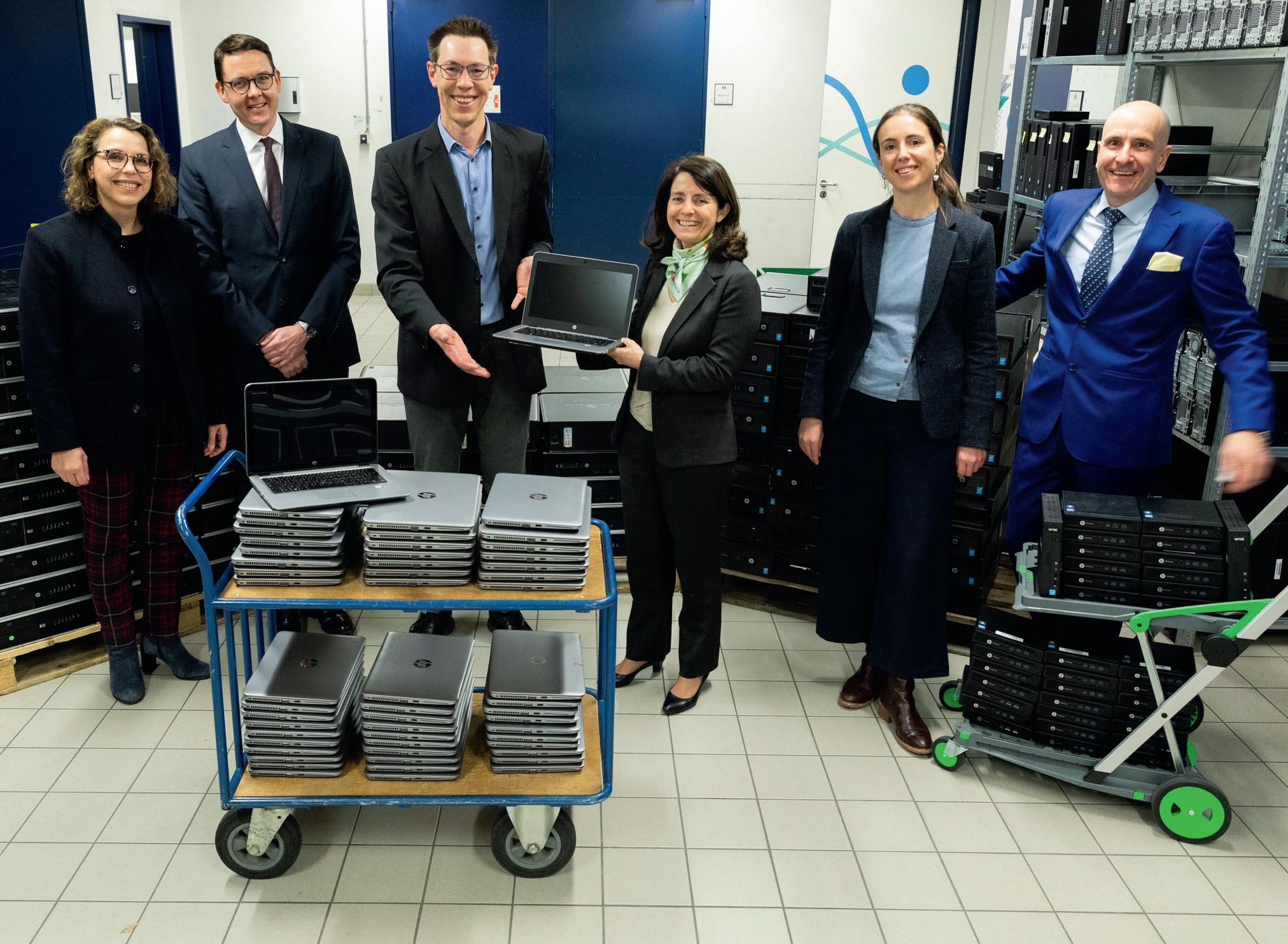

THANK YOU for the 600 laptops!
Access to information technology is a major challenge for society in a constantly evolving world. Yet, some do not have the privilege of owning computer equipment, including in Luxembourg. “A large majority of the population has very good access to these technologies and many households are well equipped, but there are still some who do not have a computer at home and who are therefore poorly connected. This divide grew even wider during the pandemic ,” according to Patrick de la Hamette, Director of Digital inclusion.
Founded in 2016, Digital Inclusion works to bridge this gap by making information technology accessible to all in Luxembourg. One of the non-profit association’s main missions is to collect and distribute computer equipment throughout Luxembourg. “As official Partner for the government’s IT recycling policy, we operate a circular economy model which aims to offer low-income residents and refugees the equipment required to attain digital independence.”
Digital Inclusion targets the country’s local businesses by offering to come and collect their outdated laptops and smartphones for reuse in the framework of a social project. Through this initiative, businesses, organisations, and individuals can promote their charitable and environmentally responsible actions. Offering their devices a second lease of life ensures that these can be used for as long as possible and at the same time maximises their own impact. “Additionally, Digital Inclusion promotes each donation through social media campaigns to showcase the donor’s ecological awareness and social commitment to Luxembourg. The number of laptops donated is also indicated.”
AN INCLUSIVE AND PARTICIPATIVE APPROACH
The organisation refurbishes each device, including damaged laptops and smart -

phones, at its participative computer workshop accessible to all. Digital Inclusion runs the workshop, teaches computer maintenance skills to out-of-work individuals and volunteers, and certifies their skills. It also distributes these devices promptly and free of charge to people in need throughout Luxembourg via a fair and public waiting list opened in 2016. To register, candidates must meet certain criteria: benefit from the cost-of-living allowance granted by the government or be a refugee in Luxembourg.
“ Since 2017, recipients of laptops have also been able to follow free computer classes in ten languages and three levels, from digital literacy to digital citizenship. Unlike our free laptop distribution activities, these classes are open to everyone and offer participants the chance to improve their general digital skills.”
AND CASH-FREE DISTRIBUTION
Digital Inclusion differs greatly from other laptop collection initiatives. “ We are committed to distributing 100% of the value collected through our social, cash-free, transparent, and entirely local distribution model. We guarantee that the laptops will only be given to families in need and refugees in Luxembourg.”
With consistently high demand for devices, the non-profit organisation offers an alternative to traditional laptop and smartphone donations. Businesses can opt for sponsorship models in which devices are sourced from second-hand suppliers.
The non-profit organisation takes steps to ensure that donated devices remain within Luxembourg and are reused solely for social purposes during their lifespan. To that end, all devices are engraved with a serial number and issued with a free replacement guarantee in case of obsolescence. Once the devices reach the end of their lifespan, they are handed to the local recycling centre. Digital Inclusion was officially granted the social

SINCE 2016, DISTRIBUTION OF:
+ 7,000 free computers, mainly laptops + 1,000 free smartphones
reuse mandate in 2022 under a Luxembourg government agreement, namely for the Ministry of Family Affairs, guaranteeing fair and transparent practices. The association not only complies with environmental regulations and authorisations, but thanks to its partnership with the Ministry of Family Affairs since 2022, it also ensures the very highest transparency, fairness, and GDPR standards. Digital Inclusion provides every available solution to protect data, including the possibility of donating laptops without a hard drive or by offering a certified data erasure service. “ We provide donors with donation and data erasure certificates” In addition to a full range of data security options, Digital Inclusion also offers complete logistical support for donations of unused devices, for example, ensuring their transportation.
With the increasing digitalisation of society and rising inflation exacerbating the challenges faced by those in need, the demand for Digital Inclusion’s services has never been higher and every laptop counts. “ In 2022, for example, in response to the war in Ukraine and the large numbers of additional refugees arriving in Luxembourg, we launched a call to action. This led to the collection, refurbishment, and distribution of more than 2,000 second-hand computers and 270 smartphones.” Digital Inclusion has been recognised for its work by the IMS Sustainability Awards.
TO FIND OUT MORE about Digital Inclusion or make a donation, contact info@digital-inclusion.lu
Private banking is about managing a network of reliable and trusted experts. After gaining a broad experience in banking, Bojan Kulisic nurtured his reputation by offering his most valuable assets: deep knowledge of the local market and personal attention.
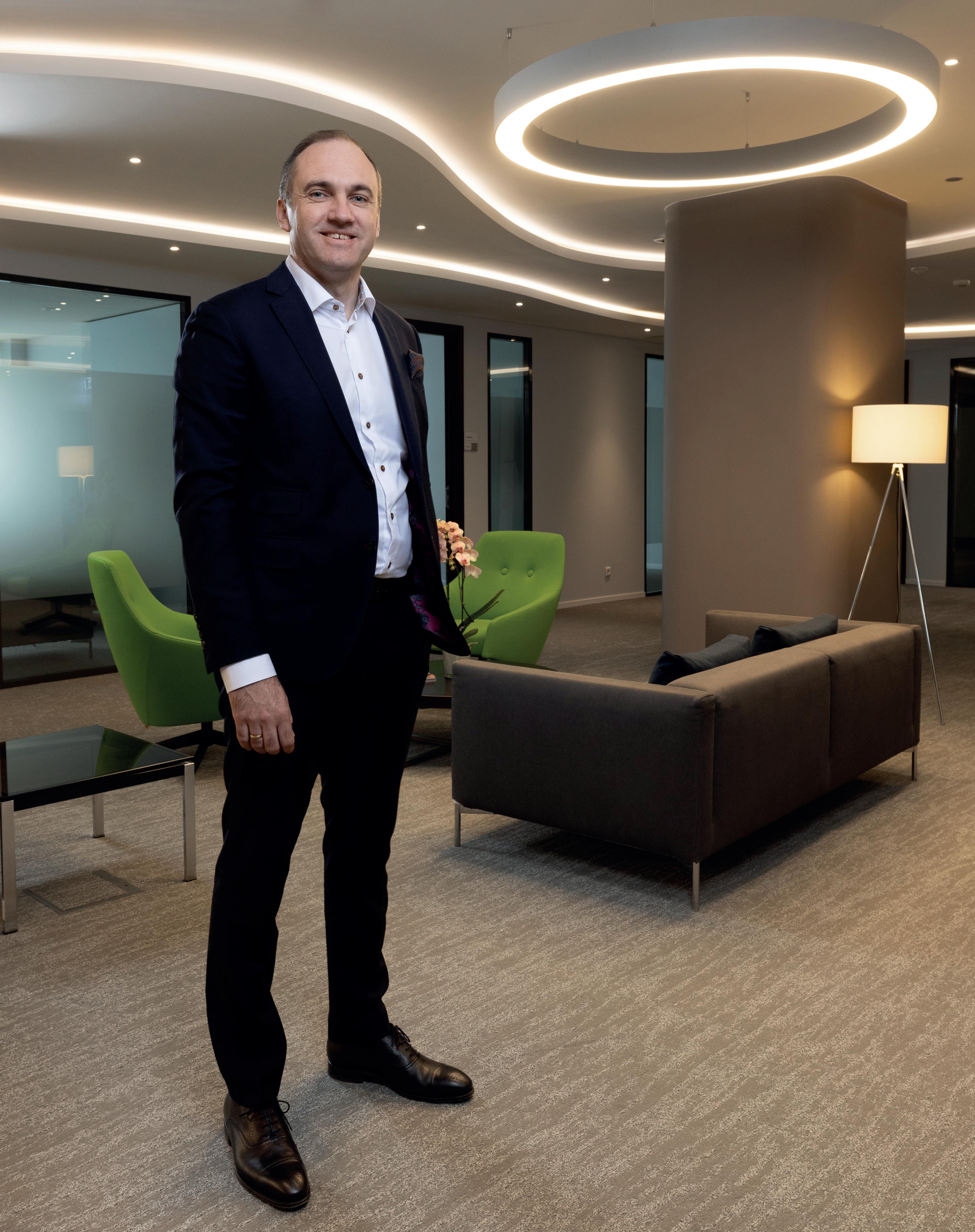 Bojan Kulisic serves clients with an institutional offering at Quintet Private Bank
Bojan Kulisic serves clients with an institutional offering at Quintet Private Bank
“I help private banking clients that have become too complex for traditional private banking with more complex needs to gain access to our institutional services,” said Bojan Kulisic, executive director, head of private label solutions asset servicing & financial intermediaries at Quintet Private Bank.
He noted that most of their institutional services and products such as dedicated funds, holding companies, SPVs, trusts, partnerships and foundations have become “acceptable or mainstream also for the wealthy family, individuals or even small investor clubs.”
Kulisic commented that his clients have selected Luxembourg on the back of recommendations from their legal and tax advisors. Besides, the country is perceived as a “fully transparent onshore financial centre” that is known for its creativity and innovation. He thinks that “the place” is particularly attractive for “family or institutional investors looking to offer services to other friends and family members or other investors.”
Kulisic differentiates himself by being “the trusted person on the ground locally,” through personal contacts and his knowledge of the Luxembourg ecosystem. “I always commit with my own name first to you as a client or a potential client, and then Quintet.” Given that all banks are offering “more of less the same services… [as we have] the same rules at the European level,” he thinks that the key question for the client is his availability, when needed. “Being the concierge for the client” is how Kulisic perceives his role. “It’s really about listening to clients’ needs, then come with solutions. Always listen first,” said Kulisic. As his clients may come from outside Luxembourg or even outside of Europe, he explained that his role is to guide them and reach out to the local expert to respond to their needs.
Kulisic explained that Quintet has decided to focus on its core private banking expertise and leave the fund administration business and is out of the “thirdparty management company” business.
As such, Kulisic thinks that the key strengths of the bank are its long experi-
ence in the domestic market (75 years), its “huge” business partners network, the inhouse operations and decision making, the “very low and stable” staff turnover and the fact that senior managers are members of “big local organisations.” Through that membership, Quintet contributes to the development of new rules in the local financial industry.
An ecosystem referencing each other
As a private bank, Quintet will not deliver legal advice or structured tax planning. As part of the value chain, Kulisic will redirect his clients to the relevant and competent companies where he expects “a match on culture, asset type and market experience.” He added: “If you have the best competence coming from each of the pieces of the value chain in each of the links, the client gets the best service and the best value for the money.” Despite being “a medium size player… I would say that we are competing with more or less everybody on the market on fair conditions and there is mutual respect.” He suggested the competition is based “on pricing on service level, on structuring possibilities and the flexibility of the organisation.”
its
“There are no easy structures to set up but nothing is complex“
At the global level, Quintet does not target one market specifically, but the bank is sensitive to anyone or anything that is sanctioned or blacklisted. “In principle, everything which is clean and acceptable from the regulatory point of view, and where we can deliver the service--not overselling or over committing--we will look into the case,” stated Kulisic.
Besides, Kulisic does not see how “unclean assets” in fully regulated structures could find its way through the Luxembourg financial market nowadays.
Bojan Kulisic acts as a “bridge between our two pillars… which is classical private banking with its advisory services and the institutional [business], which we call asset servicing and financial intermediaries.”
Kulisic has worked in the banking sector for about 22 years, starting his career in Sweden in a small savings bank before switching to Swedbank in Stockholm and then moving to Luxembourg to work in private banking and funds. He worked for Nordea Asset Management and UBS before heading to Quintet in 2021. The bank is 99.99% owned by a Qatari private investor.
A Swedish national with a Serbian ethnic background, Kulisic grew up in Sweden where he trained as an economist.
Luxembourg is undergoing a process of continuous transformation as an international financial centre. By 2035, Luxembourg’s economic landscape will have evolved considerably, driven by technological innovation, evolving customer expectations and shifting global trends. What will our financial marketplace look like in a decade’s time? Ten experts offer their views on the future of finance in Luxembourg.
With the participation of Professor Gilbert Fridgen (SnT), Ala Presenti (Moniflo), Candi Carrera (36 Square Capital, Spain), Stéphanie Delperdange (Independent Director), Simon Schwall (OKO), Emilie Allaert (Digital Minds Sàrl), Markus Sauerland (NowCM Luxembourg), Claude Marx (CSSF) and Isabelle Delas (LuxFLAG).


“ Not taking enough risk”: a risk in itself
When planning for retirement, it’s important to consider the risk of not taking enough risk in terms of investments, says Jeremy Lauret, who shares his top tips with Delano. Having more savings and investments means that people have more options when it comes to spending their most valuable resource: time.
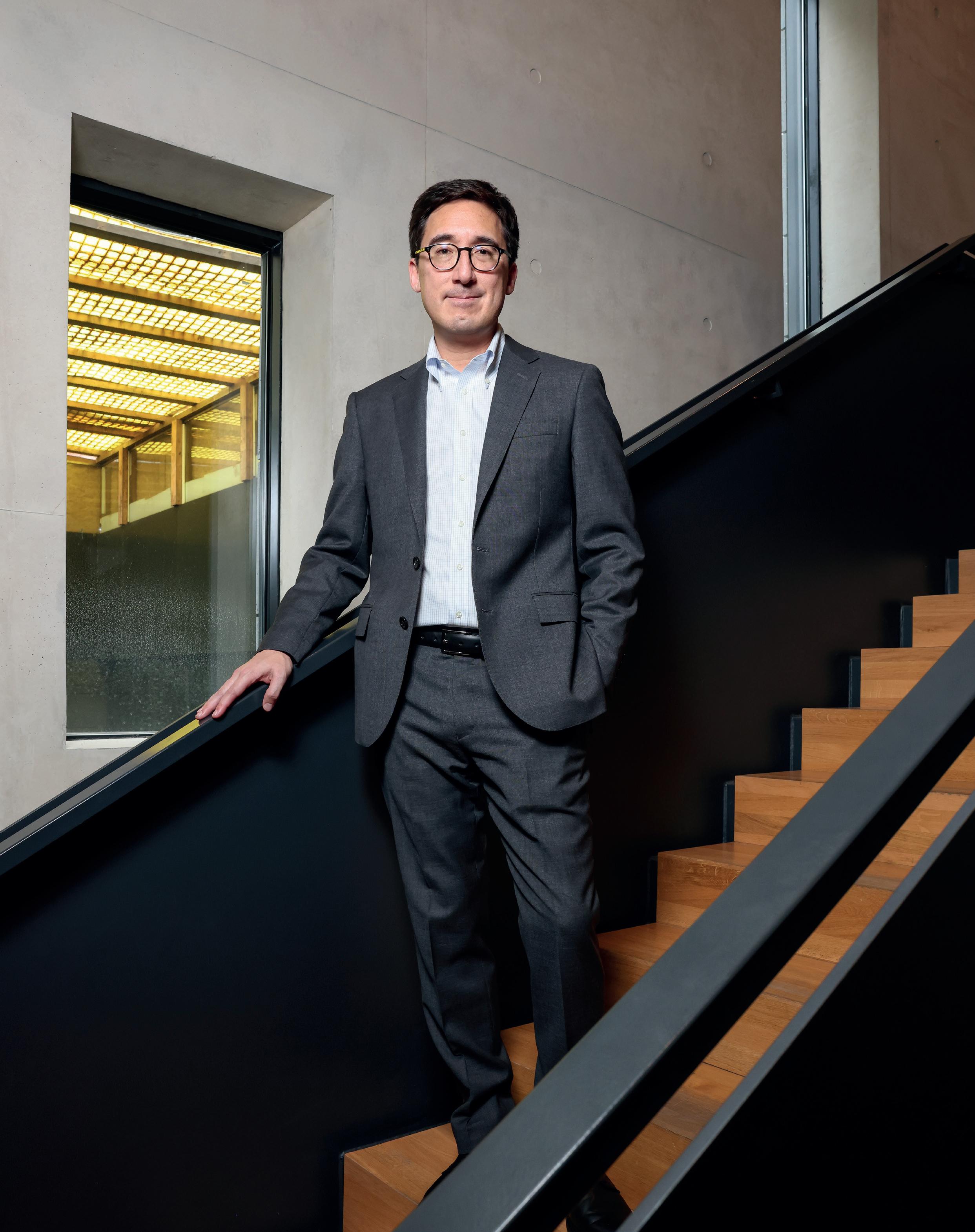 Jeremy Lauret is head of direct investing at Swissquote Bank Europe
Jeremy Lauret is head of direct investing at Swissquote Bank Europe
As Europe’s population ages, retirement-and funding pensions--are topics that are becoming more important. Why is it crucial to invest for retirement?
“Relying solely on the public pension system will not allow people to maintain the lifestyle that they would like to keep in retirement--and even less so than one that they might be aspiring to,” said Jeremy Lauret, head of direct investing at Swissquote Bank Europe, an online bank and brokerage. State pensions must be supplemented.
What many don’t consider--especially when they’re young--is that later in life, they may want to work on a personal project, volunteer or work part-time, which “can be incompatible with retiring with a full state pension.” So “the more people have in terms of personal savings and investments, the more high-quality options they have in terms of how they spend what is actually their most valuable resource.”
This resource? “It’s not money. It’s their time.”
Higher level of risk aversion in Europe
In Europe, people “tend to be more risk adverse” than in other developed economies. That translates into an aversion for risky assets--such as equities--and more savings in cash deposits.
Cash deposits are useful, he added, like when it comes to facing emergencies or unexpected expenses. But because cash also struggles to keep up with inflation, savings may not actually be growing.
“People need to think about not taking enough risk--and therefore earning a low return on their investments--as being a risk in itself, because then they might not be growing their nest egg sufficiently.”
vs capital market investments
In some European countries--including Luxembourg and France--“there’s really a strong tendency to invest in property, and that is at the expense of investments in capital markets.”
Property can be part of a diversified portfolio, “but people tend to not take into account some of the risks with property investments.” They may focus on gross rental income gains, but underesti-
mate the costs that come with owning and managing a property, such as maintenance, renovations, property management, insurance or transfer taxes.
On the other hand, capital market investments tend to be highly liquid, more diversified, have lower transaction and holding costs compared to property, and have “relatively straightforward” taxation rules. “They’re also easy to manage or transfer to another country,” which is a positive aspect given the “mobile lifestyles” many people lead today.
Risks should be respected, not feared
But when it comes to their retirement, people may be afraid to invest and potentially lose money after an unsuccessful investment. Are these fears unfounded?
“Risks must be respected, and not necessarily feared.” Stocks can be volatile--the S&P500, for instance, lost one-third of its value at the start of the pandemic in early 2020. Conventional advice “is to not invest in the stock market any money that people need to access in the short term or in the near future, or any money that they can actually not afford to lose.”
The “flip side” is that if people are investing for the long term, for a retirement that is over a decade away, “and they’re not overextending themselves by borrowing money to invest, for example,” then there’s no reason to fear market corrections. “Over long periods of time, stocks outperform other asset classes.”
“The risk of investing in one bad company is easy to mitigate. Just make sure that your portfolio is diversified across many industrial sectors and geographies--and you’ve taken care of that risk.”
Focus on what can be controlled
People have to focus on what they can control, said Lauret. Timing the market or picking the best-performing stocks is very difficult, but investors control how much they decide to set aside, as well as the discipline to invest regularly. “It’s that discipline that ultimately is going to ensure that wealth can build up over a long period of time--and that includes when stock markets are fearful and depressed.”
1. Think about how much income you need in your retirement to fund the lifestyle you want, then work back from there and see how much money needs to be set aside every month, quarter or year. Compounding has a strong impact on how quickly savings grow, “and the most important factor in succeeding is how early in their lives they start investing.” Setting aside money to invest may mean making lifestyle compromises today in order to improve your life tomorrow.
2. People need to ask themselves: what is likely to drive their happiness and well-being in the long run? Is it growing an investment portfolio that will pay back with more time and freedom in the future, or spending more money today? “The answer to this is as unique as each individual,” and everybody has “to find that balance that is right for them.”
3. Consider where you intend to retire. Think about the type of currencies, geographies and asset classes you’re exposed to. Rental and dividend income may be taxed differently depending on the country in which you live.
4. Pay attention to annual costs and portfolio fees
Freitage / vendredi 19. MAI
14.00: Blasorchester / Fanfare MELICK
12.00-12.30 : Blasorchester / Fanfare MELICK
16.00: Blasorchester / Fanfare GOORSEL
durch die Fussgängerzone/à travers la zone piétonne
14.00: Blasorchester / Fanfare MELICK
Samstag / samedi 20. MAI
16.00: Blasorchester / Fanfare GOORSEL
Saturday & Sunday 18. & 19.05
14.00 : Blasorchester / Fanfare OPMAAT
Samstag / samedi 20. MAI
14.00 : Blasorchester / Fanfare OPMAAT
16.00 : Blasorchester / Fanfare BARNEVELD
16.00 : Blasorchester / Fanfare BARNEVELD FREEEntry
The castle’s museums are open from 10.00 am to 6.00 pm and a varied programme awaits you.





www.paperjam.lu
Votre newsletter biquotidienne à 31.000 abonnés fortement engagés. Un moment de lecture incontournable pour la communauté des affaires.
And in the town centre, the ‘Provençal Village’ with 40 exhibitors welcome you by selling products typical of the Provence, from 10am to 9pm.
sur go.maisonmoderne.com/bienvenue

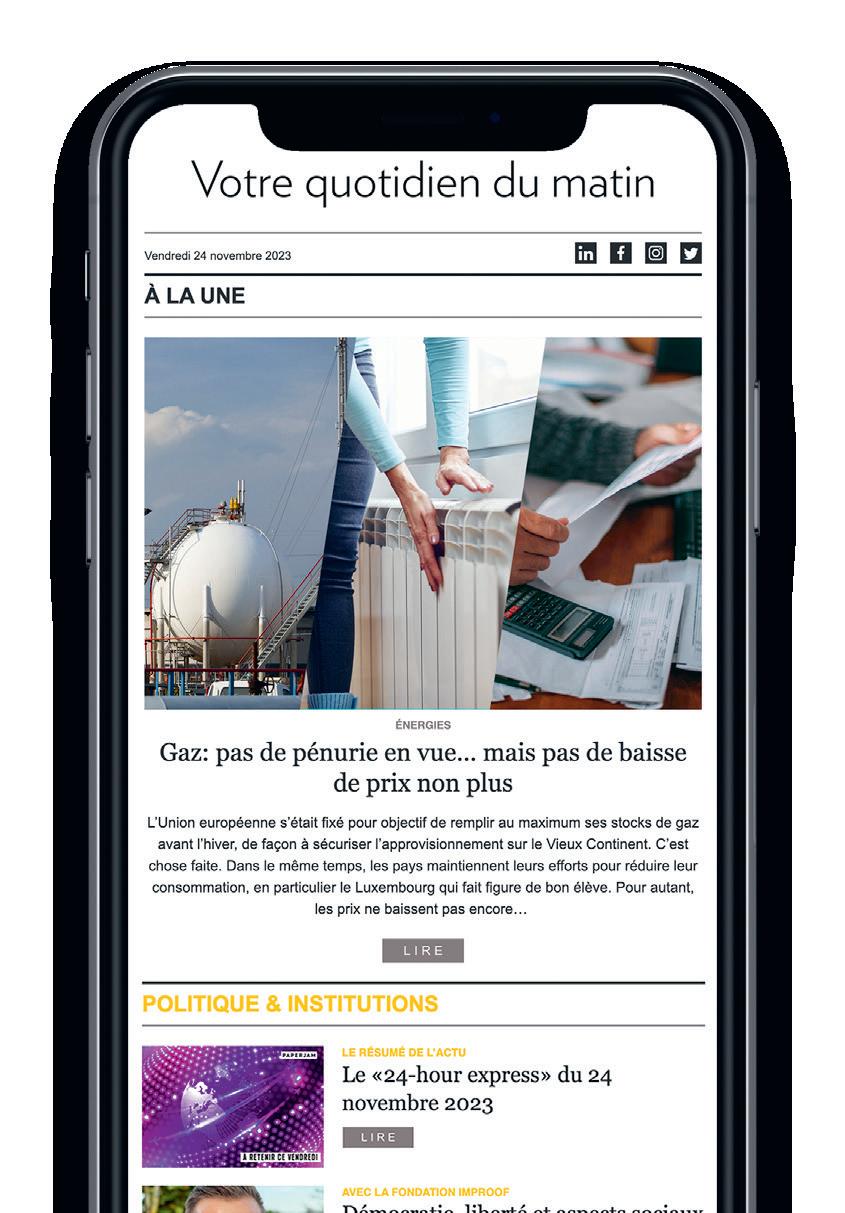
Partners at asset managers, consultancies and law firms have a lot in common when it comes to personal finance. Naz Vahid at Citi told Delano about the banking giant’s specialty service for these types of professionals and why it recently relocated its European hub from London to Luxembourg.
Words AARON GRUNWALD Photo GUY WOLFF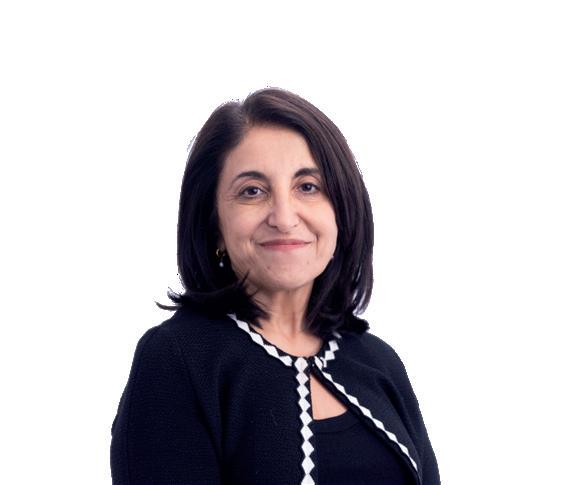
“ People who are in private equity, tend to know private equity “
“It started with the idea of lawyers are people who know wealthy people, so we called on them,” said Naz Vahid, managing director and global head of the Citi Global Wealth at Work division at Citigroup. This was on Wall Street, 54 years ago. Originally, Citi bankers “thought they could get introductions to their clients... and soon enough, they realised that, wait a minute, they actually are wealthy people, they own their own businesses, they have really solid businesses. And it went from just calling on them [for client leads] to banking their partners to then being a part of the bigger business.”
Today, Citi Global Wealth at Work has “close to 49,000 clients; about 42,000 of them are with the law firm group,” although the business has since expanded into other professional services, such as accounting, consulting and headhunting. Such firms, Vahid said, are “very much structured like law firms,” often as nonlisted partnerships, so from the bank’s perspective they were grouped together. So were asset managers.
Like other professional service firm partners, asset managers are “very, very busy individuals, who have no time to spend on their own financial matters. Like most of us, they work tremendous hours,
they pay attention to themselves at midnight. And they tend to be great clients, if you build relationships with them early. They will stay with you as well, into their retirement if you serve them. And if you do well by them, [they are] a great source of referrals.”
The unit focusses on personal finances and is “not looking to serve the business”. The needs of the firm itself are “managed out of our commercial bank, which is part of our corporate bank. But we serve all the wealth needs of the individuals that [are part of] these firms.” She described the approach as “financial wellness”.
That includes asking clients: “Do you have the right allocation on the wealth side to the types of investments that you need to have? Are you keeping too much cash? Are you keeping too little cash? Are you putting your retirement assets in the right place? Do you have too much real estate or you don’t have enough real estate? All the way to liabilities: Have you borrowed sufficiently? Are you paying extremely high rates for what you could do differently? Is it money you need to borrow to put capital into your law firm, into your consulting firm, even funding
Starting salary ranges for lawyers working at law firms in Luxembourg, by specialty, according to research published by the recruitment firm Kingsley in February 2024
when private equity firms want their partners to buy into co-investments?”
But surely investment fund professionals don’t need much finance advice, right? “Yeah, it’s interesting, originally when we were doing research on the asset manager segment, the comment people came back to us was ‘really, asset managers, why would they give you a shot at their investments?’ What we have learned is people who are in private equity, tend to know private equity. But, actually, because they’re so invested in private equity,” an advisor could potentially “say to them, you should be looking at fixed income on the other side of it, just to balance what you have.”
Specialisation in a certain class “will give you a lot of deep investment personally into that segment” while possibly leaving blind spots, stated Vahid. “Let’s not generalise. It’s not everyone, but it’s a good enough number that they want us to come in and do a checkup on the health of their financial wellness.”
Often fund professionals are not aware of or don’t fully understand all the options. “These are very successful individuals... they’re also embarrassed to tell people they don’t understand what is in front of them. So a lot of times the
relationship with a banker is an easy way to get those answers.”
The team also works with pre-IPO entrepreneurs. “Think about it. They’re worth a lot of money, but in paper form, not in real form. So how could we help them figure out a way to plan for the moment they have the wealth, right? It’s really more important to plan before you have the wealth. Because once you have it, the liquidity event has happened, your tax situation has changed. And it’s almost too late to go back” and consult financial planners.
According to Vahid, Citi faces little competition in the segment, aside from a few smaller local banks in specific markets. Private banks “are set to go after ultra high net worth individuals” while rival full service banks typically have dipped their toes in the market only briefly. “I would say the biggest reason [we] have grown as much as we have in the law firm group is our staying power, that we haven’t gone in and out of that market where other banks have.”
Citi Global Wealth at Work has 14 offices in the US, a centre in London and its European hub in Luxembourg. Its
European Economic Area business used to be run out of London but was shifted to the grand duchy in October 2022. There was an extended training and ramp-up period, and Vahid said the bank has “just finished” moving “existing clients that should be served out of the EEA into the Luxembourg office.”
The grand duchy was selected because of the density of law firms and because “all of the major consulting and accounting arms are here, all of the big asset managers are here.” The Luxembourg team is currently made up of four people, although the number could rise as the business grows. They coach and support local bankers, who maintain their direct relationships with clients.
“I think we’re at the tip of the iceberg,” Andrew James, head of Citi Global Wealth at Work EMEA, said during the interview. “Luxembourg is absolutely core to our growth plans. This is really our first full year of being up and running, and having done a significant amount of migration as a result of Brexit. We are seeing very substantial interest in the offering and that’s been reflected in both revenue and AUM growth. And I think Luxembourg is a very exciting place to be, in terms of acting as a hub for the wider EEA.”
Nexus2050,

Nexus2050


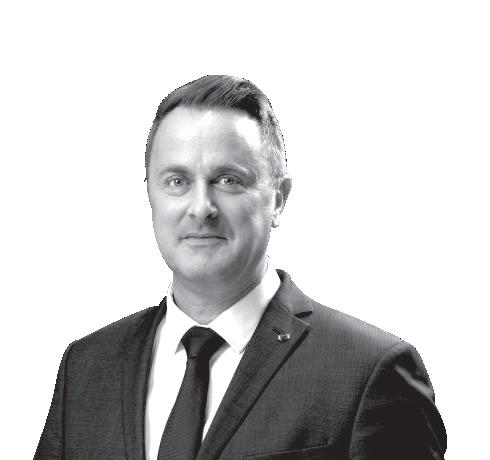

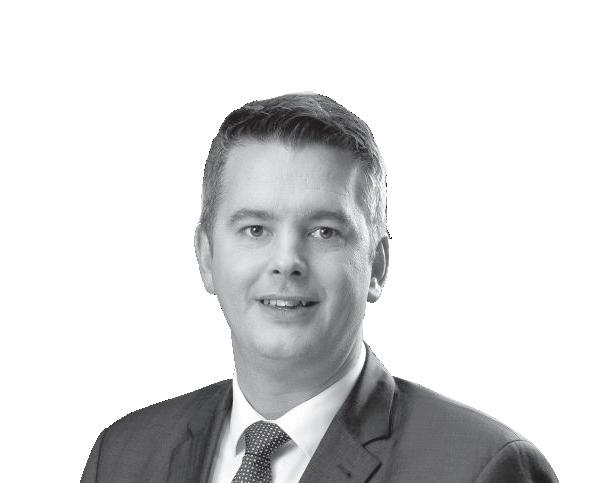

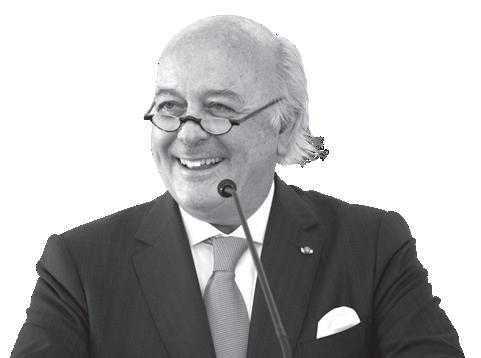

Global Senior Business Executive
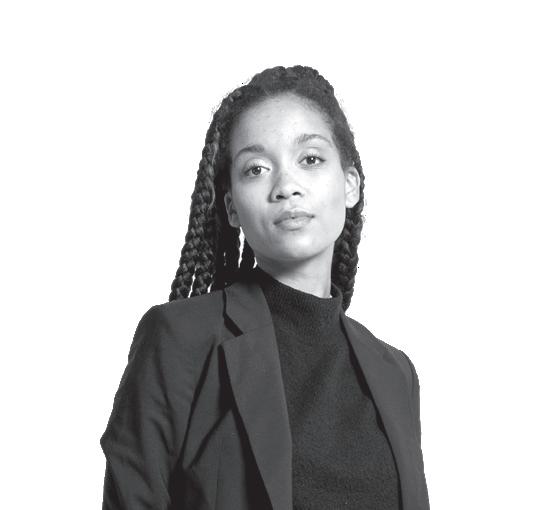

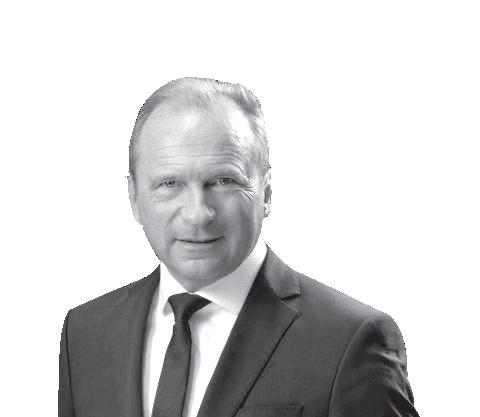

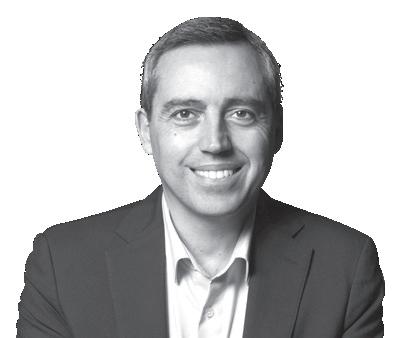
ANDREZ Forbes Books & Amazon Bestselling Author, President EmeritusEuropean Business Angel Network (EBAN) Samsung Electronics
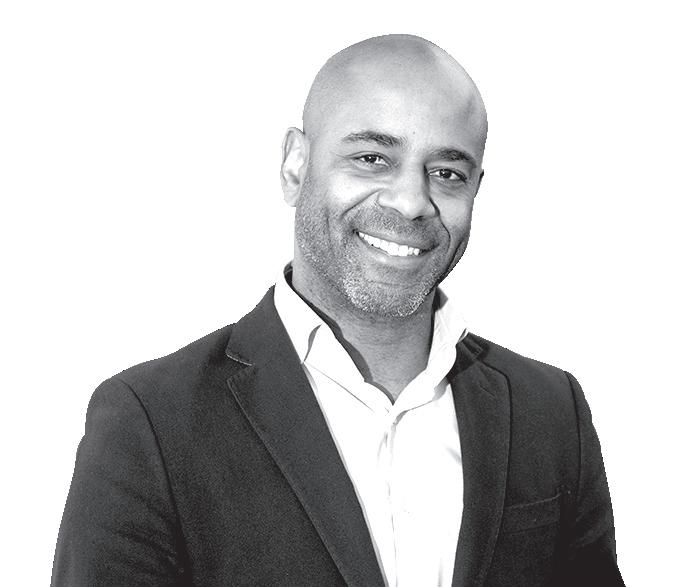
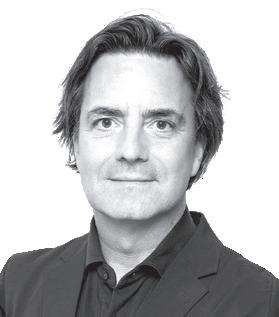

CASTEGNARO Lawyer, Author, Teacher and Conference Speaker, CASTEGNARO - Ius Laboris Luxembourg



CLAUSEN DG GROW - Director for Investment, European Commission

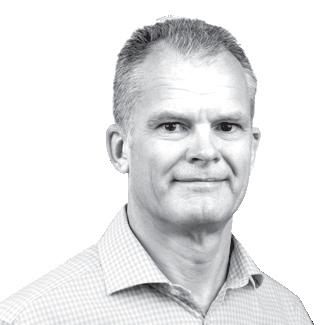
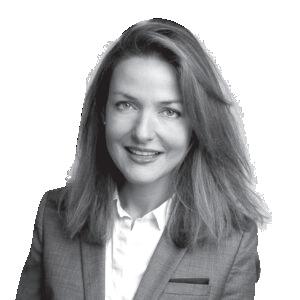
and
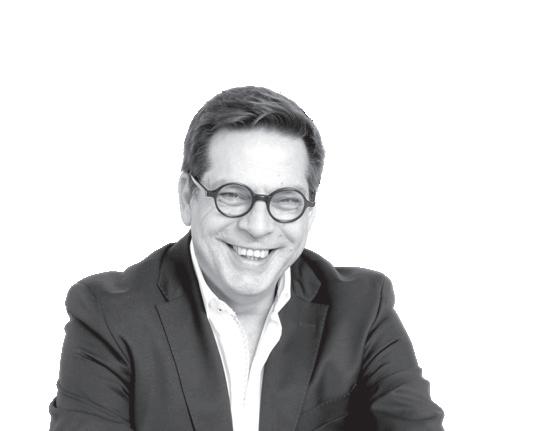
 GILLES ROTH Minister of Finance, The Government of Luxembourg
PAULO
Benelux
LEX DELLES Minister of Economy, The Government of Luxembourg
GUY
MERETE
GILLES ROTH Minister of Finance, The Government of Luxembourg
PAULO
Benelux
LEX DELLES Minister of Economy, The Government of Luxembourg
GUY
MERETE


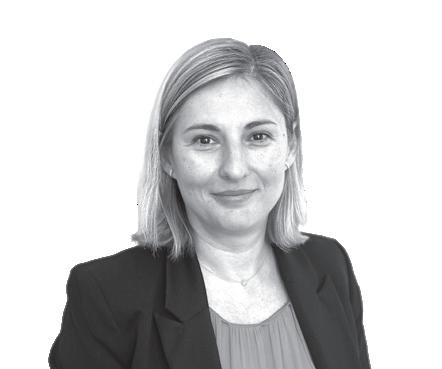
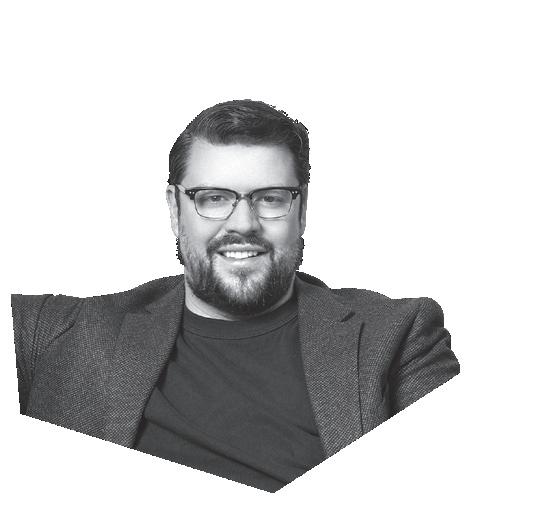


PETER KERSTENS Advisor for Technological Innovation, Digital Transformation and Cybersecurity, European Commission


ERYKA LEHR Chief of Staff in Global Affairs, Google
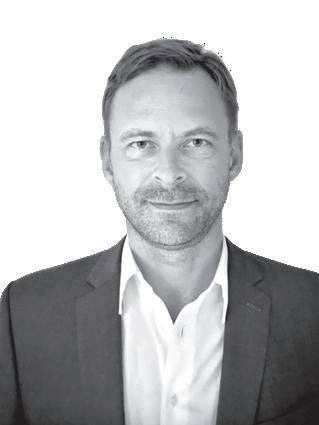


Ella Media AG
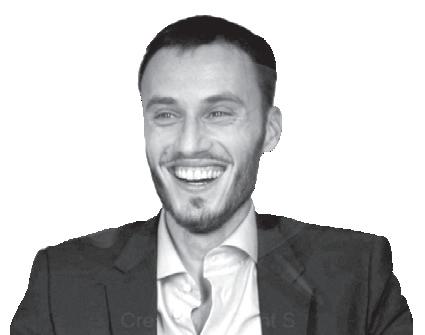

EDOUARD LEONET Head of Partnerships, Asia-Pacific Region, Acclime
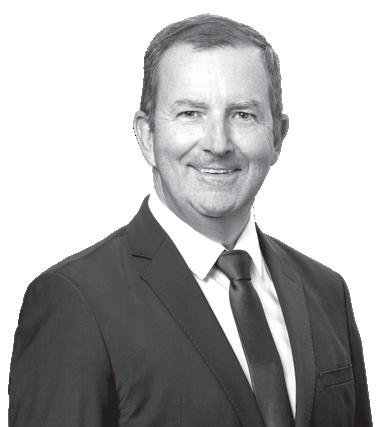

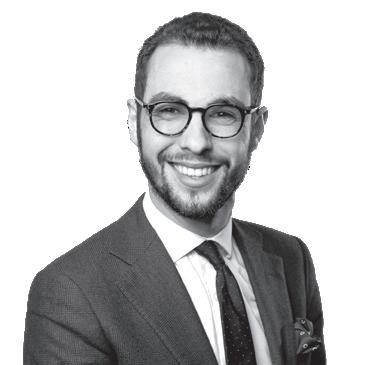


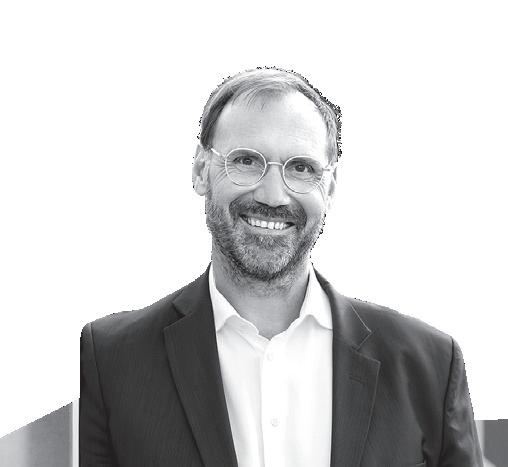

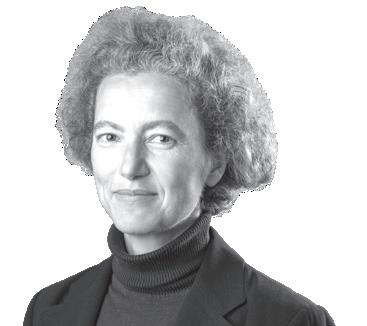

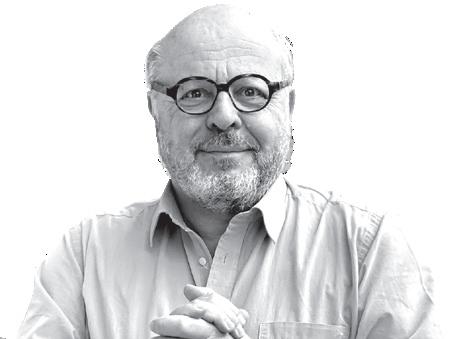
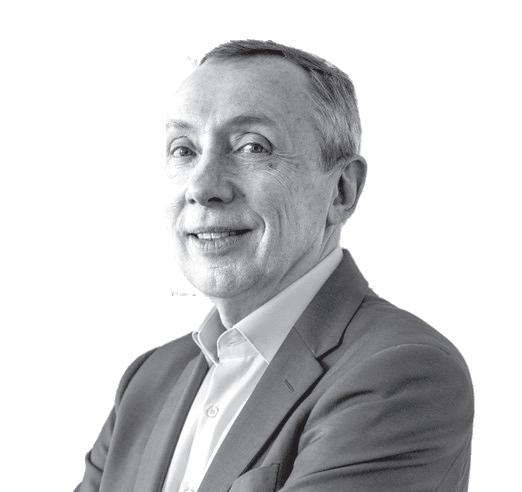



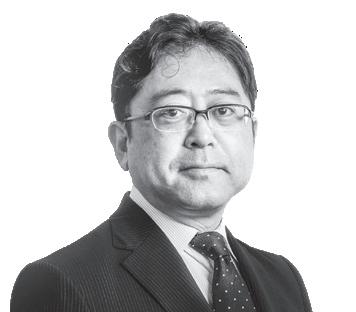

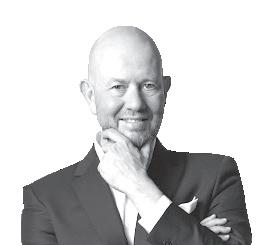


 GUY-PHILIPPE GOLDSTEIN Strategic Advisor, Consultant,
ADINA GRIGORIU CEO and Founder, Active Asset Allocation Founder and CEO, Epieos
MARJORIE HAMELIN Founder & CEO, US Outreach CEO, Redbridge
CEO,
THIERRY LANGRENEY President and Founder, Les Ateliers du Futur
TOSHIHIKO OTSUKA Chief Executive Officer, Rakuten Europe Bank S.A.
YANNICK OSWALD Partner, Mangrove Capital Partners
JOCHEN PAPENBROCK Head of Fiancial Tech, EMEA NVIDIA Tech Law Advisor, SCHILTZ & SCHILTZ Partner, Entrepreneur and Innovator, Tenzing Partners
Vuillermoz Capital
JESSICA HOLZBACH CEO, Pile Capital
ILANA IVANOVA Commissioner for Innovation, Research, Culture, Education, and Youth, European Commission
GUY-PHILIPPE GOLDSTEIN Strategic Advisor, Consultant,
ADINA GRIGORIU CEO and Founder, Active Asset Allocation Founder and CEO, Epieos
MARJORIE HAMELIN Founder & CEO, US Outreach CEO, Redbridge
CEO,
THIERRY LANGRENEY President and Founder, Les Ateliers du Futur
TOSHIHIKO OTSUKA Chief Executive Officer, Rakuten Europe Bank S.A.
YANNICK OSWALD Partner, Mangrove Capital Partners
JOCHEN PAPENBROCK Head of Fiancial Tech, EMEA NVIDIA Tech Law Advisor, SCHILTZ & SCHILTZ Partner, Entrepreneur and Innovator, Tenzing Partners
Vuillermoz Capital
JESSICA HOLZBACH CEO, Pile Capital
ILANA IVANOVA Commissioner for Innovation, Research, Culture, Education, and Youth, European Commission

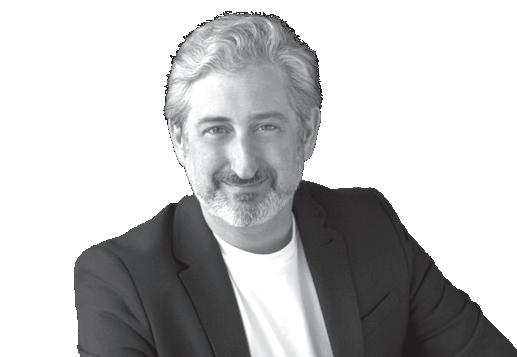

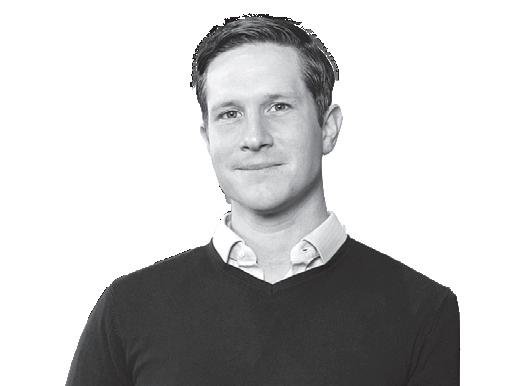
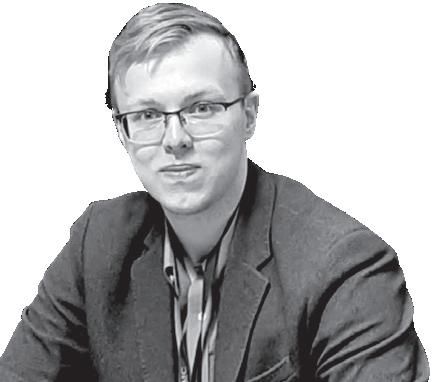

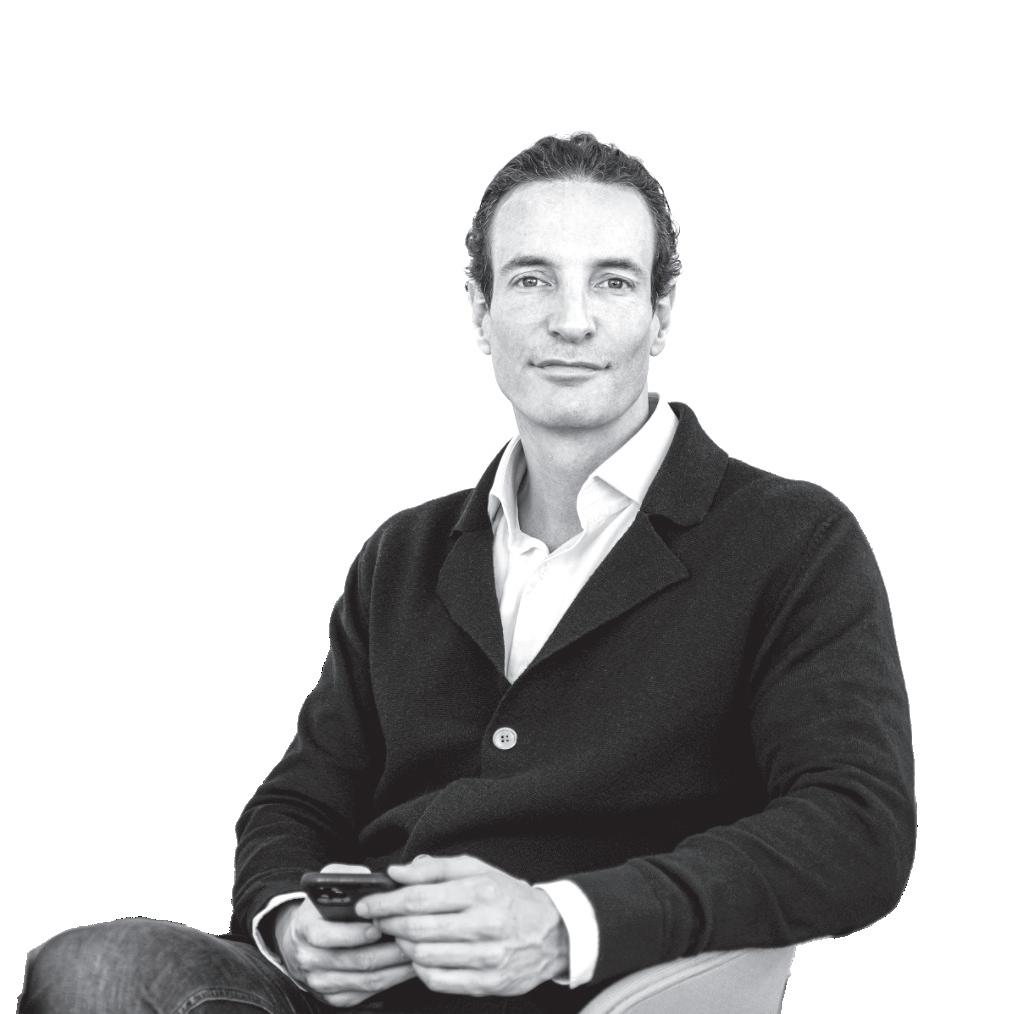
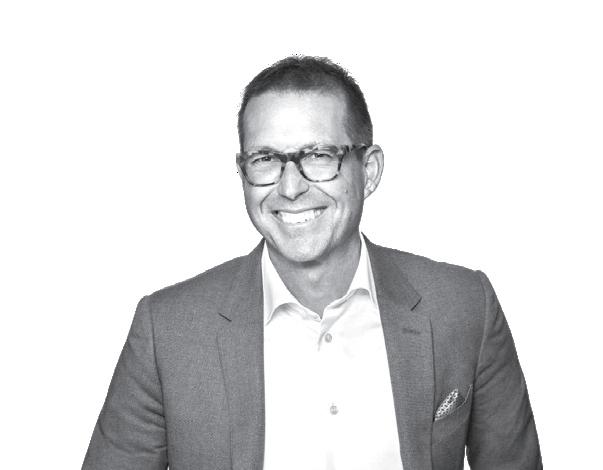

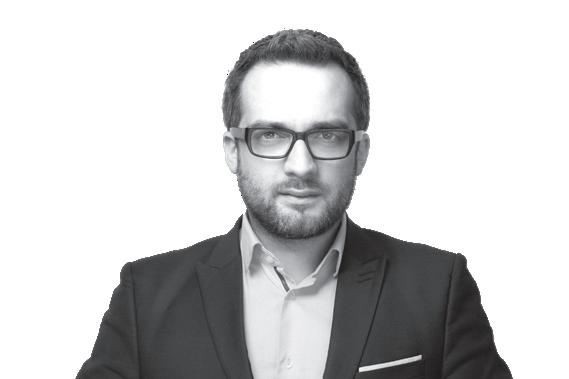


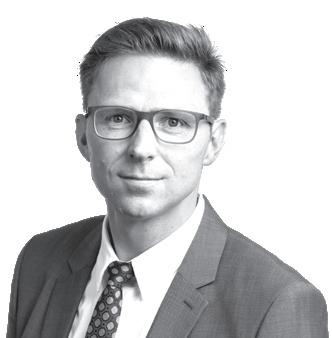

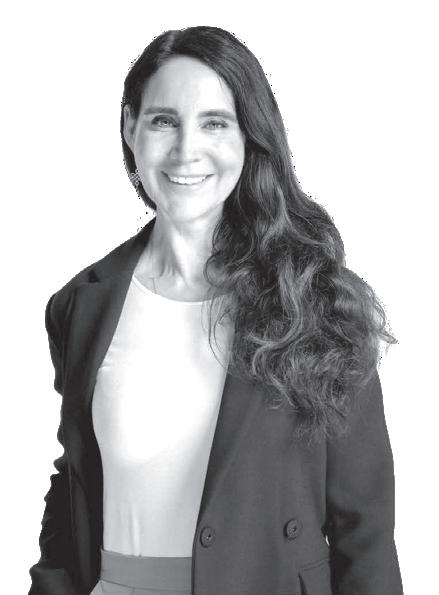


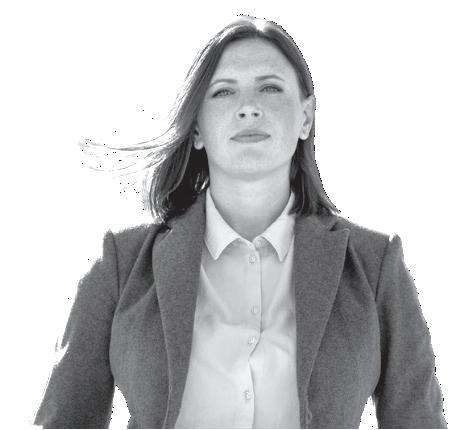

Lionel De Broux, chief investment officer at Banque Internationale à Luxembourg, is confident that the US economy will “not land,” while Europe is staving off a recession. Climate risks are undervalued by the markets and demand immediate attention. Yet financial resources directed to Ukraine will delay green investments.
Words SYLVAIN BARRETTEDespite a first quarter growth rate of 1.6%, much lower than anticipated by the market (2.5%), on the back of weak inventories and exports, Lionel De Broux, chief investment officer at Banque Internationale à Luxembourg, is confident that a US recession is not in the cards. He sees the economy as relatively robust and supported by the all too important and “resilient US consumers, the engine of the US economy.”
A distant possibility, he thinks that we may see one “marginally negative quarter,” but overall, De Broux expects a relatively good performance for the year as a whole.
US Fed rates to go up or down?
“When the economy runs smoothly with an inflation not yet under control, there is no urgency for a central bank to cut rates,” commented De Broux during an interview in late April. Despite being on the right path, he considers that the last mile in taming inflation toward the 2% target as the most difficult. He thinks that the upcoming inflation figures will determine whether the current one-cut expectation by the market will hold for early autumn (September).
“There are no rationale today justifying a rate hike… unless the economy strongly rebounds toward 5%,” said De Broux. He is not aware of any broker-dealers or asset managers expecting a hike by the Fed.
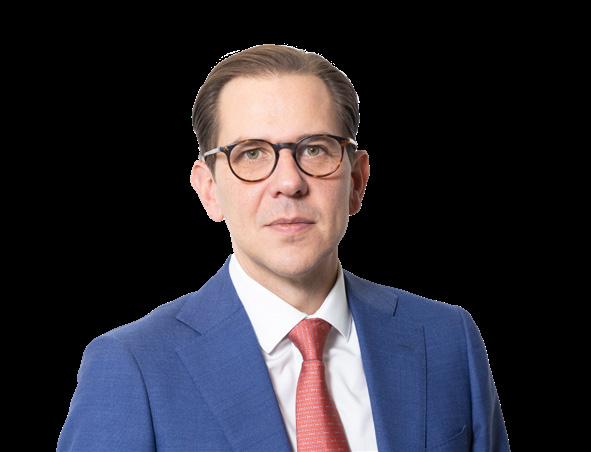
LIONELDE BROUX Chief investment officer
“The true risk for the US economy lies more in addressing the large deficit which may negatively affect the economy and the capital markets.“
Consequently, a rate hike nowadays would be a “major shock for the world markets.”
A rapid rise of energy prices as seen during Russia’s invasion of Crimea in 2014-when Brent almost reached $120--on the back of exogenous factors may result in an “inflation shock.” Yet he believes central banks would hold rates steady as their currently elevated level, coupled with higher inflation, would put downward pressure on the economy. “The objective of raising rates is always, always, always to dampen an overheating economy.” Therefore, this condition would not be fulfilled.
ECB: Cut rates at your peril
“Rates have been higher for longer with the markets continuously pushing back the rate cuts for the last 12 months,” observed De Broux. Contrary to the US, the European economy is in worse shape. “ Not much is needed for it to fall in recession.” He thinks that we in Europe cannot afford to maintain elevated rates for too long.
De Broux admitted that nothing is easy, as a rate cut would increase the rate differential between the Fed and the ECB. The euro may then weaken, an adverse outcome on inflation as Europe is a net importer of energy, which is priced in dollars. The timing for rate cuts is therefore crucial.
The size and the speed of the rate cut(s) in Europe will depend on the com-
Photo Romain Gamba/Maison Moderne (archives) Banque Internationale à Luxembourg



ing moves from the Fed. “Our inflation outcome is not independent of what will decide the Fed.”
Asked about a tech bubble, De Broux replied: “Is it a bubble?” When comparing the internet bubble of the late 1990s to today, several factors make him believe that “we have not reached this [bubble state], at least for now.” The sector is rather “blooming but not bowing.”
First, he thinks that “the markets are quite discerning” by separating the wheat from the chaff in terms of financial profile. He commented that the market is serious about in-depth due diligence in the artificial intelligence sector, for instance.
Second, the current market does not display the turn of the century IPO madness when business plans were written on the back of an envelope. He noted that the number of IPOs so far this year has been very limited. De Broux could recall only one company in artificial intelligence, Databricks, planning an IPO in March which was postponed as the market was seen as “pretty shut” by its CEO.
De Broux also noted that differentiation also applies to the Magnificent Seven with Meta’s stock hit hard after it published its 1Q24 earnings. The market grew concerned about its ability to monetise the firm’s plans with AI. In short, the market does not appear ready to give a blank cheque to anyone, including Mark Zuckerberg, Meta’s CEO.
De Broux noted that AI is in an infrastructure building phase. That benefits Nvidia, which has very few competitors, enabling it to dictate prices. He thinks that the growth of the sector will depend on the economic cycle to evolve beyond Microsoft, Amazon and Meta.
Any concerns on major defaults or credit events?
“None in the short term.” De Broux noted that spreads have declined so much that the “cost of risk is near zero.” Therefore, the market signals little risk of default rates to climb despite the high refinancing cost for several companies in the current cycle and the expectation by the credit ratings agency Fitch that “default rates for
“It is highly difficult to foresee adverse climatic events, but we see a trend.” Yet Lionel De Broux at Banque Internationale à Luxembourg knows that there is a high risk that these events will impact some sectors more than others. Therefore, he explained that Bil is accounting for ESG factors in addition to financial projections when pricing financial assets.
“Some like to claim that the worst is in front of us. All the options are well known, the probabilities are just wrong.”
For instance, De Broux thinks that ESG factors considered in financial asset valuations are understated He believes that the performance of financial assets will take significant hits as the timeline of climate events will likely occur sooner than companies and society expect. Consequently, the repricing of financial assets will likely be violent if not gauged early enough.
European high-yield bonds and leveraged loans to rise to 4% in 2024 and 2025 from 2.5% and 3% respectively in 2023.”
Moreover, he thinks that the pressure on large debtors is limited as the demand for credit and debt products remains high.
“At this point in the cycle, whatever the rating of a debtor, the risk of default reflected by the spread is much lower than what has been observed historically.”
De Broux is concerned about the return of large pandemics given the high mobility of people. Whether it is about pandemics or geopolitics, he thinks that low probabilities should not prevent investing but rather prompt an investor to assess what should be their next action upon the occurrence of such events. Yet he does not think that an investor should mobilise capital to protect against an event with an unknown timing.
Trump: policies may be floppy
“The last time around was not that bad for investors… as Trump is perceived as business friendly,” stated De Broux. Besides, such a victory would not be such a surprise anymore.
He considers that a Trump administration will be negative for the export sector targeting Asia and Europe, in particular given the adverse consequences of raising tariffs to 10% across the board. Elsewhere, he thinks that the oil and gas sectors should be net beneficiaries whereas his policies will likely be negative for the cleantech industry “as observed in [his] first mandate.”
De Broux noted that the additional expenditures on defence may result in the making of new industrial champions in Europe. However, the redirection of expenses will most likely come at the cost of weaker economies, weaker budgetary positions, higher taxes and cutbacks on investment commitments to counter climate change effects. Not surprisingly, he is unclear on the extent and the timing of additional European expenses given the inherent war uncertainties.
There’s a lot of talk around green finance, ESG regulation and sustainability criteria when it comes to investing. But how can one sift through the noise?
Tiago Freire de Andrade, CEO and co-founder of LynxAI, and independent director Nathalie Dogniez sat down with Delano to discuss the topic.
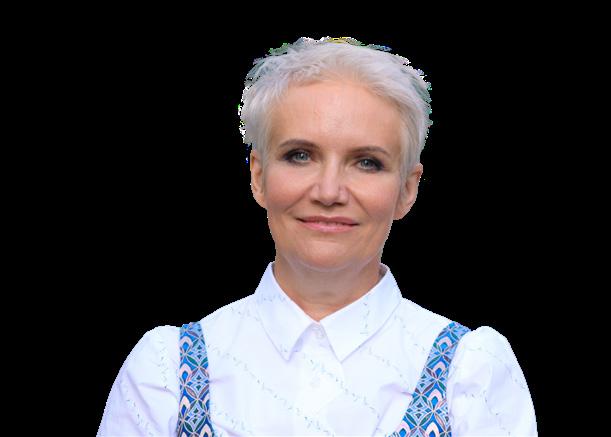 NATHALIE DOGNIEZ Independent director
NATHALIE DOGNIEZ Independent director
“The challenge remains the availability, the comparability, the reliability and the cost of the data“
“There is an increasing understanding that sustainability is a journey,” thanks to increasing maturity amongst investors and market participants, independent director Nathalie Dogniez told Delano during an interview on trends around sustainable investing, challenges and more. Dogniez is also the chair of the Luxembourg Sustainable Finance Initiative’s ESG data working group and was recently appointed chair of Eurosif, a pan-European association that promotes sustainable finance at the European level.
“We are shifting away from looking at sustainability investing from the lens of compliance, or black-and-white approach, [comparing] investment into sustainable activities or sustainable companies [versus] non-sustainable companies, towards what I would call a true sustainability process and towards a transition concept.”
For Dogniez, the EU recommendation on facilitating transition finance is one of the most important publications that the EU put out in the past year. Published in June 2023, the EU’s sustainable finance package aims to support companies and the financial sector while encouraging private funding of transition projects and technologies. The driver behind this recommendation, said Dogniez, is the “huge need” for financing. “We would require an additional €700bn per year until 2030, just to finance the decarbonisation of the
economy and achieve the objective in terms of greenhouse gas emissions, which is reduction of 55% by 2030.”
Data a top challenge
Besides the need for funding, the field of sustainable finance is faced with challenges. “The lack of data is clearly the main challenge,” Tiago Freire de Andrade, CEO and co-founder of LynxAI, told Delano during a separate interview. LynxAI is a technology platform that aggregates ESG data and provides interactive dashboards to facilitate analysis, so it might seem like an easy answer for Freire de Andrade to say that data is a major challenge.
But the need for data was a challenge echoed by Dogniez. “To be able to determine that an investment is sustainable or that you’re financing the transition, you need to be able to measure the outcome. And for this, you need to have proper data from the underlying company, and today, the challenge remains the availability, the comparability, the reliability and the cost of the data.”
Challenges related to the standardisation of data were also mentioned by both Dogniez and Freire de Andrade.
“If you look at financial reporting, for instance, this has been defined, standardised over decades, and with proper audit-


THURSDAY, 11 JULY
start: 19:00
Proudly organized by www.luxembourgpriderun.lu
ing requirements,” said Dogniez. “For the non-financial data like ESG data, it remains today--to a large extent--voluntary reporting with no uniform standardised reporting standards, with no or limited auditing requirements. So, as a result, not all the ESG data that would be required to properly measure sustainability outcomes are always available.”
“In the absence of proper measurements, many of the data remain estimated data: data estimated by the company, by the data provider or by market participants. There is no requirement for these data to be audited, and as a part of that, the cost for acquiring and validating the data are quite significant,” added Dogniez. “Here, also very often, we talk about big data, because you have hundreds of KPI [key performance indicators] per company, which is adding cost in terms of technology to implement, I would say, data validation processes.”
In Europe, the Corporate Sustainability Reporting Directive (CSRD) will improve the situation, she said, “but it will take years because it’s only starting this year, and it’s a phased introduction.”
Taking a “wider perspective, the availability and comparability of ESG data will also improve on a worldwide basis because there is fortunately work that is conducted in terms of interoperability between” different countries and regions.
Another challenge from the investor perspective is complexity, she added. “When you talk about assessing sustainability impact--both positive and negative--when you talk about science-based targets, transition plans, those notions are very complex and it’s not always easy for investors to navigate through the sustainability terms.”
Listen to the story
How, then, can investors navigate through all this complex information?
“Listen to the story,” replied Dogniez. “Of course there should be some proper data reported in terms of measuring the outcome, but only invest in projects or in financial instruments where you understand the sustainability journey behind. I would say for me, a good sustainability report is a report where the investor really
understands what is the sustainability objective of the manager and how it has been implemented.”
For example, “if the approach is about engagement, the manager should be able to articulate what is its engagement focus, how it has been implemented throughout the year and what has been, I would say, the result on nearly a stock-by-stock level. If the approach is towards a transition plan, the manager should be able to articulate in a way that the investor would understand how the different investments sit on a pathway towards net zero, what are the actions that have been implemented and what progress has been made.”
Sifting through the data
“Standardisation is a big challenge. And it’s a big question,” said Freire de Andrade. “I think, on the collection of data, you should be standardised. But on the decisions, you should not be. That’s our company’s opinion.”
“Standardisation on decisions is very difficult,” he argued, offering an example. Say you have a French investor and a German investor, and the investment in question concerns nuclear energy. Generally speaking, “Germans are against nuclear energy. The French are in favour of nuclear energy. So you have this situation here: how do you standardise what is ‘good’ and what is ‘bad’? What is more important? Is it CO2 emissions, or is it water pollution?” With hundreds of ESG-related data points, you have to be able to decide what’s important to you.
“I like the approach that the European Union made, which is: be positive to a specific topic and not negative to all the others,” said Freire de Andrade. “Don’t say green. Green is too general. Green includes hundreds of metrics.”
One of the things that greenwashing does is “undermine trust,” said Tiago Freire de Andrade at LynxAI.
“What we’ve seen in the last few years is consultants tackling exactly what the regulation says and nothing else.” You can’t only monitor those six metrics. “You should monitor all of them, which is, of course, more difficult.”
Another issue is the speed of reactivity. “If something happens with a company in which the fund already invests, and they discover a big scandal, how fast are they to react?” Some may take months or even years to react, and “they should be faster.” Procedures should be faster and automatic, using innovative technological solutions. “You have to be always monitoring, so you don’t have the risk of suddenly discovering that you are investing in companies that have not been green--simplifying the term--for the last few months.”
“If I look at the risk of greenwashing from the manager standpoint,” said independent director Nathalie Dogniez, “I think what is really important is to ensure that there is proper oversight and verification of the process and measurement of the achievement, either in terms of ESG KPIs or impact… you need proper data and proper mechanisms to ensure the reliability of the data being used.”
From an investor’s standpoint, “ensure that you really understand the journey, so that the story that is being told to you is understandable and articulated in a way that you feel comfortable about what has been implemented and the outcome.”
AI should be implemented in portfolio analysis, said Freire de Andrade. “It has to be. It’s much faster. Think about this: if you have your ESG standards within the platform and AI already knows your ESG standards--what you want in terms of ESG, do not do significant harm to this and that, and do positive to a specific metric--then, every time that you analyse a new company, you can have the report immediately done, automatically done, ready to send to the portfolio manager in London, or to the board in Luxembourg, or to the CSSF.” For him, a “future trend in sustainable investing is AI.”

For Adriano Picinati di Torcello, the primary reason for people to buy art is emotion--not just for financial reasons. That being said, financial considerations--like inflation protection--can play a role. The art-secured lending market is growing, he noted, while technology in the art world is maturing.
Words LYDIA LINNA64 % motivated by finance & emotion
Deloitte’s latest art and finance report found that 5% of buyers purchase art only for investment or financial reasons, explained Adriano Picinati di Torcello. Around one-third (31%) don’t really have this financial motivation. And 64% have a combination of the two motivations.
It’s important to understand that people are not just buying art for an investment return, Adriano Picinati di Torcello, global art & finance coordinator at Deloitte Luxembourg, highlighted at the beginning of our interview on the topic of art and investing. Picinati di Torcello was responding to a question as to why people buy art. “The main motivation to buy art is emotion, thank God. That’s great.”
Deloitte’s art and finance report--the latest edition of which was published in November 2023--aims to understand the main motivations behind buying art, whether these are “pure investment, pure collecting, or buying with emotion but also with a sense of investment.”
The report found that “5% only buy only for investment--so, just for financial return. 31% buy only just for collecting--so they don’t really have this financial motivation behind. And 64% have the two motivations--so they buy because they love, but they also have some, I would say, financial considerations.”Financial consideration doesn’t necessarily mean financial return, he added. “It can also be asset diversification, inflation protection, those kinds of things.”
When you spend a relatively small amount of money--say, €500--you prob-
ably don’t care too much about the financial aspect. But when you start to spend a substantial amount of money, the financial aspect gets more important. First, people wonder: “am I paying the right amount?” Second: “is this something that will keep its value over time?” And third: “could this potentially increase in value over time?”
44% of art collectors see increase in acquisition to protect against inflation
We have seen high inflation and increased interest rates in the last couple of years. Has the difficult macro-economic environment had an impact?
Referencing the report, Picinati di Torcello replied, “we have seen an increase of acquisition in art to protect against inflation. 47% of art professionals that we surveyed are seeing an increase. 44% of art collectors are seeing the same. But on the wealth management side, only 12% have seen that.”
“Art-secured lending market is still growing”
Despite the context of high interest rates, “the art-secured lending market is still growing,” said Picinati di Torcello. This is when works of art serve as collateral for
Respondents seeing an increase in acquisition of art to protect against inflation per a Deloitte report released in November 2023
loans. “I think that’s something that kind of surprised us. Even if it becomes more expensive, there’s a growing demand for art-secured lending. We have seen, from 2022 to 2023, an increase of 11% of the market. So it’s still double digits.” That was the first striking element. “And this will continue for the next years--probably at a lower rate, but it will continue to grow, at least from our findings.”
“Due to the environment, lenders tend to be a bit more conservative,” he added. The “cost-to-income ratio may decrease, so you may get less.”
There are also differences between private banks and family offices. “It seems that when private banking offer art-secured lending, the motivation is more about liquidity for business operation, while when it’s family offices, it’s more to develop the collection--to buy more works.”
“Also quite--I think--interesting to report, is that even if this market is strongly dominated by the US domestic market and by the US banks, we can see-slowly but surely--that this is also now developing in Asia and Europe. And it’s mainly driven by the fact that American banks are expanding their service offering in Europe and in Asia.”
“The technology has matured tremendously”
Now, we switch gears. Technology is on the tip of everybody’s tongue today, no matter the sector. What are some of the impacts on the art world?
“Technology is a very important driver for change,” argued Picinati di Torcello. “All the technologies that we are seeing developing in the fintech world are also developing in the art tech world.” This includes technology around artificial intelligence, fingerprinting, DNA technology or blockchain--and these are gaining ground.
“We’ve been looking at technology for years. Before, it was maybe just a concept; after it was more a kind of a beta company; today we have solutions,” he said. “The technology has matured tremendously, and now it’s--to a certain extent--ready, and this will continue to accelerate.”
In terms of data and artificial intelligence, for instance, “some companies now offer services to identify trends related to artists. But AI could also be used to track fakes and forged artworks. Fingerprinting, or DNA technology, allows to kind of create a unique identifier for an art object.” This can reduce risk and the cost of performing due diligence, as well as increase efficiency.
We’re also starting to see some initiatives around “fractional investment” in art and collectibles, he noted. “It’s not just limited to fine art. It’s also for watches, classic cars, jewellery, luxury bags.”
Technology for collection management and supporting the cultural sector
But “when you look at technology, it’s not only for investment. It can be used for collection management,” said Picinati di Torcello. “It can be used for the four pillars of the wealth management ecosystem.” These are accumulating, transferring, protecting and converting wealth. More data, fingerprinting and blockchain can “definitely” support the art secured-lending business, while technology can also be used for philanthropic activities and the governance of collections.
Beyond these benefits, technology can also support new funding mechanisms for artists and the cultural sector. “Just to give you a concrete example. Let’s say I’m an artist. I need financing to create a new set of works. I don’t have the money. Could I issue some tokens of my future production, and like that, I can have people buy those tokens to finance the production? And when I resell, I can reimburse the ones that have bought the tokens?”
“I think it’s about being creative with how to use technology to support culture,” he argued. “I believe it’s very important because we have--on one hand--a growing recognition of the importance of the cultural sector as an economic sector, but also in terms of the benefit it brings to society. But on the other hand, we have a lack of funding or reductions of public funding for the cultural sector. So we need to find new funding mechanisms to support culture.”
What is the next generation looking for?
When they purchase art, even for younger buyers “emotion remains the main motivation,” said Picinati di Torcello. “But what is interesting is that probably the younger generation seems to be more aware of the financial attributes of art , and there’s maybe a better understanding of where to get the info, how to look at it. It seems that they have a strong appetite for the financial attributes. So they will probably be the ones that will do more research and due diligence on the financial attributes of an artist, of an artwork.”
So there’s a space to fill. Today, art sellers provide a lot of qualitative information about the artwork and the artist, like the meaning of the artwork, the sources of inspiration or why the artwork is unique. “But what about also providing quantitative info about the artwork, such as undervaluation, such as past performance, such as liquidity, those kinds of things?”
“A second point of interest for the younger generation that we’ve seen which is massively different from the older generation is the interest for social impact investment. They’re much more geared towards impact in general, on different causes--it can be environment, education, whatever--but also culture.”
“Something that we would like to bring to the attention of wealth managers and family offices, I think it’s probably not to treat in the same way, an older collector and a younger collector, because expectations are different. So, not to have exactly the same value proposition.”
Not yet on the map in Luxembourg But in Luxembourg, Picinati di Torcello said that he didn’t see a very strong inter-
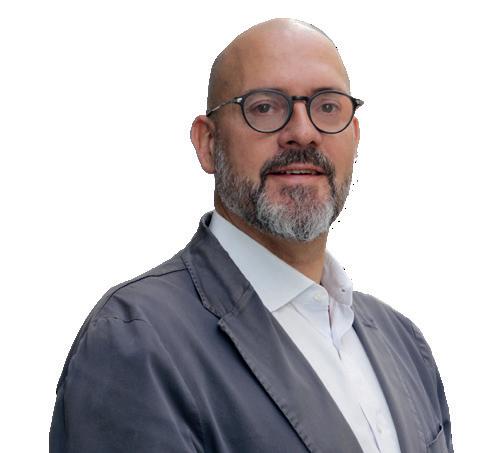 ADRIANO PICINATI DI TORCELLO Director, global art & finance coordinator Deloitte
ADRIANO PICINATI DI TORCELLO Director, global art & finance coordinator Deloitte
“ What is interesting is that probably the younger generation seems to be more aware of the financial attributes of art ”
est for art and collectibles by wealth managers and private banks. This is likely partly explained by the type of clients served in the grand duchy--clients in the US, in comparison, are often wealthier.
Art and collectible assets are not yet on the map of Luxembourg private banks’ service offering, he argued, “which is, for me as a conclusion, a missed opportunity.”
“What we have noticed in our last art and finance report is that if passion is the first motivation [for art], now financial motivation is the second one. It’s the first time [since the first report in 2011] that financial consideration--a bucket of things that covers pure investment, diversification, inflation protection, store of value--is the second priority,” said Picinati di Torcello. “There’s a need to engage [clients] on two fronts if you’re a private banker or a family office.” There’s the emotional component and the financial aspect.
“So you cannot be dry. You cannot only be finance-oriented, you cannot be just emotion-oriented,” he concluded. “This is where there’s an opportunity for private bankers, family offices to accompany their clients. Not on what they need to buy, what to sell, because the expertise is with the client. But more--on one hand-to share the passion, to understand the passion. And on the other hand--so, you love to buy, great, but how much do you have and what do you intend to do? What are your plans for the future? Do you have everything in mind in terms of documentation, in case you want to resell it, for KYC/AML? So you need to have invoices. What about the tax aspects, depending on the countries; what about the philanthropic considerations, if you have any; what about the governance, in case you have heirs? And that’s really a lot of questions that can be discussed with the client.”








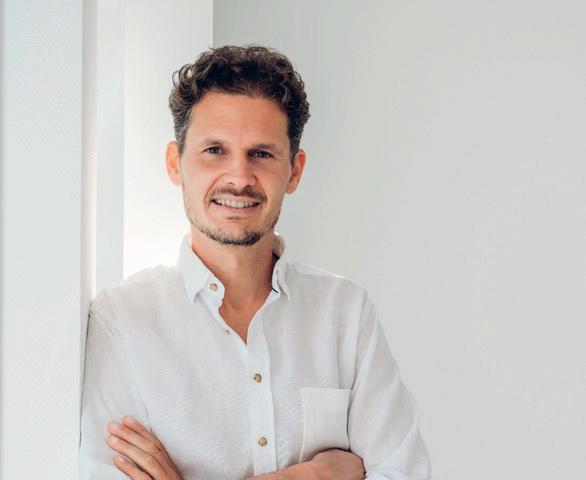

Establishing a risk profile, “dollar cost averaging” and investing through ETFs can help simplify an otherwise very complex domain.
To someone without prior experience, the world of personal investment can appear complex and confusing. With a barrage of terminology and numbers that are difficult to understand, it is often hard for people to enter into the world of investing. Even Bryan Ferrari, an investment advisor and banker at the state savings bank Spuerkeess admitted, “It is a jungle out there, it’s quite difficult to see straight.” Delano sat down with Ferrari to discuss how he would advise someone beginning personal investing.
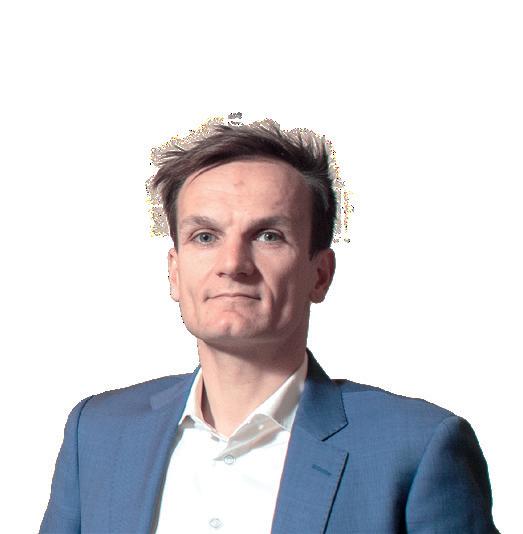
“ There are no mysteries to investing in the long term. The easiest way is doing it regularly.”
Ferrari was eager to talk about financial literacy and showed a great desire to help newcomers enter the personal investment space. For him, people often become too reliant on unsustainable pension schemes when in reality it is in their best financial long-term interest to build up independent wealth through personal investment.
Ferrari first advised that if one is “completely lost” with respect to investment, they should look to their bank and use the banking app they provide as a starting point. There, a banker will help the investor establish a risk profile that will “determine the best allocation between equities and bonds” for the person’s investments going forward. According to Ferrari, this risk profile is extremely important as it allows the bank to understand what the goals are for their client’s investments. An octogenarian will be looking for more wealth preservation, whereas a 25-yearold investor will have more risk tolerance and will be looking for wealth appreciation. Following the establishment of a risk profile, the person’s savings will be placed in an investment fund, which will provide “a decent cover of global equities.”
However, for those looking to take more individual control of their finances and venture into personal investment, Ferrari suggested searching the internet for different brokers and investment strategies and opportunities. Ferrari noted that the investor will almost certainly then run into exchange-traded funds , or ETFs. ETFs pool together investment securities and hold multiple assets rather than only one and can easily be bought and sold online. Large stock indexes like the MSCI World group these ETFs together and
“make it pretty easy for the investors to gain access to a broad basket.” Ferrari stated that the best way to enter into ETF investing and trading is to learn by doing. “No one is perfect and... you have to learn on your own mostly.”
After finding what funds you want to invest in, Ferrari said that, in his view, the best investment strategy for beginners is to engage in “dollar cost averaging”, or DCAing. Essentially, DCAing is a strategy that uses consistent investment over an extended period of time to reduce the volatility of purchase price. Ferrari noted that frequently buying an asset at a fixed price can potentially lower the average cost per share of the investment, making it more financially prudent over the long term.
“With DCAs, often when you’re a beginner, you think you can time the market, but nobody can, even us professionals,” Ferrari said. “So the best way to not time the market is by not putting all your eggs at once in the basket but doing it one after the other. If you have a down month, it’s fine; if you have an up month, it’s definitely good, but in the long run, markets tend to go up [as will your investment].” In short, as Ferrari put it, “There are no mysteries to investing in the long term. The easiest way is doing it regularly.”

Delano unpicks some of the terminology that can make the financial sector difficult for outsiders to follow.
Words AARON GRUNWALDActive investing takes a ‘hands-on’ approach. A portfolio manager is tasked with analysing market information and taking investment decisions. Passive investing takes a ‘hands-off’ approach. It typically involves buying and holding a pre-defined investment product that tracks a basket of bonds and stocks or an index like the S&P 500.
To vastly oversimplify, alternative funds are designed for professional and affluent investors, while Ucits funds are designed for retail investors. While Ucits are a specific structure, alternative funds--also called private market funds--are more of a catch-all phrase for a number of asset classes, such as instrastructure, private equity and private credit.
These refer to sections in the EU’s Sustainable Finance Disclosure Regulation. Article 8 funds use sustainability criteria in their investment process, article 9 funds have a sustainability objective for their investments. In contrast, article 6 funds make no sustainability claims.
Common measure for interest rates and fund costs. One basis point is 1/100th of 1%. In other words, it’s 0.01% or .0001. An interest rate change of 1% is 100 basis points. So, if an interest rate went from 4% to 4.25%, it went up by 25bps.
This is the technology behind cryptocurrencies like bitcoin, but blockchains themselves are not digital money. A blockchain is like an Excel file where one user at a time can add data that is permanently saved and seen, but not edited, by all future users.
Researching and authenticating information relevant to a pending decision or transaction. The point of conducting due diligence is to reduce risk, avoid unpleasant surprises and determine if promises made are likely to be kept.
Think of it as a form of the hub-and-spoke model. Several feeder funds feed investors’ savings into a master or umbrella fund. An individual feeder fund’s market could be a specific geographic jurisdiction or type of investor.
How quickly and easily an asset can be converted into cash without impacting its market price or incurring costs. Stocks and bonds are usually fairly liquid; real estate and art generally take longer to sell.
The primary market is where companies, governments and organisations raise fresh cash from investors, such as an initial public offering. The secondary market is where existing shares, bonds and fund units are traded, providing liquidity to investors.
Speculating that the price of a financial security will drop. Traders typically use this strategy if they believe the price of a security or asset class will fall in the future and they want to profit from it, and by portfolio managers who want to hedge against the risk of assets they hold falling in price.
Kinepolis Kirchberg
Moving to another country can be a real challenge. In taking up a new job in Luxembourg, these ten expat rockstars decided to step out of their comfort zone, meet people they would never have met otherwise and make connections that have completely changed their lives. Great professional success stories worth sharing!
With the participation of Rolf Sorg (PM-International), Diana Senanayake (IQ-EQ), Enrique Sacau (Kneip), Diane Tea (B-Green), Kaisu Christie (EIB), Irene Mäkelä-Brunnekreef (Finland Chamber of Commerce), Stephan Gehmacher (Philharmonie Luxembourg), Sandrine Lingom (O2Continents), Ajit Mathew (FocalPoint) and Joost van Oorschot (Maana Electric).


Digital platforms now allow individual investors in Luxembourg to access private market investment funds that traditionally have been the preserve of institutional investors and the super wealthy.
Words AARON GRUNWALD1
Available via a private bank or wealth manager. Minimum investment of €25,000 or €100,000 depending on the type of fund. “Globally, Icapital services more than $180bn in invested capital across approximately 1,440 funds,” says a rep. It has partnerships with the likes of Apollo, Blackrock, Carlyle Group, Goldman Sachs, Temasek and UBS.
2
Most funds open to accredited investors with a minimum investment of €50,000, but “eligible retail investors” will be able to access its coming Eltif 2.0 product from €10,000. “Moonfare aims to offer a curated and diversified set of private market funds and direct investments. So far, more than 110 funds have been launched on the platform,” says a rep. It has 4,000 clients, “is fast approaching €3bn” in assets under management and “works with over 100 partners.”
4
Minimum investment of €100,000. “Stableton’s mission is to provide superior access to growth equity and pre-IPO deals and portfolios with a focus on secondaries,” says a rep. Founded in 2018, it has 4,000 registered platform users, $250m in assets under management, and partnerships with Swissquote and Morningstar.
3 To use these platforms, individual investors will need to demonstrate that they are savvy enough to understand the funds and have the means to withstand the risk. They will need to qualify as a ‘professional’ or ‘well-informed’ investor before proceeding. A financial advisor can explain the accreditation criteria and how the process works.
Sprout
Minimum investment of £25,000. “Sprout provides investors with visibility of the venture capital and private equity space, allowing investors to market map funds based on their interest,” says a rep. “We currently have over 50 funds on the platform, and expect to have over 100 funds on the platform by the end of” June 2024.
5
Open to accredited investors via a private bank, wealth manager or investment advisor. Minimum investment of €100,000. “Titanbay typically offers 10-15 funds per year, diversified across the full private markets spectrum: private equity, growth equity, venture capital, private debt, infrastructure and secondaries,” says a rep. It has 3,500 investors and partnerships with Abrdn, FNZ and Mercer.
6
Crowdfunding Equity crowdfunding platforms allow investors with varying levels of sophistication to take a direct stake in a startup or growth company. Most deals on Companisto, Crowdcube and Seedrs have a minimum investment of €10,000. A number of international platforms provide access to both direct deals for retail investors and funds for accredited investors. Check out Angellist, Ourcrowd and Wefunder. Read all the documentation carefully.
TUESDAY �0 DEC����
Every two years, Maison Moderne produces the «Paperjam Top 100 - the ranking of the most influential economic decision-makers in Luxembourg». This ranking is the result of the work of a diverse and independent jury, and it is exclusively revealed during a gala evening where the jury presents the top ten ranked individuals on stage.
This 10th edition of the Paperjam Top 100 ceremony is organized as a seated dinner.

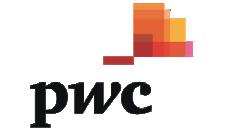
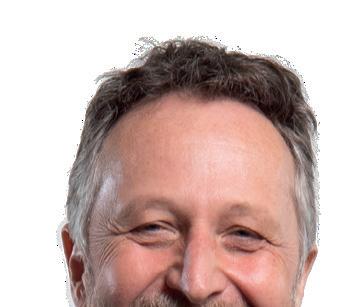
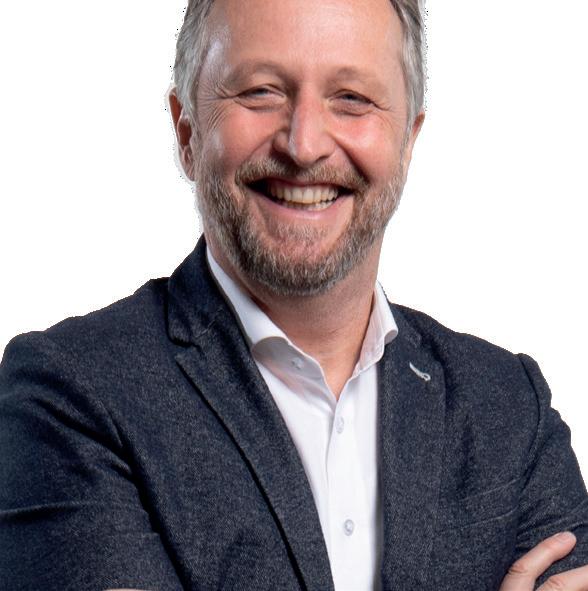
GEORGES BOCK
Founder
Moniflo
and CEODigitalisation has changed the relationship with the client. Instead of going to the guichet, people have an app on their computer or mobile. As long as the apps work, people might be happy forever. In the past, when you connected to your banker via phone and he was not available, you had the tendency to accept that he was not available. Now, if your app is down, you get crazy!
Today, there’s an abundance of information and there’s never been so much free advice flying around. Providers have to move up the scale of their service. Digitalisation also leads to increased affordability, accessibility and the democratisation of finance. People experiment more because the entry barriers are not so high. And, thanks to blockchain, investing is getting cheaper, safer and more efficient.
VICTOR JUNGHead of digital assets
Hamilton Lane
Digitisation--and specifically, tokenisation--has provided numerous benefits in how private markets are accessed.
Cheaper: fund structures become more equitable for the end client. Digitally native structures will allow less capital-intensive fund formations, benefiting the distributor and issuer.
Better: private markets become more fractionalised, allowing investors to efficiently access tokenised funds. There will also be improvements in options for liquidity via trading venues with more participants--due to fractionalisation--coming in.
Faster: Investors go through the process only once; today, even if you invest with the same manager, you still need to review and sign 80+ page documents for each offering--that highly manual process will disappear and settlement will be more efficient. All data will be captured in real time.
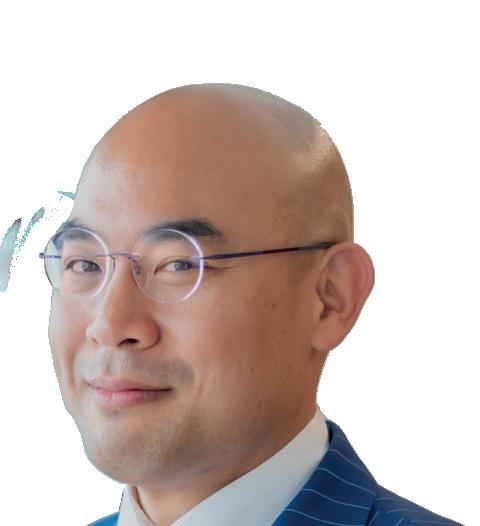
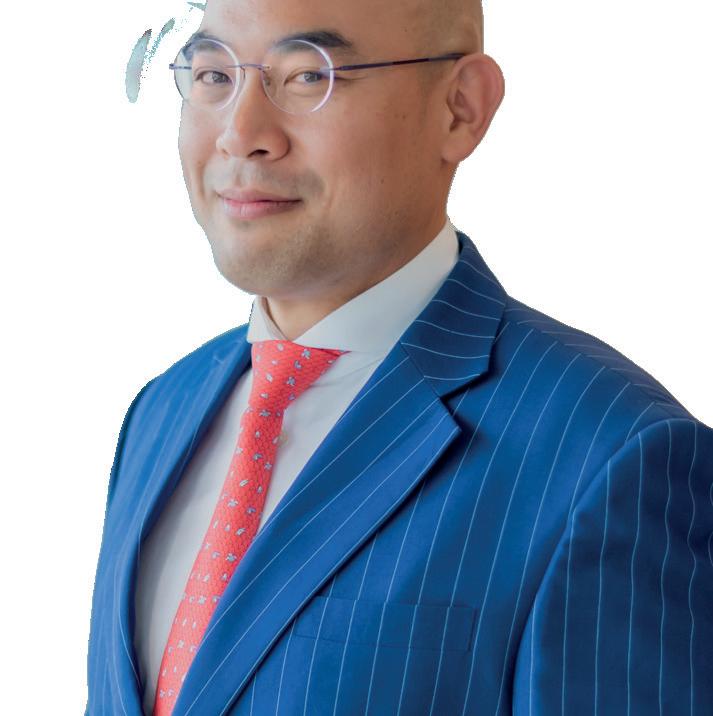

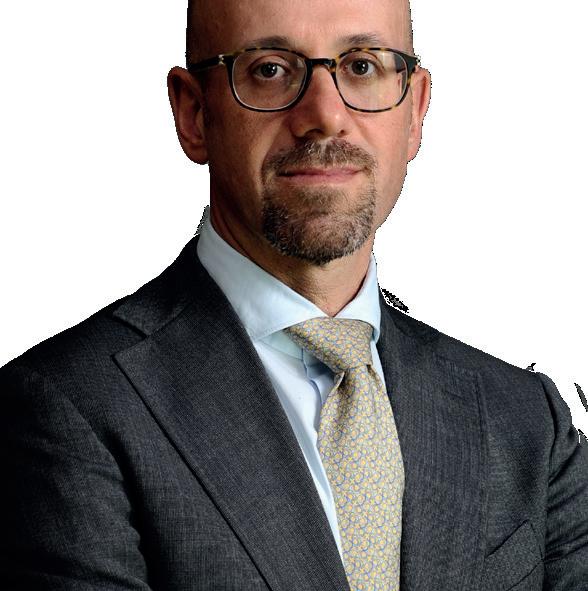
Country head for Luxembourg State Street
There’s a mixed view on what has been going on in the digital space and how various actors are embracing what was originally called a ‘digital revolution.’ This revolution is now becoming more of a ‘digital evolution’ of the financial market. The market is moving steadily, but relatively slowly. The resource allocation being put into digitalisation is not really ramping up.
There’s an expectation that the adoption of digital trading and interoperability between traditional and digitalised financial instruments will give us more transparency, more efficient trading and lower costs. On the other side, it seems difficult--at the moment--to fully exploit those benefits, as there are still constraints and concern on cybersecurity. There is still a feeling of lack of regulatory clarity and consistency of interpretation from regulators across different countries.
We spoke with nine European financial sector professionals about how digitalisation has changed investing. Here’s what they had to say.Words LYDIA LINNA
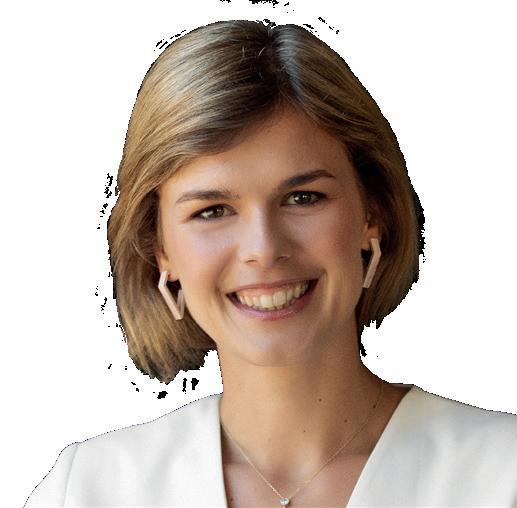
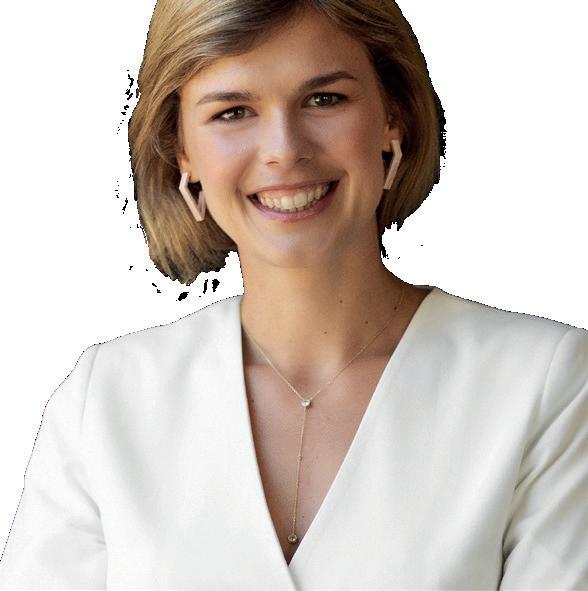 MELANIE MOOS
MELANIE MOOS
Country manager in Luxembourg Depowise
Investor demands and expectations in terms of digital experience is accelerating. They now expect a seamless digital experience throughout the investment process, compelling every player in the chain to streamline their processes to the maximum.
Fortunately, technological advancements are making these changing investor & user expectations possible. The era of massive technological overhauls every decade is over. A modern architecture capable of interfacing with scalable, flexible and future-ready solutions is now a must have. [Fintech firms] must offer simple yet flexible solutions that help clients focus on their core business while benefiting from the latest technological advancements. This revolution isn’t solely an individual concern for companies but a collective imperative for Luxembourg to remain competitive.
Independent director and advisor in fintech/VC
Digitalisation has profoundly transformed investing, making it more accessible & efficient. Investing used to be restricted to those with significant wealth and specialised knowledge. Currently, online platforms allow anyone with internet access to invest in a wide range of assets, from equities and bonds to crypto or crowdfunding projects. Apps offer tools that simplify decision-making… lowering the entry barrier for novices.
Digitalisation has enhanced transparency, enabling investors to track their investments’ performance and fees in real time. This democratisation has led to greater competition & innovation in the financial sector, fostering more personalised investment solutions and improving market efficiency. There is huge room for manoeuvre in terms of financial education.
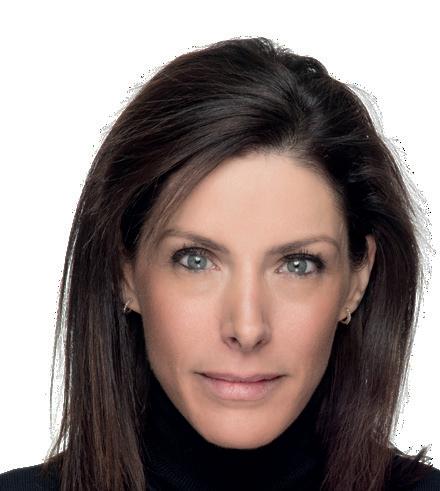

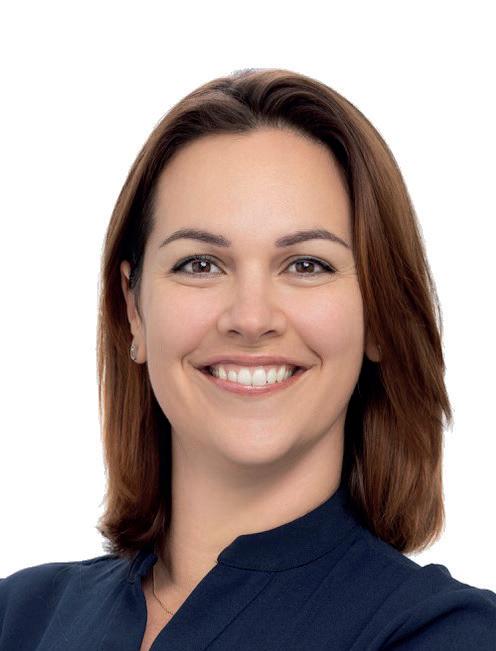
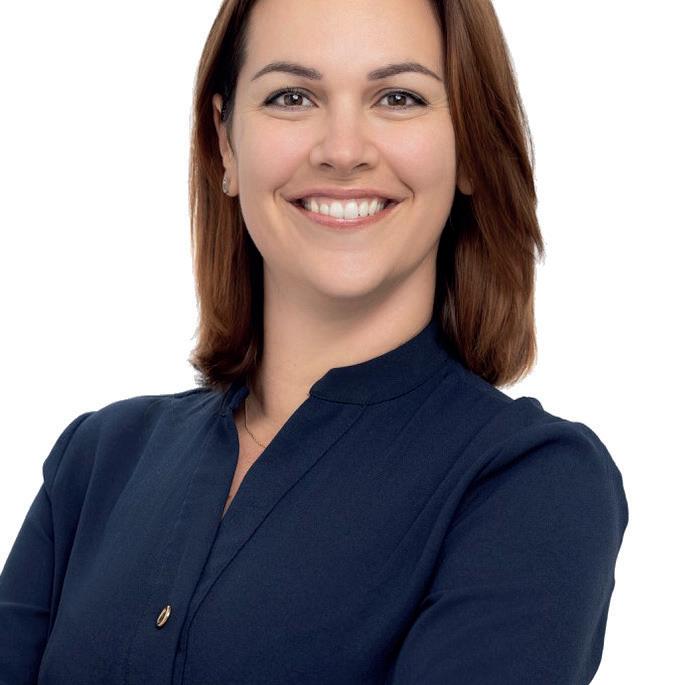
Head of wealth management-Luxembourg market
Indosuez Wealth Management
We see a rising trend amongst our clients: autonomy and selfcare through digital tools while benefiting from a strong and trust-based relationship with their private bankers and experts. Clients want to access qualitative, comprehensive & educational financial content, to consult their wealth and make transactions online, both on PCs & smartphones. The need for autonomy is linked to a need for more fluidity regarding administrative burden in particular. Indosuez works closely with its internal IT, its innovation lab and fintechs to integrate digital evolutions to provide an enjoyable client experience and to equip our teams. The banking sector faces complexifications due to regulation and cybersecurity stakes. Digital technology helps us to better apprehend those changes and implement them.
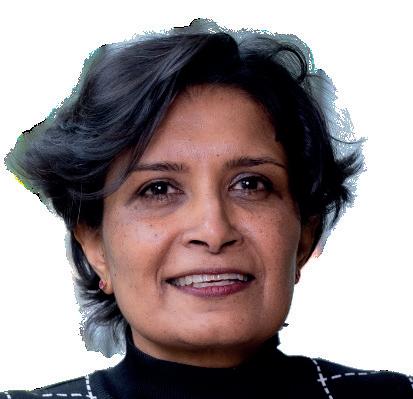
 KAVITHA RAMACHANDRAN
Chief operating officer
KAVITHA RAMACHANDRAN
Chief operating officer
Apex
Group LuxembourgA generational shift in the investor community continues to pave the way for increased digitalisation and userfriendly experiences. The demand to have access to real-time data is driving the use of technology, and this is influencing investment managers to move from monthly and quarterly reporting cycles to having investor information available instantaneously through data feeds on mobile applications which in turn is changing traditional investment methods.
We might define a successful outcome in the tokenisation of managed assets as a world where our kids are looking at their smartphones, and seeing their investment accounts, however small, where they track their private debt, private equity, real estate, infrastructure, insurance-linked securities and hedge fund investments, alongside traditional securities and crypto investments.
LAURENT SIMEONI Head of portfolio management servicesING Luxembourg
Over the past decades, banks were the main users of digital tools, trying to benefit from every technological innovation to increase their profitability. Since several years, clients have been taking advantage of technological trickle-down to access tools and instruments formerly reserved for financial professionals. In terms of access to product, the best example is the emergence of the crypto currency platforms.
But, driven by the new generation of investors, customers are now accessing products formerly reserved for financial professionals (contract for difference, exchange-traded funds, futures, commodities, options) from a single place for a fraction of the price 20 years ago.
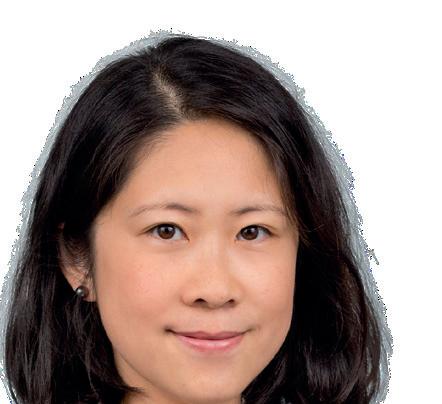
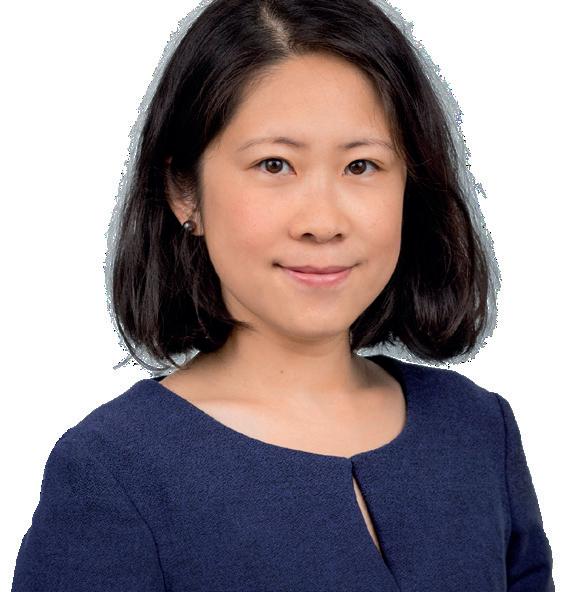 MIAO WANG Partner, funds and asset management
A&O Shearman
MIAO WANG Partner, funds and asset management
A&O Shearman
Digitalisation has revolutionised the investment landscape by altering how investors access markets, make decisions and manage portfolios. The advent of digital technology democratises information, streamlines processes, and fosters innovative financial products and services.
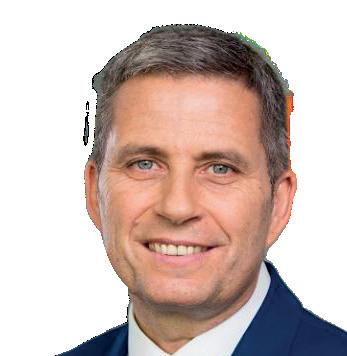
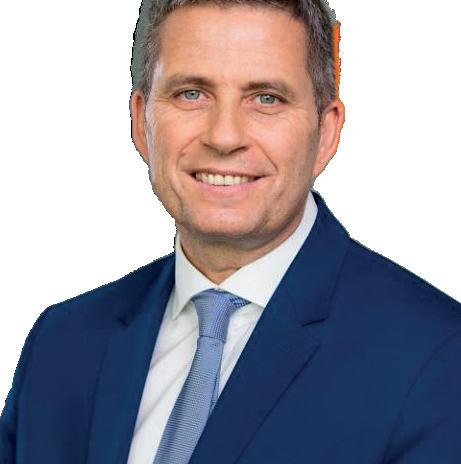
For example, one of the most significant digitalisation changes is tokenisation, allowing for the fractionalisation of assets and their representation as digital tokens on a blockchain. It democratises access to investment opportunities and enhances transparency and security for investors.
From a regulatory standpoint, this shift introduces new legal challenges, such as the need for clear regulations around token classification, investor protection, cybersecurity and antimoney laundering measures. The complexity of these evolving legal frameworks is significant and continues to shape the landscape of digital investments.
The meeting for marketing & communication professionals. Discover the annual competition in collaboration with Markcom, at the end of which five awards are presented to five brand managers elected through a peer vote in five categories: Institutional, Retail & Hospitality, Services, Financial Hub, and Brand Manager of the Year 2025.


Emanuele Vignoli, CEO of HSBC in Luxembourg, told Delano about his first investment--a flat in London--as well as the importance of tailoring investments to your personal situation, being prudent with regards to risk and owning your decisions.
Words LYDIA LINNAEmanuele Vignoli, who has worked in the financial sector for over 25 years--at HSBC, ABN AMRO and Citibank--started his career in London. That’s where he bought his first flat, making his first investment a property investment. “It was an old Victorian property, converted into flats,” he tells me during our interview, and it was this traditional, Victorian style that attracted Vignoli.
The reason he made this investment?
“My boss at the time suggested, ‘Why don’t you buy something?’ At the time, the price of a rental was very similar to how much you would pay for a mortgage. So whilst it was quite scary at the time-first time in a foreign country, first job--I listened to him.”
“It was the best thing that I could have done, because that really helped me to move into the property ladder,” says Vignoli, who developed an interest in investing in property, both for personal needs and rental purposes.
Maximise returns without too much risk
“I’ve also been interested in how to maximise the returns without taking too much of a big risk.” A person’s risk appetite can change as years go by and their personal situation evolves, “but generally, I’ve never been a high risk taker.”
“The way I went about investment, I really looked to a diverse portfolio with different risk levels,” he says, with a focus on four areas.
The first area is shares. His approach has “always been quite conservative” and involves personal research and analysis. “I’ve always allocated a small capital, and I’ve never exceeded that,” he explains. “I always kind of use this strategy: ‘Assume that you could lose all your money. Can you afford to lose all that money?’ So, I’ve always been quite prudent with shares.”
Area two is investment funds, or professionally managed funds with a low- to medium-risk profile, while area three is term deposits. There’s less flexibility in terms of accessing your money, but a potential for larger returns from an interest rate perspective. The last area is the pension, both via an employer and ways to “top it up.”
Points to keep in mind
When it comes to younger investors getting started, Vignoli has three points.
“The first one is really analyse your personal situation and stage of your life,” he says. Understand your priorities and “tailor your investment according to your personal situation.”
“The second one--which I always live by--is never take risks that you can’t afford.”
And the final point? “Don’t be afraid about asking advice from trusted friends or colleagues,” he concludes. But “you own your own decision. You are the one in the end who decides and takes responsibility for your investment.”
“ You are the one in the end who decides and takes responsibility for your investment”
EMANUELE VIGNOLI CEO of HSBC in Luxembourg
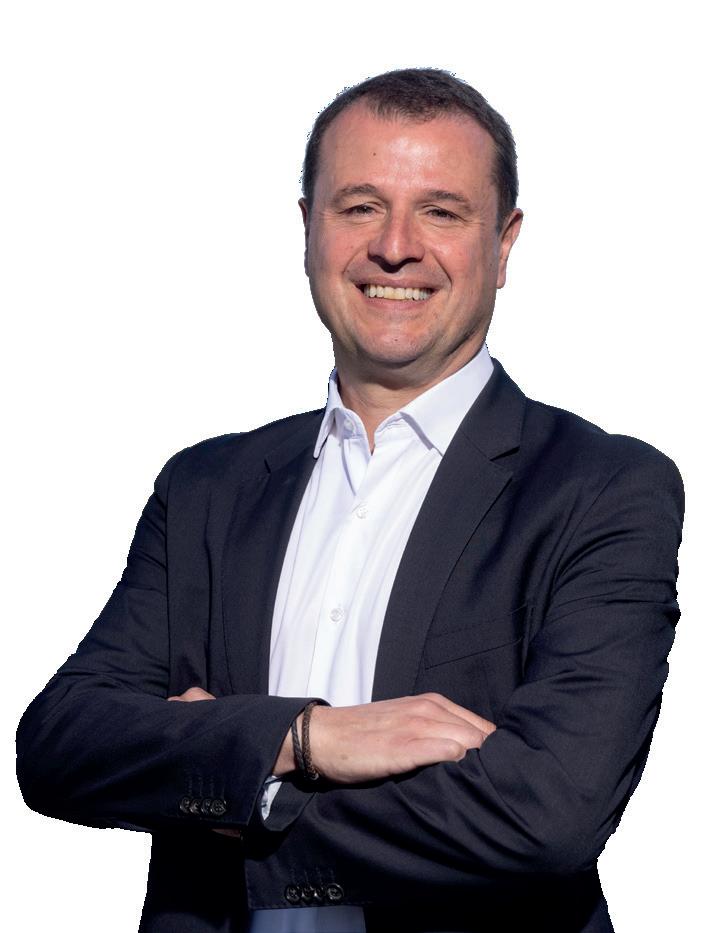
Paperjam+Delano and Luxembourg for Finance are delighted to announce their second Finance Awards – another chance for us to give recognition to those in the finance industry who have been showing excellence and outstanding expertise during the year.
As time and discussion go on, our understanding of “flexibility” in the workplace is intensifying. What, exactly, are companies in Luxembourg doing to meet the needs of the people they employ? And what, exactly, are those needs?
Words JEFF PALMS“If companies don’t do that, they are severely disadvantaged.”
Kieron O’Connor is the managing director and majority owner of KR Recruitment, an eight-person outfit that does recruitment for Luxembourg’s financial services sector.
The thing he is referring to above-what companies must do if they don’t want to shoot themselves in the foot from a recruitment perspective--is giving employees at least one teleworking day per week. He hesitates on choosing one or two as the minimum before settling on the former. “I think the absolute maximum you can [make employees] go into the office--what people will accept now-is four days.”
“They’d probably prefer three days,” he adds.
After salary, teleworking is the most important criterion among candidates, says O’Connor, whose job is to know what
candidates want. “The flexibility of working from home is massive.” In third place comes another factor related to work/life balance: the location of the office relative to where the candidate lives.
All of this should come as no surprise, given how the conversation has gone post-covid-19 (O’Connor calls the pandemic a “watershed moment”): teleworking has given many workers a means of seizing back control over their increasingly high-pressure lives. And this pressure has been increasing for a long time: a recent report--carried out by the University of Luxembourg and the Chamber of Employees (CSL) and published in 2024--found that, over ten years, workers in the grand duchy saw a 34.7% increase in work/life conflicts, while the risks of mental health problems and burnout both rose significantly as well.
When you talk with HR professionals in Luxembourg, there is a widespread
“It’s sometimes not easy as an employer, but we don’t have a choice. We need these young generations.”
consensus that this trend--i.e., employees seeking more control over their ways of working--is a deep and lasting movement. O’Connor locates teleworking as a main facet of the movement, but other facets exist too. In terms of hard policy, there is a demand for a shortened workweek (with or without the same productivity expectations) as well as a relaxation of office hours, while from a soft policy perspective there are changes in management style to accommodate more worker autonomy as well as a clearer understanding of the wider importance of the job.
Companies can easily control some aspects of flexibility, such as teleworking days and office hours. (Although, as is well known, Luxembourg companies suffer from tax and social security constraints when it comes to allowing their workers to telework from across the border; those that can afford it, and who wish to remain competitive as a workplace, have opened satellite offices to at least cut down the commute.)
“We don’t have fixed working hours,” says Laurent Derkum, HR and marketing director of Raiffeisen, plainly. Asked to clarify, he explains that full-time employees can divvy up their daily time however they wish between 7:00am and 7:00pm. You can split your time across days, too, up to a point: you must work a minimum
of four hours per workday, meaning that you must make up the rest of the time later. Your time account must be up to date every three months.
Raiffeisen also has the “Quality Time” scheme, launched in January 2023, whereby employees get one extra free day per month (outside national holidays and vacation days) that doesn’t roll over monthto-month. The idea is to let people better balance their work and personal lives.
The bank has also opened satellite offices to ease commutes where possible.
Derkum explains that the bank is pulling out all the stops on flexibility because they can’t quite compete with the state--a popular option for many of their Luxembourgish candidates--on salary. This chimes with O’Connor’s observation that, after money, flexibility is the main thing people care about.
Over at DLA Piper, meanwhile, employees may telework up to 50% of the time (per two weeks). “That’s the group policy,” explains Daphné Rosseeuw, head of HR at the law firm, adding: “[But] we really invite people to be at the office.” She acknowledges a shift away from forcing employees to be on site and towards incentivising them to be there, for example via “Collaborative Thursday,” complete with a team breakfast.
Asked if the DLA Piper workforce is interested in a four-day workweek (already adopted in Luxembourg by the likes of Flibco and RH Expert), the head of HR responds that lawyers’ work is billable (“you need to do your hours”) and not reliant on a formal badge-in and badgeout system. Instead of fewer hours, she adds, the firm is focussing on changing its work culture.
Alongside the advent of flexible policies comes another, less quantifiable type of flexibility: that of working style. Here, the trend is overwhelmingly away from authoritarian demands and towards worker autonomy.
“We’re not checking if you are in your chair,” says Rosseeuw. “We’re checking the results.” This amounts to a culture of results rather than one of presence, according to the head of HR, a change in

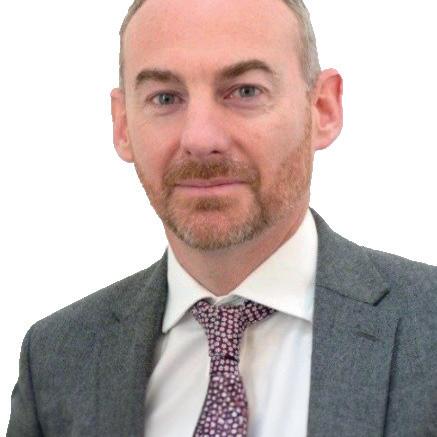
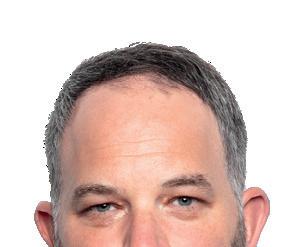
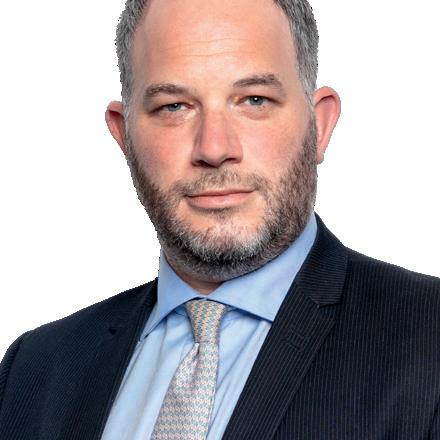
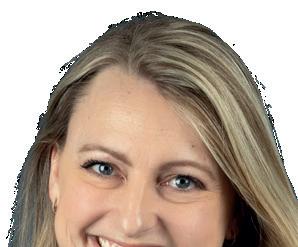
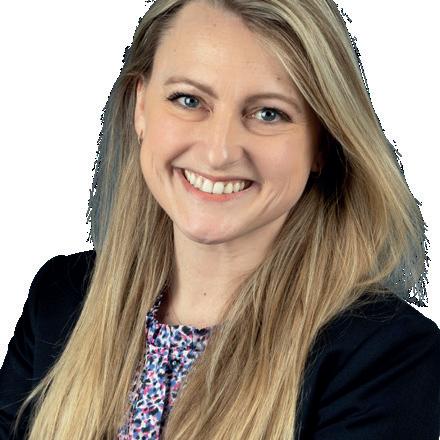
management style. Without falling into micromanagement, it’s about being closer to your colleagues and more approachable. “We have a hierarchy but it’s not a strong vertical structure. We have a proximity that allows us to be, maybe, more pragmatic in our way of working (than theoretical).”
“It’s not top-down,” says Derkum of their approach at Raiffeisen, echoing his counterpart at DLA Piper. “We need a management that corresponds to the needs of younger generations, and it’s not an old school management where you say: ‘I’m the boss and you have to do what I say!’”
All of the managers at Raiffeisen have therefore been trained in “positive leadership,” which, says Derkum, is based on adapting to employee needs.
Even a brief study of these two workplaces confirms, then, that the other side of flexibility is the attitude of management. Compared to instating teleworking policies, this is obviously a subtler type of shift to pull off. Derkum sums up the challenge by pointing to a seeming contradiction within the younger generation of workers: “They want autonomy but at the same time they need supervision. They are committed but at the same time they want flexible working hours. They are selective in what they want and what they need.”
Like O’Connor, however, he doesn’t look backwards, even for a moment: “It’s sometimes not easy as an employer, but we don’t have a choice. We need these young generations. And they can bring a lot to our companies: they are very creative, committed, available, thinking outside the box. They’re valuable for the bank.”
Both Derkum and Rosseeuw, when asked about employee expectations, touch on the rising interest in the wider societal and environmental implications of the company and the work it does.
Asked how employee expectations have changed recently, Rosseeuw’s first response is about meaning: “They are really looking to understand the mission and the purpose of the company.” Workers are asking themselves why they get up in the morning, she continues. “It’s a very good question. It’s reasonable to ask it, and the employer must feel
KIERON O’CONNOR Managing director KR Recruitment LAURENT DERKUM HR and marketing director Banque Raiffeisen DAPHNÉ ROSSEEUW Head of HRcomfortable answering it.” Some time ago, she adds, this answer might have come in the form of a paragraph or two in the induction materials, but not anymore. “Today, we need to know who we are, what we do and why we’re doing it. And the ‘why’ is more important than before.”
DLA Piper has made a quick and dirty concession to all this by replacing its goody bag for newcomers with a donation made to a charitable association (you may choose one from an option of three). There is more, though. The firm also funds various committees, Rosseeuw explains: one for wellbeing, diversity and inclusion; one for events; and one for pro bono work. These committees have no requirements for joining and turn over yearly so more people participate. Asked what the money is spent on, Rosseeuw mentions ski trips and other parties but also a programme for asylum seekers, a talk by a disabled former lawyer and one lawyer who went to Madagascar to train magistrates and judges on wildlife protection issues.
Derkum agrees that environmental, social and governance (ESG) factors are important to employees, especially younger ones. “They want to know what
we’re doing, what our impact is.” The bank has to show its employees that its communications in this area aren’t greenwashed, he adds. Asked if the bank is considering becoming a B Corp, he acknowledges the possibility: “It’s probable that we’ll go in that direction.”
Rosseeuw, on the same question, says only that “at the level of the group as well as locally, yes, there are a lot of initiatives.”
Attracting people to Luxembourg
From experience, O’Connor offhandedly estimates that he finds about 30-40% of candidates outside of Luxembourg, which naturally begs the question: do they want to move here?
“Salaries are good,” the recruitment specialist begins. “Opportunities are good in terms of career development.”
Reaching his point: “I think housing cost is probably the key issue.”
Indeed, while many Luxembourg companies, at least anecdotally, have acted on workplace trends by offering more flexibility in their policies and management styles, sometimes the ultimate factor-money--still wins out. O’Connor observes that, from a net wealth perspective, candidates simply aren’t always better off
Some 12% of employees in Luxembourg are planning to quit their jobs, according to a survey from the national statistics bureau (Statec) published in May 2024. The feeling is strongest amongst younger workers (25-34), 16% of whom have made the call.
coming to Luxembourg. He gives a hypothetical example of somebody relocating from Spain who might see a €20,000 bump in salary but end up paying more than twice as much in rent. Sometimes, he adds, they are actually worse off in the grand duchy.
“I don’t have many CVs coming from Belgium,” says Rosseeuw of DLA Piper. “And we’re not that far!” Why not?
Housing and traffic. “If you don’t have enough money to live here in Luxembourg, then you go farther and farther, and then you have traffic [to deal with].”
Traffic in Luxembourg is the 48th worst in Europe, according to Numbeo, admittedly better than Zurich (6 th) and London (9th). But the same organisation ranked Luxembourg housing as the 7 th most expensive in Europe. Teleworking might be the death of traffic if more companies steered into it (and if the cross-border issues were solved), while the housing problem obviously remains a major factor.


Dac8--the seventh amendment to the Directive on Administrative Cooperation-requires automatic exchange of crypto asset tax information among EU member states. It intends to provide more clarity to tax authorities. However, challenges in implementation and regulatory ambiguity remain, say industry and legal experts.
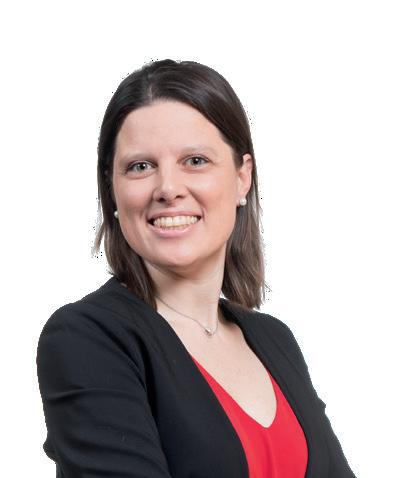
“Dac8 will contribute to fight against tax evasion by closing potential loopholes resulting from recent evolutions in finance”
“Automatic exchange of information on financial accounts has been put in place within the European Union… to detect and discourage tax evasion through a multilateral network of tax cooperation among national tax authorities,” says Laetitia Carroz, senior tax advisor at the Luxembourg Bankers’ Association (ABBL). The set of rules known as Dac8--which need to be transposed into national law by the end of 2025 and will start taking effect in 2026--extend the scope of automatic information exchange between agencies to include data “reported by crypto asset service providers (Casps) and operators” on transactions, including transfer or exchange of crypto assets. This expansion is aimed at addressing potential loopholes resulting from the exceptional growth in the use of the crypto assets sphere.
Reflecting on the need for Dac8, Hugues Hénaff, tax partner at Atoz, says, “The European Commission would like to ensure, through additional exchange of information, that crypto assets are subject to extensive reporting to capture and tax crypto gains.” Jean Kizito, partner at KPMG Luxembourg, agrees, stating, “Tax authorities lack the necessary information to track income from crypto assets, which are eas-
ily traded across borders.” He notes that Dac8, the latest in a series of updates, “covers a broad scope of crypto assets as defined in the regulation on Markets in Crypto Assets (Mica).” Furthermore, he interprets, “From a pure tax perspective, some governments are concerned that tax revenues from crypto assets could be underreported.”
Carroz concurs, stating “The decentralised nature of crypto assets may constitute a challenge for tax authorities when it comes to ensuring tax compliance Indeed, by using distributed ledger technology or similar technology, crypto assets can be held and transferred without the involvement of traditional financial intermediaries or central administrators.” Jan Neugebauer, tax partner at Arendt, argues, “The opacity and the decentralised nature of crypto assets present challenges for tax authorities seeking to ensure fair taxation as it is difficult to track and identify ownership as well as taxable events.”
Who’s affected
Casps and crypto asset operators will have to report crypto asset transactions to tax authorities under the automatic exchange of information framework, but to begin with, the definition of what constitutes a

















With a favourable regulatory environment, a resilient economy, a focus on sustainable investment, digital innovation, cross-border opportunities and increasing investor demand, Luxembourg is well positioned to capitalise on the thriving Private Equity market.
With the participation of Alain Kinsch (Luxembourg Stock Exchange), Giuliano Bidoli (BC Partners), Helene Noublanche (Coller Capital), Yannick Oswald (Mangrove Capital Partners), Clarisse Leduc (European Investment Funds), Peter Brown (Aztec Financial Services), Alain Rodermann (Expon Capital), Martine Kerschenmeyer (Korn Ferry) and Gisèle Duenas Leiva (Blackrock), Yoni Jennes (BlackRock) and Solenne Niedercorn-Desouches (Gokyo).
| Kinepolis Kirchberg

“crypto asset” is “very broad and refers to any digital representation of a value or a right which may be transferred and stored electronically, using distributed ledger technology or similar technology”, clarifies Hénaff. According to him, the definition “includes crypto assets that have been issued in a decentralised manner, as well as stablecoins, including e-money tokens and certain non-fungible tokens.”
Thus, the implementation of Dac8 will essentially allow tax authorities to collect information, including data on crypto assets, e-money and central bank digital currencies (CBDCs), and automatically exchange it with other member states, echoes Kizito.
Potential impact
Neugebauer anticipates that Dac8 will exert a significant impact on both operators in the crypto assets industry and tax authorities across the EU. These new obligations are expected to introduce operational costs for Casps and crypto asset operators, as well as for local tax authorities. However, Neugebauer asserts, “An increase in tax revenues is expected.”
In Luxembourg, where capital gains from crypto assets held for more than six months are not taxable, the impact of Dac8 may be limited in terms of additional tax revenues, Neugebauer remarked.
These provisions are set to apply from 1 January 2026 and data should be shared within nine months among concerned member states following the end of the calendar year, Carroz says. She also notes that Dac8 has an extraterritorial scope, as it requires non-EU Casps providing crypto asset services to EU residents to register with an EU member state and comply with the due diligence and reporting requirements of that member state. “Crypto asset users or end investors will also need to provide documentation before conducting crypto transactions through their service provider,” adds Kizito.
Carroz expects that by introducing reporting and transparency rules, “Dac8 should increase the legitimacy and acceptance of crypto assets within the EU.” Hénaff agrees, “These new rules

“Casps or operators, regardless of size and location, will need to report transactions of clients residing in the EU”
might bring clarity and reassure institutional investors looking at potential investments into the crypto asset space”, but adds, “the risk is always for the EU to lose competitiveness against the US or Asia.” He continues, “There is definitely a risk that smaller players, startups and ventures will face a significant burden if compliance costs and obligations are not properly identified and controlled,” but on a positive note, feels that “the rules also provide for a certain level playing field within the EU.”
Kizito contends that Dac8 is “designed to foster innovation alongside regulation.” He argues that while “the volatility of digital assets carries significant risks as well as rewards,” it is crucial to integrate crypto assets into the EU’s economy and ensure the sector’s sustainable and secure growth through consistent and fair regulation. Additionally, Kizito emphasises that this approach reflects the EU’s commitment to “protect all digital asset users.”
One of the potential regulatory spillover effects of Dac8 would be the “penalties” on entities which fail to comply, notes Neugebauer. He wonders about the uncertainty and enforceability around cross-border penalties for “reporting Casps who would not be compliant with Dac8.”
Carroz suggests that, “Some concepts are broadly defined within the directive and may be interpreted differently by member states,” potentially leading to a “fragmented implementation of Dac8 across the union.” Kizito echoes this concern, stating: “It’s worth noting that member states have diverged when transposing similar EU directives.” Carroz worries that this divergence “could undermine the effectiveness of Dac8 and the objective of establishing a consistent regulatory framework across the EU.”


Regulation, CSR, the climate crisis, cyber risks: Valérie Tollet, deputy CEO of the Luxembourg Insurance and Reinsurance Association (Aca), spoke to Delano about the challenges the insurance industry is currently facing.
Words JEFF PALMSValérie Tollet became deputy CEO of the Luxembourg Insurance and Reinsurance Association (Aca) in March 2024. Asked what gets her out of bed every morning, she says: “Insurance is a constantly evolving and highly dynamic field. Each day brings new challenges and opportunities.”
You were recently appointed as deputy CEO of Aca: what challenges will this role entail?
First and foremost, Aca’s main mission is to defend and promote the industry. This involves navigating a complex and constantly changing regulatory environment, while ensuring that compliance is respected, growth is secured and the competitiveness of our sector--and more broadly of the financial centre as a whole-is maintained. One of our strengths and a guarantee of our competitiveness has always been a constructive and collaborative approach with our regulator, who must remain attentive to the right balance between enforcing our regulatory framework and maintaining an environment that fosters entrepreneurship. By working closely together, being aware of the economic and political environment around
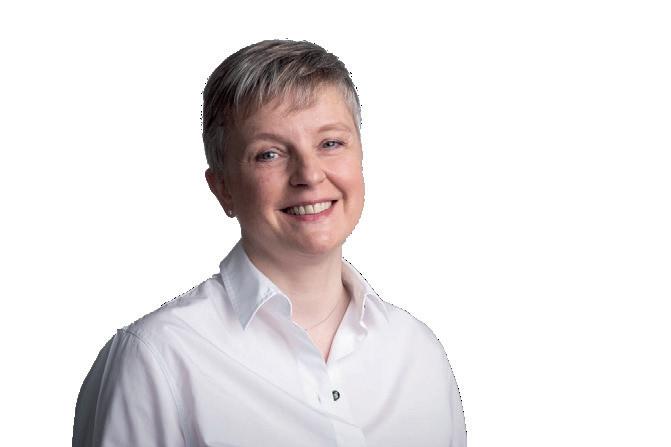
VALÉRIE TOLLET Deputy CEO Aca
“Insurers and reinsurers have a decisive role to play in the fight against the climate crisis.”
us, and adopting innovative approaches, Aca’s management aims to continue to develop and maintain strong relationships with its members, partners and stakeholders, both nationally and internationally. Additionally, we must not forget that Aca is above all a large community made up of over 1,900 professionals who share common values and who work together to promote, develop and advance the sector. To move forward together, it is essential to maintain a degree of unity, by federating and animating our community.
Aca’s 2023 annual report mentions “critical challenges” related to corporate social responsibility (CSR). What’s so challenging about it?
The challenges associated with corporate social responsibility are numerous. While CSR must be managed internally by each company, it’s clear that ESG risks must also be managed.
Sustainable finance is one of the cornerstones of these ESG requirements. It’s a priority for Luxembourg’s financial sector as well as for Aca, which has proactively--to best support its members--set up targeted working groups, such as the Sus-
Percentage points
“2023 was marked by contrasting trends in the life and non-life insurance sectors,” explains Valérie Tollet at Aca. “While non-life insurance recorded a sustained increase in premium income of over 9% compared with 2022, reaching a total of €18.8bn, the life insurance sector saw a significant drop of 17.52% in gross premium income.”
All told, the difference is 26.7 percentage points. “This contrast reflects the divergent market conditions facing our members.”
tainability Insurance Regulation Group and the Sustainability SFDR Group. While the first working group is responsible for deciphering the new regulations in this area--such as the Corporate Sustainability Reporting Directive, the Corporate Sustainability Due Diligence Directive and the Sustainable Finance Disclosure Regulation--the second working group aims to ensure that our members have sufficient information and guidelines for their respective implementation.
It also references “(over)regulation.” Is there too much regulation currently? Which regulations should be cut or altered from your point of view? And how would their goals be otherwise met? Regulation is fundamental to the stability of the sector and the protection of policyholders. But, as with everything, care must be taken to ensure that quantity doesn’t compromise quality. Too much regulation can hinder innovation and competitiveness. Aca advocates a balanced approach that promotes corporate responsibility while fostering an environment conducive to innovation and growth. In this context, we work daily with the various stakeholders at the national and European levels to maintain a dialogue and seek the right balance between regulatory requirements and an environment conducive to economic players.
However, we see on a daily basis that the proliferation of regulations tends to produce the opposite of the desired effect. In the end, consumers find themselves drowning under a mountain of information required by the regulations, whereas simpler, more easily digestible and controlled information would give them the necessary protection they are looking for. In this respect, I would like to quote the former finance minister, Pierre Gramegna: “The whole directive, nothing but the directive.”
A Munich Re report from January estimated that natural disasters caused losses of some $250bn globally in 2023. What is the insurance sector doing about the climate crisis?
The essential role of insurance for society and the economy is to protect the assets of individuals and businesses, as well as
to provide for the future. In recent years, we have seen the addition of a further societal role: insurers and reinsurers have a decisive role to play in the fight against the climate crisis and the natural disasters hitting us and posing a challenge to society as a whole. These natural disasters are becoming more numerous and frequent, and the final cost is constantly increasing. We’ve seen this locally with the tornado of 2019 and the floods of 2021, which cost Luxembourg insurers almost €250m. Our sector tackles these issues by focusing on three key areas: prevention, understanding risks and protection.
According to a factsheet from the European Insurance and Occupational Pensions Authority, over half (57%) of Luxembourg SMEs have no cyber insurance at all. Is this important?
I’m not going to surprise you by saying that, obviously, insurance cover is essential, all the more for businesses given the challenges they face. Cyber insurance has become essential, as cyber threats are constantly evolving. As we saw earlier this year with numerous attacks on government websites, this emerging risk is now a reality. Yet there is a paradox: the risk has never been so high and yet demand for cyber insurance products is increasing modestly. There are several possible explanations for this, but first of all I think that the ‘insurance’ reflex does not yet exist when it comes to cyber threats--certainly not at the same level as insurance for your car, home or even vacations. Large corporate groups are very aware of the cyber risk and are already implementing protective measures, which they are continuing to develop. SMEs, on the other hand, are lagging behind. Security does of course have a cost, as does insurance, even if these are threats we can quickly find ourselves powerless to deal with. In this context, insurers can play an important role: as with other products, insurance is there to repair the consequences of damage, from a financial point of view, but it is also attentive to the anticipation and prevention of the risk itself.
By aligning wages with the cost of living, indexation helps mitigate the adverse effects of inflation on workers. Here’s how the figures are determined.
Words KANGKAN HALDERInflation refers to the sustained increase in the prices of goods and services over time, affecting individuals, businesses and governments alike. One of the significant impacts of inflation is that it diminishes purchasing power over time. As prices rise, the same amount of money buys fewer goods and services, which is especially challenging for wage earners and pensioners with a fixed monthly income. In other words, the real value of household income will diminish over time if it does not keep pace with the rising cost of living.
Thus comes ‘wage indexation’--a periodic adjustment of wages, salaries and pensions to keep up with rising inflation. The cost of living is typically measured by indices such as the consumer price index (CPI).
Eurostat, the EU’s statistical office, uses the harmonised index of consumer prices (HICP), designed to provide a comparable measure of inflation across EU member states. It adheres to a standardised methodology to ensure consistency in price measurement and calculation across different countries. The weights of the different categories of the HICP of each country are based on the final consumption expenditures made by households on the territory.
In contrast, the national index of consumer prices (NICP or indice des prix à la consummation national) is specific to Luxembourg. It reflects the price changes of goods and services consumed by resident households within the territory and excludes expenditures made by cross-border workers and tourists. The NICP is also
the official measure of inflation for Luxembourg. The NICP, as well as the HICP, comprising over 300 positions, is grouped into 12 divisions, forming the final index and is used for wage indexation calculations conducted by the grand duchy’s statistics bureau, Statec.
Base index
To calculate price increases over time, the CPI is set at 100 for the base period. For NICP and HICP calculations, the base period is the year 2015, which means the average of the indices over the twelve months of 2015 is equal to 100.
However, for the purposes of salary adjustments, Statec also publishes the monthly NICP index with a base of 100 on 1 January 1948. This change of scale requires a fitting coefficient (coefficient de raccord), which is determined by ministerial decree.
Wage indexation
Under Luxembourg law, automatic wage indexation is triggered a month after the NICP index (base 1.1.1948) exceeds the 2.5% threshold since the previous indexation value. This triggers an all-around 2.5% increase in wages, salaries and pensions. However, certain consumables and product categories are cyclical or particularly price-sensitive to global geopolitics, such as seasonal food and fuel prices, which can lead to significant swings in inflation numbers. Therefore, wage indexation is calculated with respect to a six-month sliding average.
The last wage indexation in Luxembourg was triggered in August 2023
when the six-month moving average exceeded the re-adjusted index of 988.75, resulting in a 2.5% increase in wages, salaries and pensions as of 1 September 2023. Therefore, the next wage indexation threshold would be 1013.46 (2.5% above 988.75). As of March 2024, the NICP index is at 1008.17 (base 1.1.1948) and the sixmonth moving average has reached 1000.72. According to estimates from Statec, the next wage indexation is expected in the third quarter of 2024.
Applied one month after exceeding threshold
202120222023 2024
* Postponed from July 2022
6m moving average
Next indexation tranche, expected in late 2024

Our financial centre’s reputation for socially responsible and impact investing is internationally recognised and provides an ideal environment for climate finance funds. Here, experts will discuss climate finance strategy, the means used, investment vehicles and the LGX platform launched by the Luxembourg Stock Exchange.
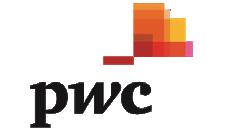
The European elections take place on 9 June 2024. What does the future of Europe hold in store? Candidates from nine major parties responded (in no particular order) to one of a handful of questions.
DÉI LÉNK
What gets you out of bed in the morning? “It would be a lie to say something generic and hopeful like: ‘Every morning, I wake up with determination and I am fuelled by my passion for a better future.’ My generation has experienced too many crises in our short time on this planet. Crises such as climate change will only become worse during our lifetime if no immediate action is taken. What gets me out of bed is the feeling that if I don’t do something, things will get worse. Mark Fischer said, ‘It is easier to imagine an end to the world than an end to capitalism.’ I firmly fight for and envision a better future without capitalism. In that regard, I actually am hopeful and determined, but it’s fuelled by anxiety and anger towards the status quo.”



Which site in Luxembourg represents Europe to you? “The Bockfiels is the cradle of Luxembourg, my home country; but, standing there, you can also see the house of Robert Schuman, one of the founding fathers of the European Union, and the Red Bridge, linking the old city of Luxembourg with Kirchberg, which hosts a number of European institutions. It represents to me the tight connection between Luxembourg, my motherland, and Europe, my home.”

DP
Which site in Luxembourg represents Europe to you? “Definitely Belval. It embodies both the past and the future of Europe for me. In the past, the steel industry made Luxembourg a key player in Europe and worldwide, and Belval was at the heart of this industry. The district’s history is a reminder of the country’s industrial past and its contributions to Europe’s growth. At the same time, the university’s presence represents the future of Europe, where education and innovation are at the forefront of shaping our society. And as a true Minettsdapp--that’s what we call people from the south of Luxembourg--I can’t help but feel proud of this heritage!”
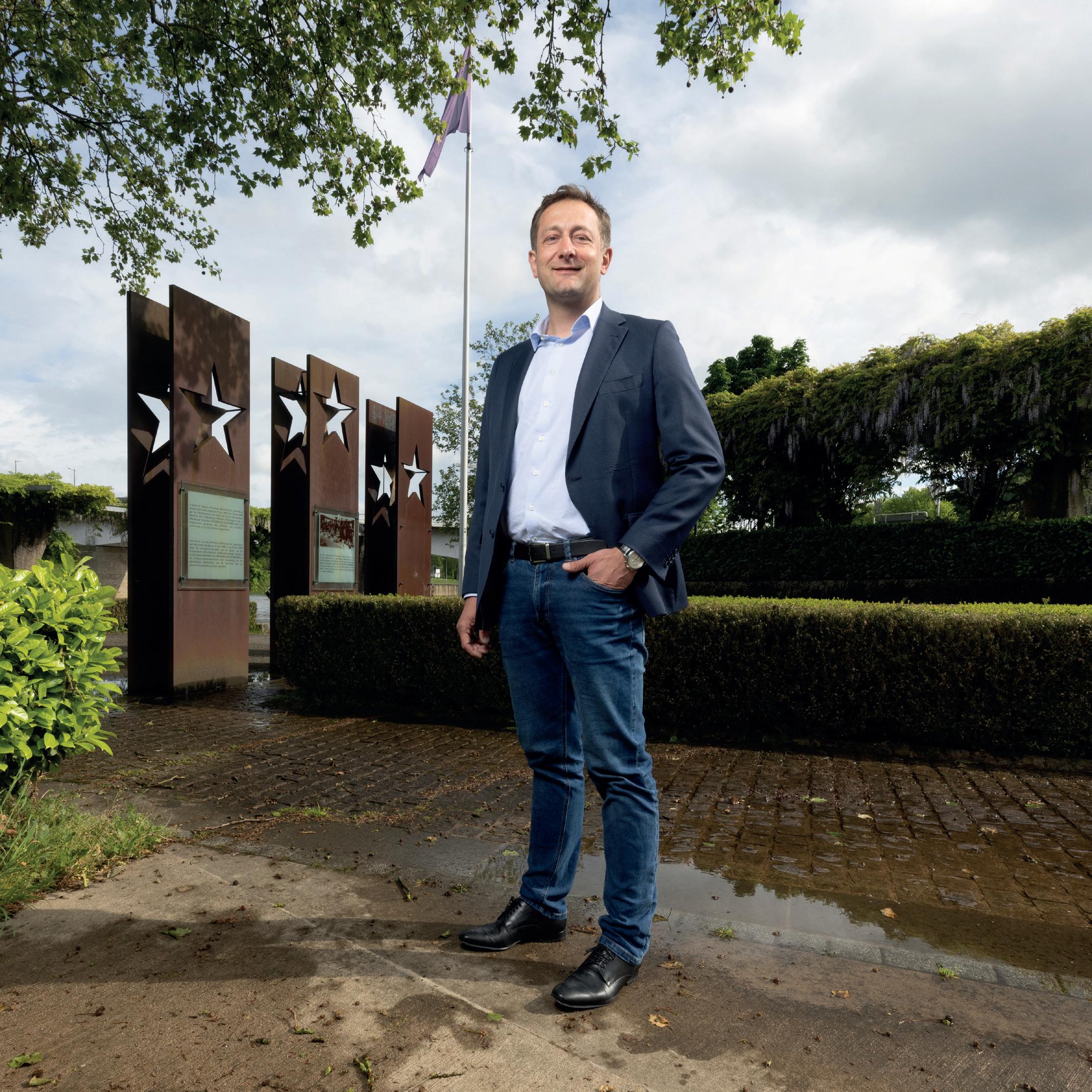
What does Europe mean to you? “To me, Europe is like a band of siblings. Siblings that can bicker and argue, but that ultimately will join forces elbow-to-elbow to get the job done. That’s how we stood up to Russia’s illegal war of aggression against Ukraine. That’s how, confronted with a global pandemic, we teamed up to get vaccines and ventilators. That’s how we beefed up our energy independence in the middle of a freezing winter. That’s how we managed to pass legislation on a new migration pact, to make sure we get a system that strikes a balance between solidarity and responsibility. To me, Europe is like a band of siblings who understand that we can never be free until we are all free. That we can never be safe until we are all safe. It’s about leaving no one behind.”
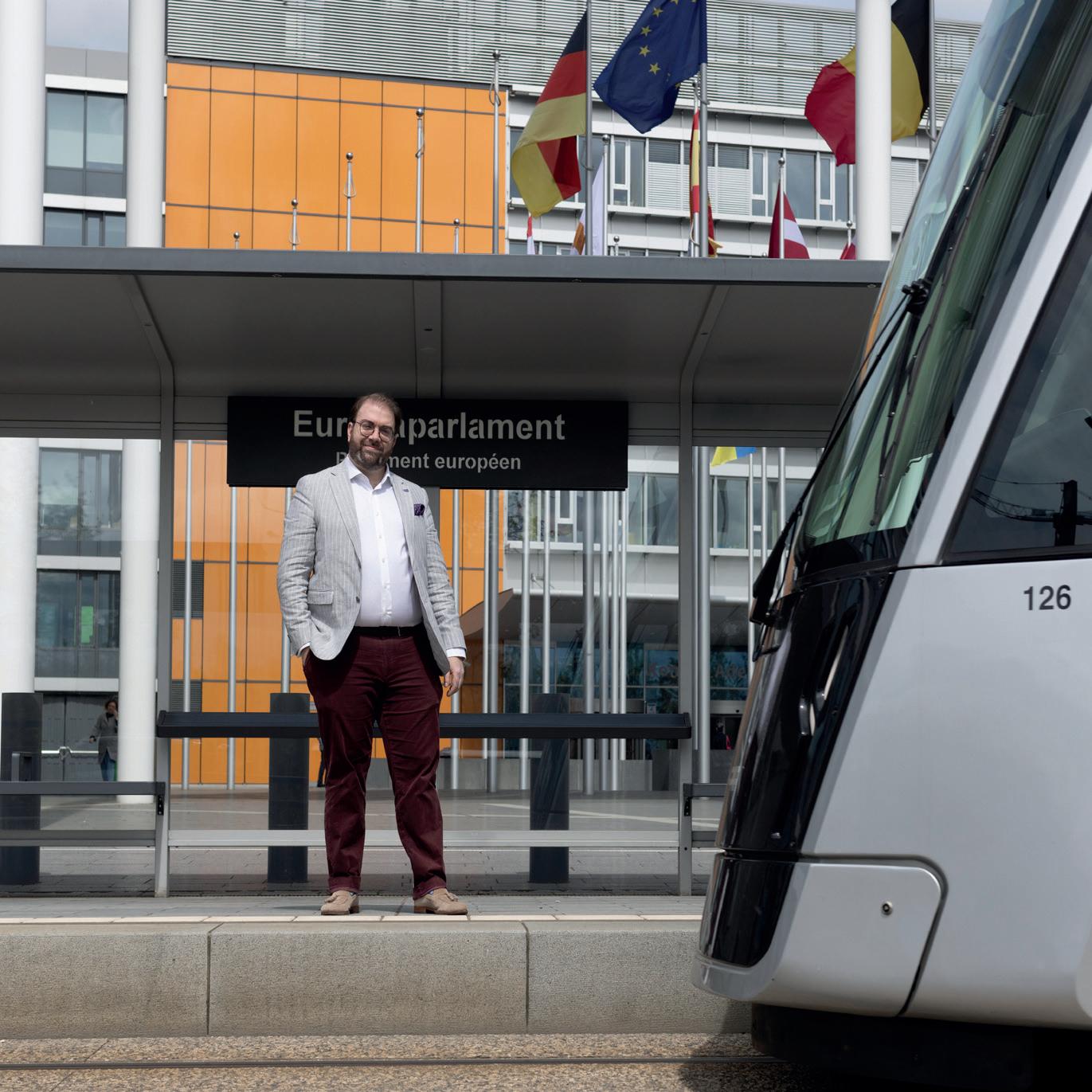
What gets you out of bed in the morning?
“As a rule, the alarm clock. Getting up doesn’t always mean getting up for a specific reason. If the question intends to extract a ceremonious statement from me, in the style of ‘I continue to believe that humans are intrinsically good,’ it won’t succeed. I lost that belief long ago. Russian attacks on Ukrainian civilians won’t cease because I get out of bed, sad as that is. However, I still like to be useful and do something for the advancement of various causes. Making Europe more relevant in global competition, helping to give it the resilience it needs to confront a brutal aggressor and struggle against stupid populism, anti-European slogans and the brainless glorification of national prowess are things that make me believe it’s worth getting out of bed.”
What’s something that most people don’t realise about the upcoming elections?
“Many people don’t realise that foreigners can both vote and stand as candidates in EU elections. The only thing that matters is where you live. In my opinion, the fact that you can vote at all as a foreigner (in Luxembourg or in other EU countries) is not sufficiently promoted and publicised by the government. After all, voter turnout among non-Luxembourgers is astonishingly low and I’m missing major campaigns and appeals to encourage them to vote--the potential in Luxembourg is enormous, with a good half of the population being foreigners. Anyone who is an EU national can vote from any EU country and stand as a candidate in any EU country--I think that is very democratic and honourable.”
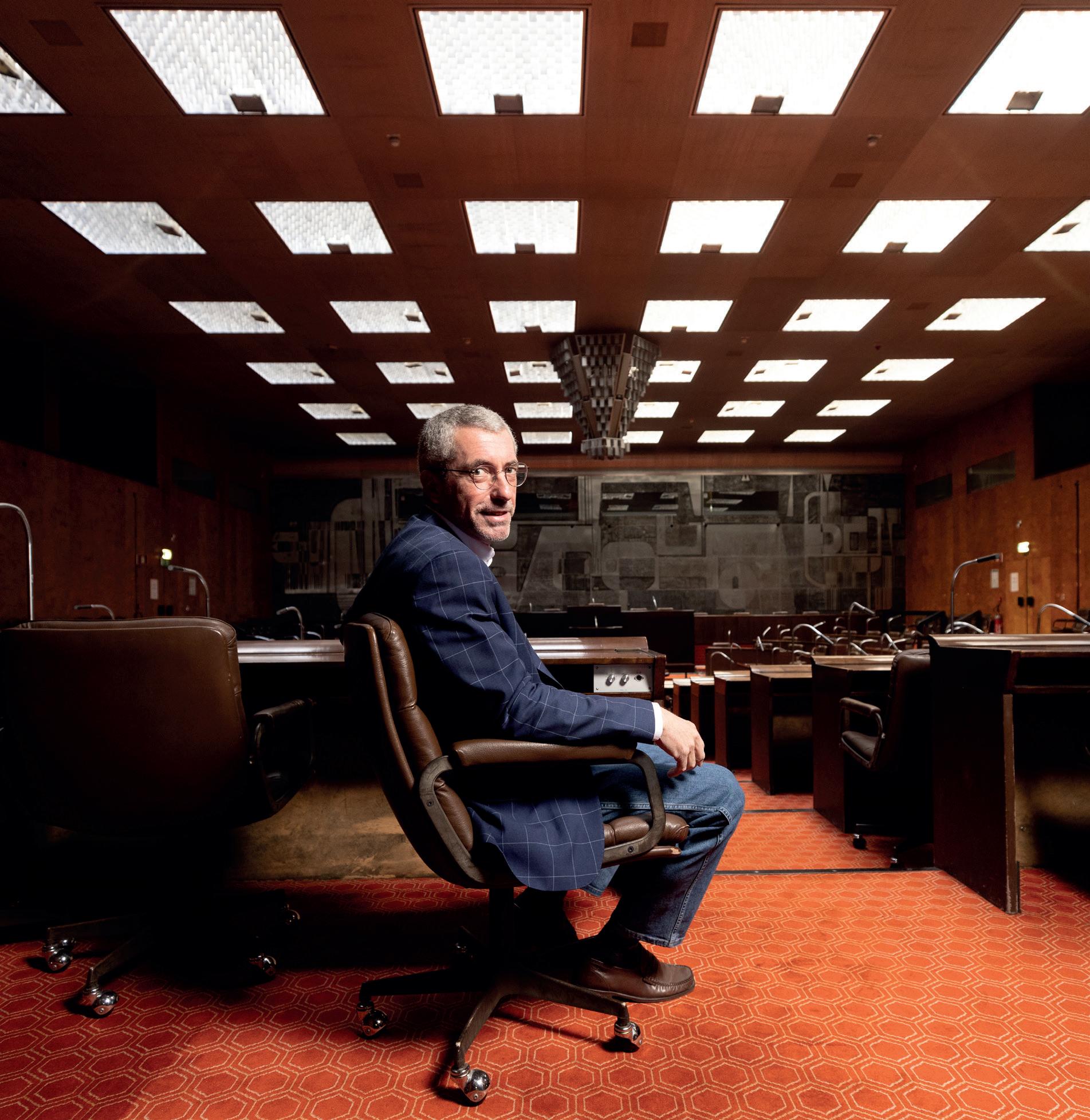

What’s something that most people don’t realise about the upcoming elections?
“That these elections have a direct impact on their daily life and that especially these elections are key for the future orientation of Europe: putting the protection of the citizen’s rights and freedom in the centre as well as the protection of our natural resources and, in doing so, strengthening a resilient and sustainable economy versus a Europe that puts the interests of a few in the centre as well as multinationals, that prefers exclusion and nationalism versus inclusion and solidarity between countries…”

What’s something that most people don’t realise about the upcoming elections?
“A lot of people don’t feel too concerned by the European elections, because for them Europe is far away and out of touch with people’s lives. This feeling is wrong because Europe is very close and surrounds their lives without them noticing. Whether it’s in the field of social security, the euro, common rules in the community or the workplace. Without Europe, there would be no recognition of diplomas and many expatriates or cross-border commuters would simply not be able to work in any EU country.”
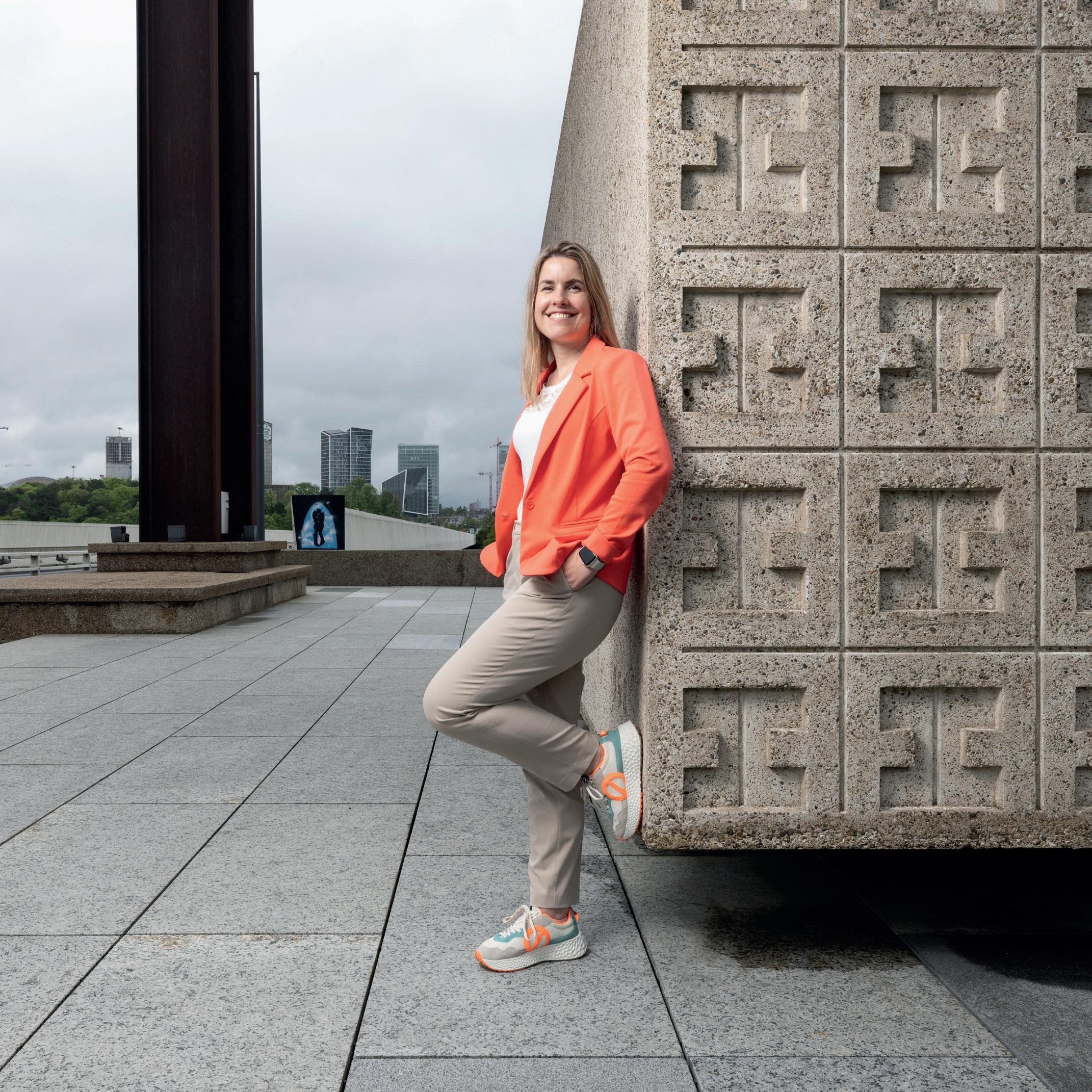
What does Europe mean to you? “Europe, to me, means finding a unique density of different cultures, languages, landscapes, cuisines, histories… but Europe means as well taking the responsibility to preserve the individuality of the different countries in this unique and amazing project of a European Union, at its origin a project of peace. The EU represents to me an enormous economic opportunity, free movement and a sense of unity which needs to be preserved and not endangered because of excessive bureaucracy and sovereignty concerns.”

The Luxembourg residential real estate market is currently undergoing a corrective phase, and despite economic and fiscal support, the housing market is expected to remain subdued. Here’s why.
Words KANGKAN HALDERHousing in Luxembourg not only remains a focal point for political and social reasons but also presents economic and employment concerns, thus leaving a much larger footprint. But before diving into the current housing market conditions, let’s take a step back.
Following the 2008-2009 financial crisis, the European Central Bank pursued a loose monetary policy to boost consumption, resulting in a booming housing market in Luxembourg. High disposable income, limited supply and competing demand from incoming workers meant that price increases outpaced household income increases for over a decade, according to data from the national statistics bureau, Statec. This structural imbalance--the difference between the number of new houses needed (demand) versus new houses built-kept widening. For example, Luxembourg’s resident population grew by nearly 123,000 individuals between 2011 and 2020, while only about 25,400 housing units were built in the same period. Thus, every year, with population increase far outstripping housing construction, the demand and supply gap has kept pushing the prices up and up. The net result is that Luxembourg house prices are among the highest (and most overvalued) in the EU.
However, starting mid-2022, the ECB started increasing benchmark banking rates to tame the exceptional rise in inflation, which in turn resulted in mortgage rates jumping from about 1.5% in Q2 2022 to nearly 5% as of Q2 2024. This has had a profound negative effect on household
borrowing capacity, effectively pushing a substantial share of expected buyers out of the market. Moreover, between 2022 and 2023, household consumer prices rose 9%, while average wages increased 7.6%. In simpler terms, households found themselves with fewer real savings as the rise in expenses outpaced the increase in income.
There are four variables that can influence the enthusiasm of homebuyers to enter the bidding fray. Firstly, there’s the necessity for wages to see a considerable rise, thereby boosting the net disposable income.
However, with Luxembourg wages indexed to consumer prices and inflation, and only one potential 2.5% increase in wages anticipated in the last quarter of 2024, this factor alone is unlikely to stimulate the housing market anytime soon.
Secondly, mortgage rates, currently hovering around 5%, need to undergo significant moderation. While the ECB is anticipated to initiate a 25bps cut as early as June 2024, with two more similar cuts expected until December, stubborn inflation rates in the US could delay one of the potential three rate cuts. Consequently, while rate cuts are expected, a 0.5 to 0.75 percentage point drop may not be sufficient to reignite buyer interest.
Thirdly, and perhaps most anticipated, is a substantial decline in house prices. Average prices have already dipped by 14% in Q4 2023 compared to a year ago for existing apartments, according to Statec. However, an increasing number of construction companies are declaring bankruptcy, and new building projects are either delayed or halted altogether in the face of price pressures.
-26.6 %
The number of building permits for residential purposes dropped by more than a quarter in 2023: only 1,507 units, compared to 2,078 units in 2022, according to Statec. The 315 permits issued in Q4 2023 was the lowest quarterly number since 2010.
Finally, a fourth factor is government fiscal support, such as the Bëllegen Akt announced in January 2024, which did not have a significant impact (yet). If this trend persists, the government may need to either wait for market forces to take their course (further price correction) or allow secondary and institutional players to enter the market. Either way, potential buyers are likely to remain on the sidelines, at least until the end of 2024.
× 6
Discover cutting-edge strategies and best practices for identifying, attracting, developing, retaining and promoting top talent. Watchwords here are transparency, professional development, career mobility, well-being at work, onboarding, individualised training programmes and recognition.
With the participation of Yoliana Bayona (PwC), Marc Blau (CGPO), Laurent Derkum (Banque Raiffeisen), Laurence Fransen (Bâloise), Alexandre Massol (Stëftung Hëllef Doheem), Daniel Meyer (Fujitsu), Laurent Peusch (ADEM), Chloé Philibert (Arendt), Nathalie Thunus (SFC CONSEIL) and Zach Traer (Talkwalker).
| Kinepolis Kirchberg




3 Aerial views and pink suits

1
With a selection of recently acquired prints, this exhibition offers a fresh perspective on the LuxembourgAmerican photographer Edward Steichen. Events and activities will also accompany the exhibition.
Until Sunday 16 June Luxembourg City ↳ nationalmusee.lu

Hiking meets local food
2 Asteroid Mission
Visit this special exhibition on the formation of the solar system, learn about meteorite falls, the expoloitation of space resources and planetary defence, or pretend to be an astronaut with a virtual reality simulation.
Until Sunday 18 August Natur musée ↳ mnhn.lu
Get some exercise then enjoy some delicious food. Clervaux’s tourist centre is organising guided hikes with different paces and distances, paired with a meal that highlights regional recipes and local produce.
26 May, 15 June, 30 June, 13 July Clervaux ↳ visit-clervaux.lu

4 Fête de la musique
Enjoy live music--classical, jazz, rock, hip-hop and more--during this annual festival. Held since 2000, the Fête de la musique gives amateurs and professionals the chance to perform in public spaces in Luxembourg.
Friday 14 June to Friday 21 June Various ↳ fetedelamusique.lu


Take a culinary world tour without leaving the banks of the Moselle River. The festival will bring together a variety of food trucks, from Asian dumplings & sushi rolls to Latin American cuisine & bubble waffles.
Friday 21 June to Sunday 23 June Remich ↳ visitremich.lu
Celebrate Luxembourg’s national day with a changing of the guard in front of the grand ducal palace, a torchlight procession, concerts, parties, fireworks, a gun salute and military parade, the traditional Te Deum and more.
Saturday 22 June and Sunday 23 June Throughout Luxembourg ↳ visitluxembourg.com


Siren’s Call
Enjoy international musical performances, cultural activities, a creators and local initiatives market, locally produced food, a wine bar and shows for kids at this festival.
Saturday 29 June
Neimënster Abbey ↳ sirenscall.lu

9 7 Festival

Kinnekswiss de Wiltz concerts
Bring a blanket, take a friend and check out the annual “Kinnekswiss loves” concert series, part of the “Summer in the City” programme of open-air activities, music, exhibitions and other cultural events (14 June-16 September).
Friday 5 July to Sunday 7 July
Kinnekswiss Park ↳ luxembourg-city.com

Blast furnace festival
8
The 2024 edition of the open-air festival features a food village and performances by Circus Baobab, flamenco dancer Alfonso Losa, pop singer Birdy, Turkish psychedlic rock group Altin Gün and more.
Saturday 29 June to Wednesday 17 July Wiltz
↳ festivaldewiltz.lu
The public property developer Fonds Belval, which preserves the industrial heritage of Belval’s blast furnaces, is organising the Fête des Hauts Fourneaux. The festival features artistic and musical performances, kids activities and more.
Saturday 6 July and Sunday 7 July
Esch-sur-Alzette ↳ fonds-belval.lu


“The initiative encourages interdisciplinary collaboration”- Marielle Ferreira Silva (Drees & Sommer)
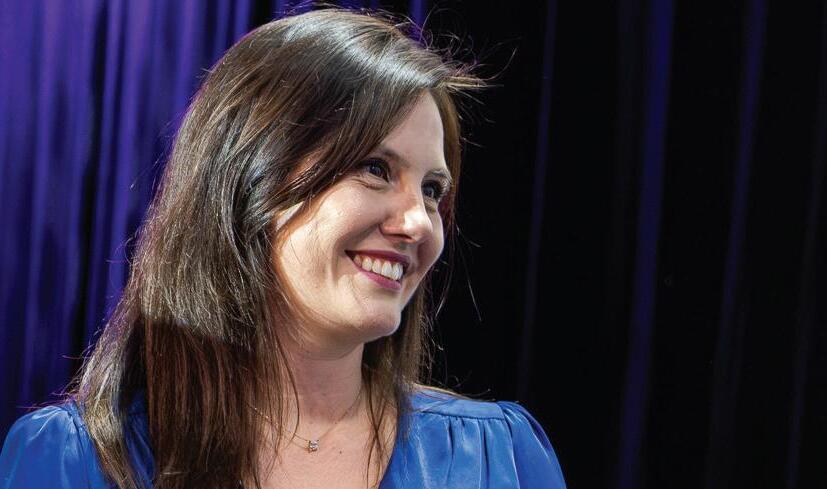
As summer approaches, it’s time to make the most of this period to gain inspiration, enhance skills, and expand your professional network.
On June 6th 2024, we invite CEOs and entrepreneurs, or equivalent position, of member companies to the CEOs- and Entrepreneurs-Only Cocktail (Summer Edition) at the Luxembourg residence of the ambassador of the Kingdom of the Netherlands. This exclusive event offers a unique opportunity to network and forge new business connections in a conducive environment with some of the country’s top decision makers.
On June 18th, delve into the prospects of the Luxembourg private equity sector at the 10×6 Private Equity Outlook event. With a thriving digital environment, expanding cross-border opportunities, and growing investor demand, Luxembourg is positioned as a prime location for successful investments.
Then, on July 9th, explore cutting-edge strategies for talent acquisition and management at the 10x6 Talents. Prioritize transparency, professional growth, mobility, well-being, onboarding, tailored training, and recognition.
You can also explore our training offerings within the Academy, designed to meet your upskilling, professional, and personal development needs.
We look forward to seeing you at our events.
Michel Grevesse-Sovet Director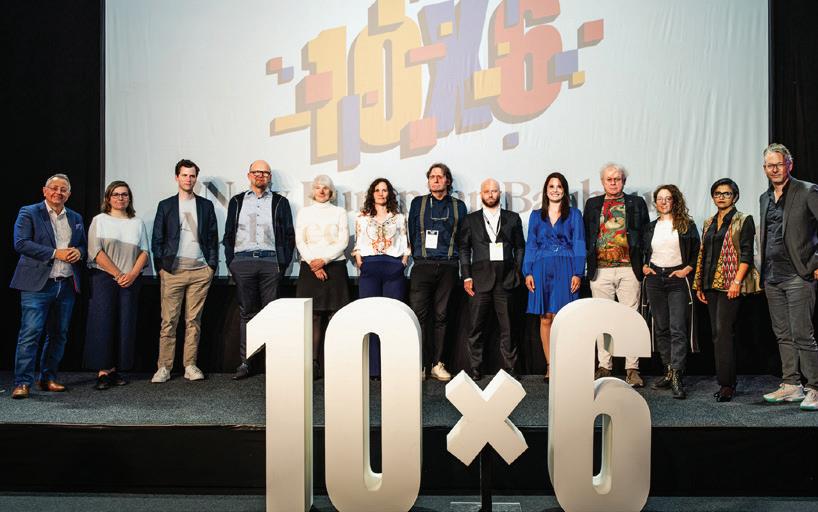
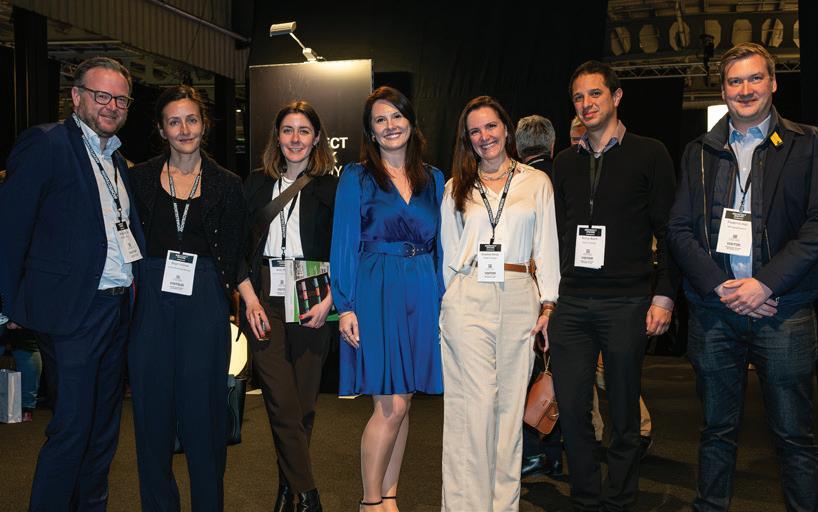
3
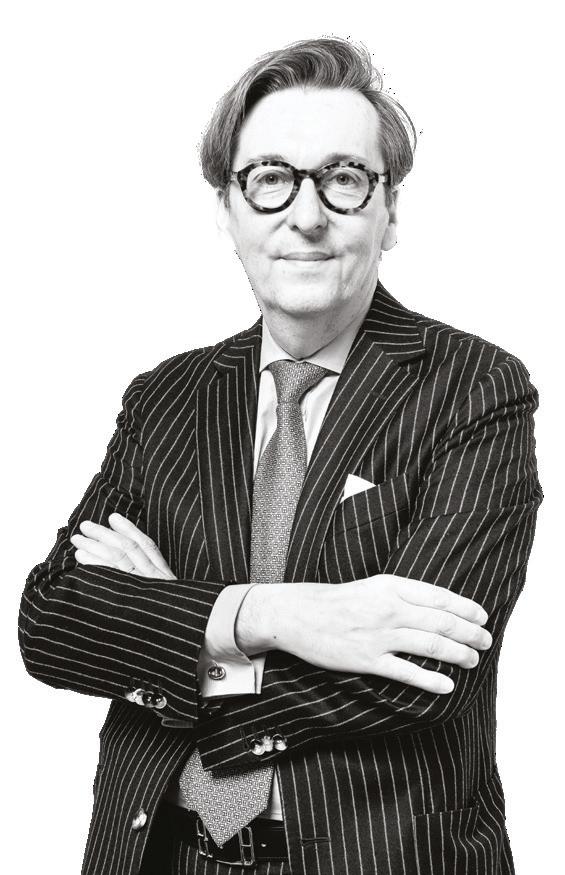
“The N.E.B. initiative presents a transformative definition of beauty”- Sahar Azari (Saharchitects)


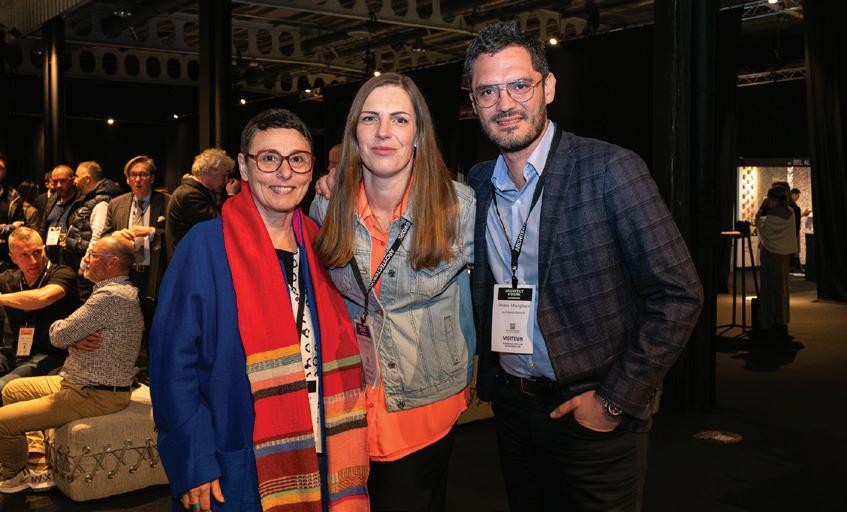
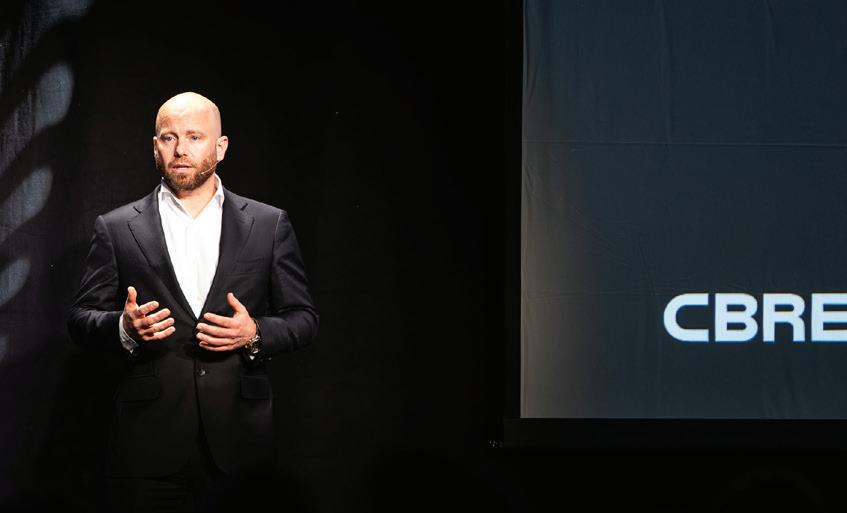
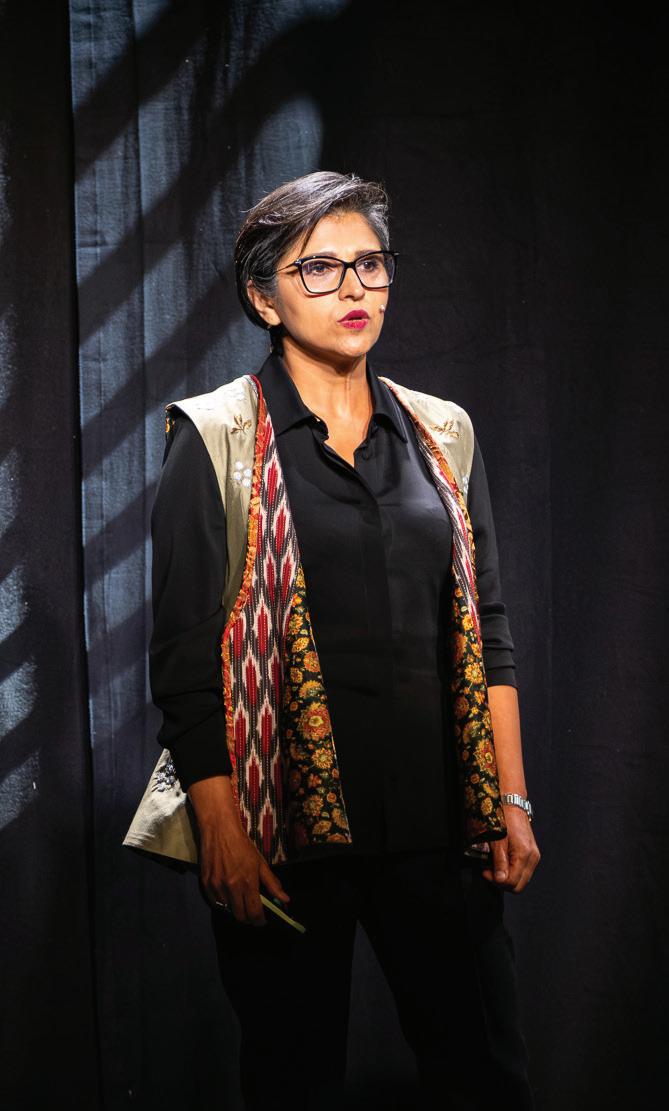
The Club in a nutshell

1,700

The number of member companies that make up Luxembourg’s premier Business Club.


1 John Baker (Baker Inc.), Soraya Doumit (JLL) and Naouelle Tir (Prolingua).
2 Eric Schanck (Landimmo) and Marie Lammar (Decker, Lammar & Associés).
3 Maximilien Ast, Birgit Kirchnet, Anaïs Morel, Marielle Ferreira Silva, Graziela Bordin, Ronny Besch (Drees & Sommer Luxembourg) and Frederick Hall (SYNC).
4 Maria Spada, Marta Domaradzka (Pana-c architecture & urbanisme) and Alvaro Marigliani (BFF).

22,000
The number of active members in the Paperjam+Delano Business Club community with whom you’ll have the opportunity to interact.

100

The number of events to choose from every year, where members can draw inspiration either from on-stage presentations, or through direct contact with other members.

200

The number of training modules accessible each year to all employees of member companies.

The Paperjam+Delano Business Club is open to all businesses, Luxembourgish institutions, and those from the Greater Region, regardless of their sector or their size.


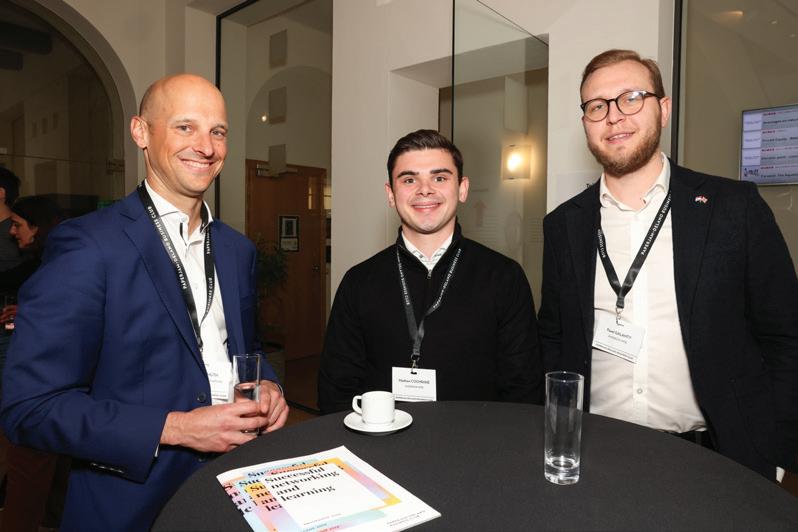
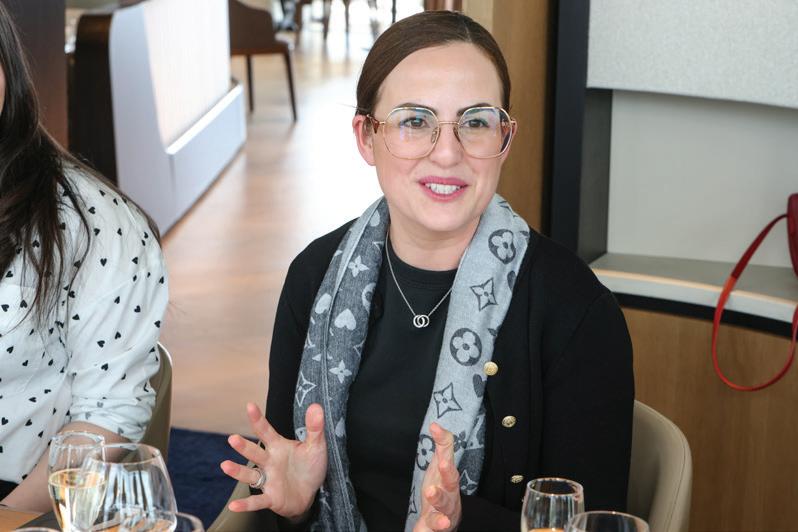
1 Jean Demuth (Banque de Luxembourg), Matthew Cochrane and Pawel Galanty (Anderson Wise).
2 Jiaqin Xiao (Carraro Finance) and Manel Almansba (Nomura Bank Luxembourg).
3 John Penning (Luxempart).
4 Tim Kesseler (advisor to H.R.H. the Crown Prince).
5 Kimberly Cardoso (Banco Bradesco Europa).
6 Michel Grevesse-Sovet (Paperjam+Delano Business Club), Daniel Eischen (Interact), Marie Lucas (M3 Architectes), Gautier Bataille (Degroof Petercam), Alexandra Kieffer (Légère Hôtel Luxembourg), Laurent Saeul (Minusines) and Jean-Marc Fandel (Meraki Management).

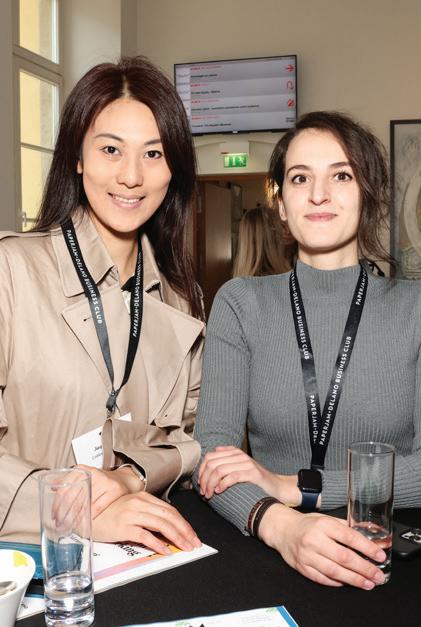
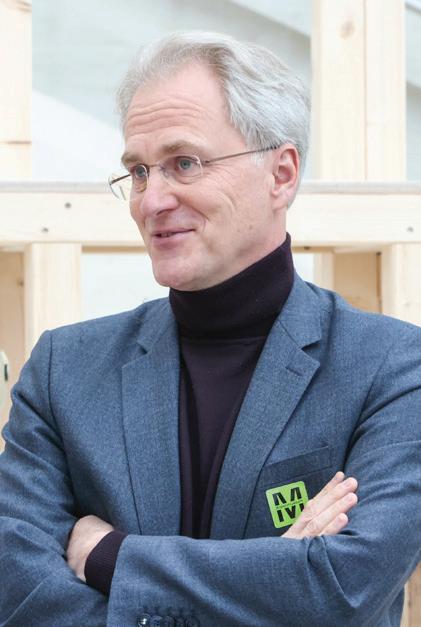
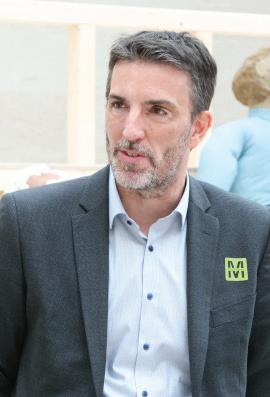
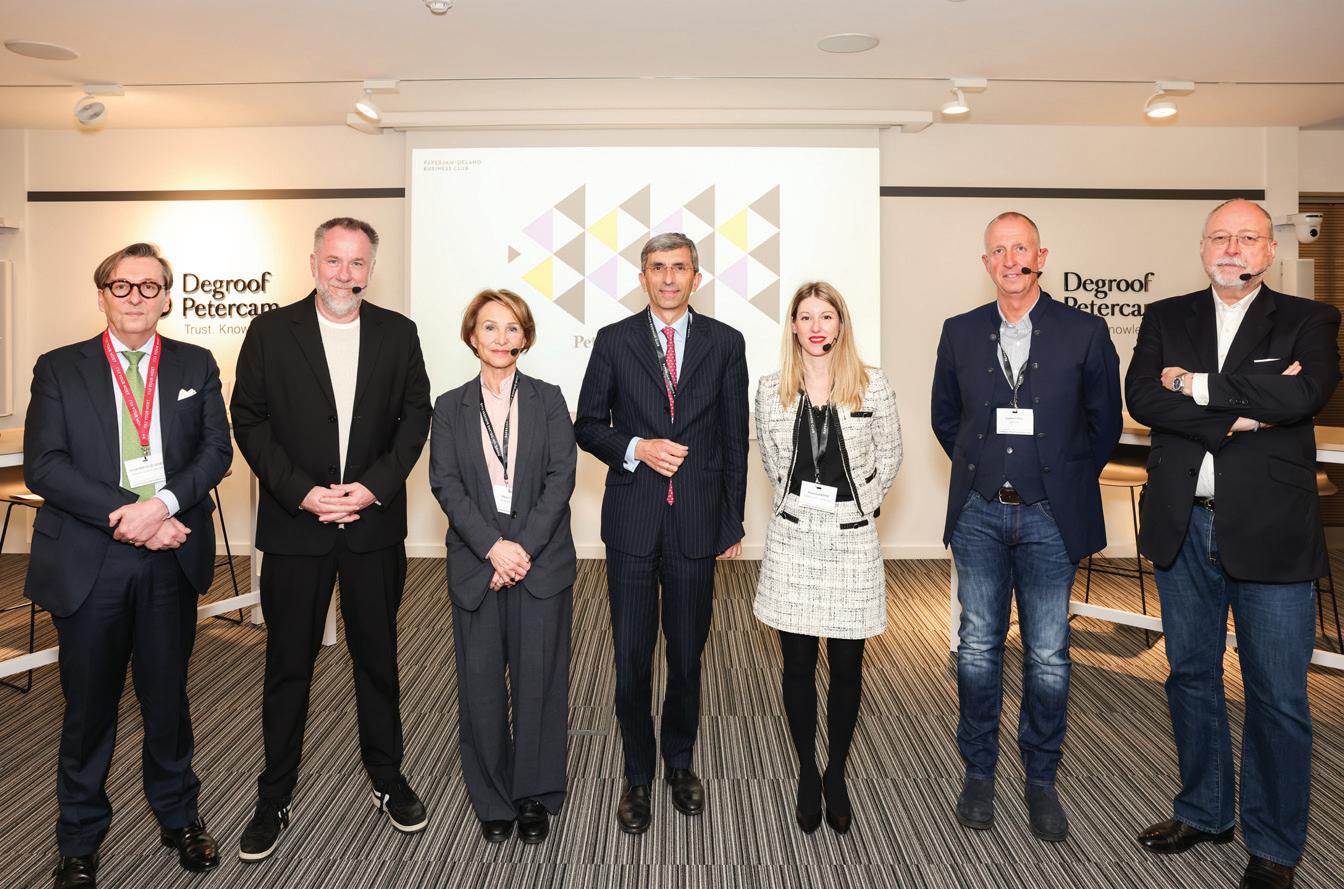
23.05 Workshops day
29.05 Webinar: La montée en compétences des collaborateurs
05.06 Webinar: Intelligence émotionnelle
11.06 Webinar:
Scale up: exécutez sans drame, sans vous épuiser
Advanced training: Booster son middle management (6/6)
Advanced training: Développer et conduire une stratégie RH (3/4)
Advanced training: Développer et conduire une stratégie RH
18.06 Workshops day
19.06 Webinar: Due diligence
23.05 Let’s Taste: Flavors of Rosés: time for conviviality
24.05
Thank-God-It’s-Friday: HR Lunch
Thank-God-It’s-Friday: Marketing Lunch
Thank-God-It’s-Friday: Under 50 Lunch 20.06 Let’s Taste: Que calor! Tastes (and sounds) of Latin America
Thank-God-It’s-Friday: Leadership Lunch
Thank-God-It’s-Friday: HR Lunch
Carousel Lunch
Thank-God-It’s-Friday: Marketing Lunch
06.06
Residence of the Ambassador of the Netherlands’
General partners: ING Luxembourg, bingo.lu
The summer version of the CEOs- and Entrepreneurs-Only Cocktail event is an exclusive garden party. Every year, over 500 business leaders gather at a charming venue to mingle and build valuable working relationships.
Kinepolis Kirchberg
General partner : BNP Paribas
With the participation of: Alain Kinsch (Luxembourg Stock Exchange), Giulano Bidoli (BC Partners), Helene Noublanche (Coller Capital), Yannick Oswald (Mangrove Capital Partners), Clarisse Leduc (European Investment Fund), Peter Brown (Aztec Financial Services), Alain Rodermann (Expon Capital), Martine Kerschenmeyer (Advent International), Yoni Jennes (BlackRock) and Solenne Niedercorn-Desouches (Gokyo).
Kinepolis Kirchberg
General partners: deel, Luxembourg For Finance, Prolingua


With the participation of: Marc Blau (State Centre for Human Resources and Organisation Management), Chloé Philibert (Arendt), Laurent Peusch (ADEM), Laurence Fransen (Bâloise), Zach Traer (Talkwalker), Laurent Derkum (Raiffeisen), Yoliana Bayona (PwC), Daniel Meyer (Fujitsu), Alexandre Massol (Stëftung Hëllef Doheem) and Nathalie Thunus (SFC Conseil).
Editorial
Phone (+352) 20 70 70-150
E-mail news@delano.lu
EDITOR-IN-CHIEF
Aaron Grunwald (-152)
ASSISTANT EDITOR
Lydia Linna (-165)
JOURNALISTS
Sylvain Barrette (-153)
Kangkan Halder (-150)
Jeffrey Palms (-156)
EDITORIAL INTERN
Christopher Stoneman
PHOTOGRAPHY
Guy Wolff
Marie Russillo
To contact staff members
SEND AN E-MAIL TO firstname.lastname@maisonmoderne.com WRITE TO PO Box 728, L-2017 Luxembourg
OFFICES
10 rue des Gaulois, Luxembourg-Bonnevoie 10 avenue de la Liberté, Luxembourg-Gare
PUBLISHING DIRECTOR
Mike Koedinger
EDITOR-IN-CHIEF
Aaron Grunwald
COVER
Serge Ricco
Phone (+352) 20 70 70-300 E-mail brandstudio@maisonmoderne.com
DIRECTOR, BUSINESS DEVELOPMENT
Pierre-Alexis Quirin
HEAD OF MARKETS & BUSINESS
Florence Christmann
SENIOR CLIENT MEDIA OPERATIONS OFFICER
Céline Bayle (-303)
MEDIA ADVISORS
Aissa Abeid (-315)
Laurie Cros (-310)
Géraldine Gij (-307)
Mélanie Juredieu (-317)
Marine Kieffer (-308)
Marie Langlais (-325)
Jean-Claude Negri (-314)
Aline Puget (-323)
HEAD OF CLUB SALES
Virginie Laurent (-322)
CLUB SALES
Léo Santoro (-335)
Mikaël Spezzacatena (-326)
DIRECTOR, COMMUNICATIONS AGENCY
Stéphanie Schleich
STUDIO MANAGER
Sandrine Papadopoulos
LAYOUT
Sophie Melai (coordination), Stéphane Cognioul, Juliette Noblot, Louna Simon, Marielle Voisin
Publisher
www.maisonmoderne.com
Phone (+352) 20 70 70 E-mail publishing@maisonmoderne.com
CHAIRMAN
Hugues Delcourt
FOUNDER, CEO AND PUBLISHING DIRECTOR
Mike Koedinger
COO
Etienne Velasti
DIRECTOR, BUSINESS DEVELOPMENT
Pierre-Alexis Quirin
DIRECTOR, BUSINESS CLUB
Michel Grevesse-Sovet
HEAD OF IT
Antonello Di Pinto
HR DIRECTOR
Nathalie Bourdeau
ADMINISTRATIVE MANAGER
Sylvia Leplang
DISTRIBUTION MANAGER
Quentin Marenic
Maison Moderne is committed to reducing its ecological footprint. Delano magazine uses CO2 neutral printing, Blauer Engel recycled paper for its cover and FSC® certified sustainable paper for interior pages. Please recycle. Have you finished reading this magazine? Save it, pass it on or recycle it!
All rights reserved. Any reproduction, or translation, in whole or in part, is prohibited without the prior written consent of the publisher. © MM Publishing and Media S.A. (Luxembourg). Delano™ and Maison Moderne™ are trademarks used under licence by MM Publishing and Media S.A. ISSN 2220-5535
In accordance with article 66 of the law of 08.06.2004 on the freedom of expression in the media, the following statement is obligatory “one time per year, in the first edition distributed”. We have decided to publish it in each issue. The company that publishes Delano is directly held, by a 100% stake, by Mike Koedinger, a publisher registered in Luxembourg. He is chartered with general and daily management.

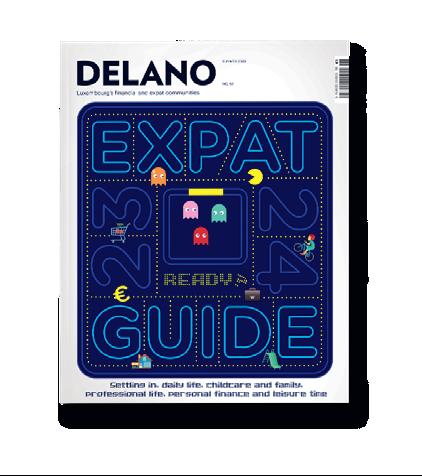
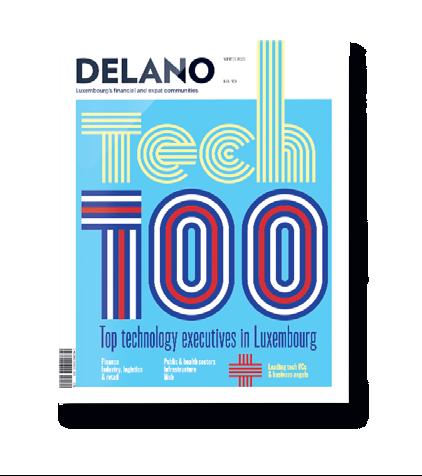









“Most of the day I’m seated at a desk and used to suffer from back pain. Daily yoga exercises improved my situation considerably. I now feel much better and healthier.”
“A bubble of serenity, suspended in a hammock, aerial yoga is a practice to challenge me physically and mentally connecting my movement to my breath.”
“Introduced to Pilates during a business meeting chat, it quickly boosted my back strength, enhanced stability, and prepped me for climbing and running.”

“I started taking jiu-jitsu lessons seven years ago because the sport reminds me of the wrestling I did in the US, and I wanted to learn a martial art. I’m now addicted.”
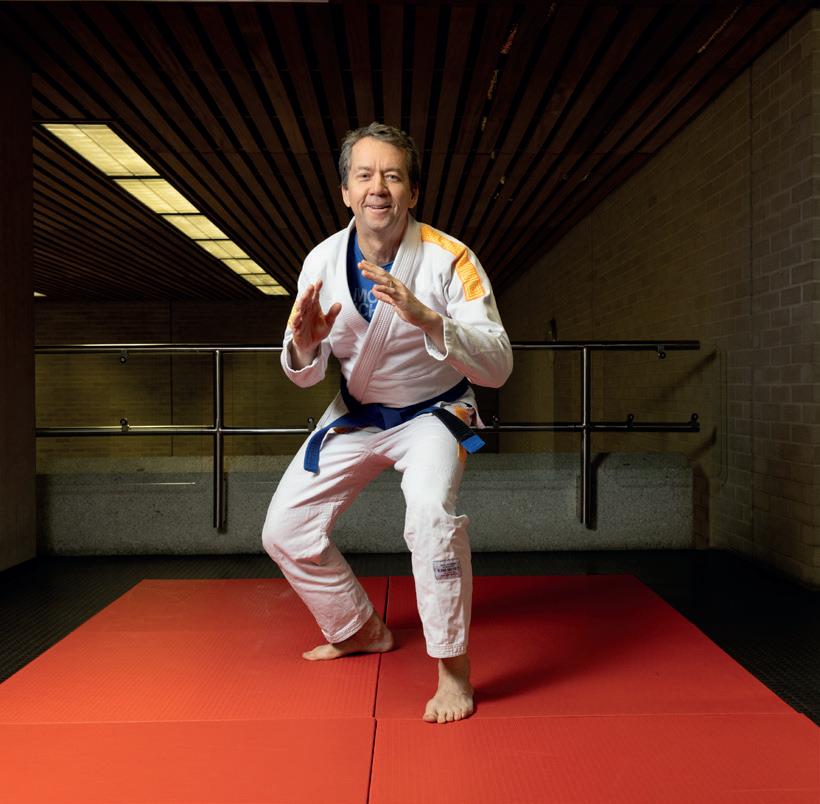





Our first commitment is to provide you with your own dedicated adviser, who will listen attentively for many years to come. Thinking and acting long term is fundamental to our vision of lasting, quality relationships. For over 100 years, our attention has been our clients’ best ally in wealth management.
Contact us on (+352) 48 14 14 or at banquedeluxembourg.com/attentive